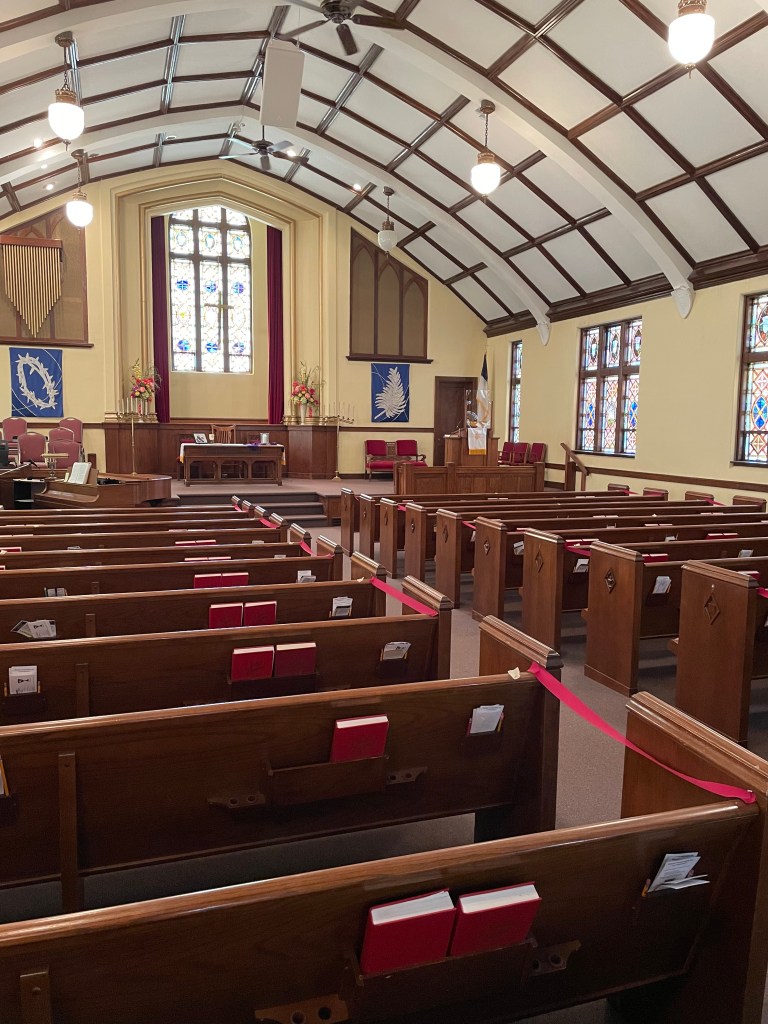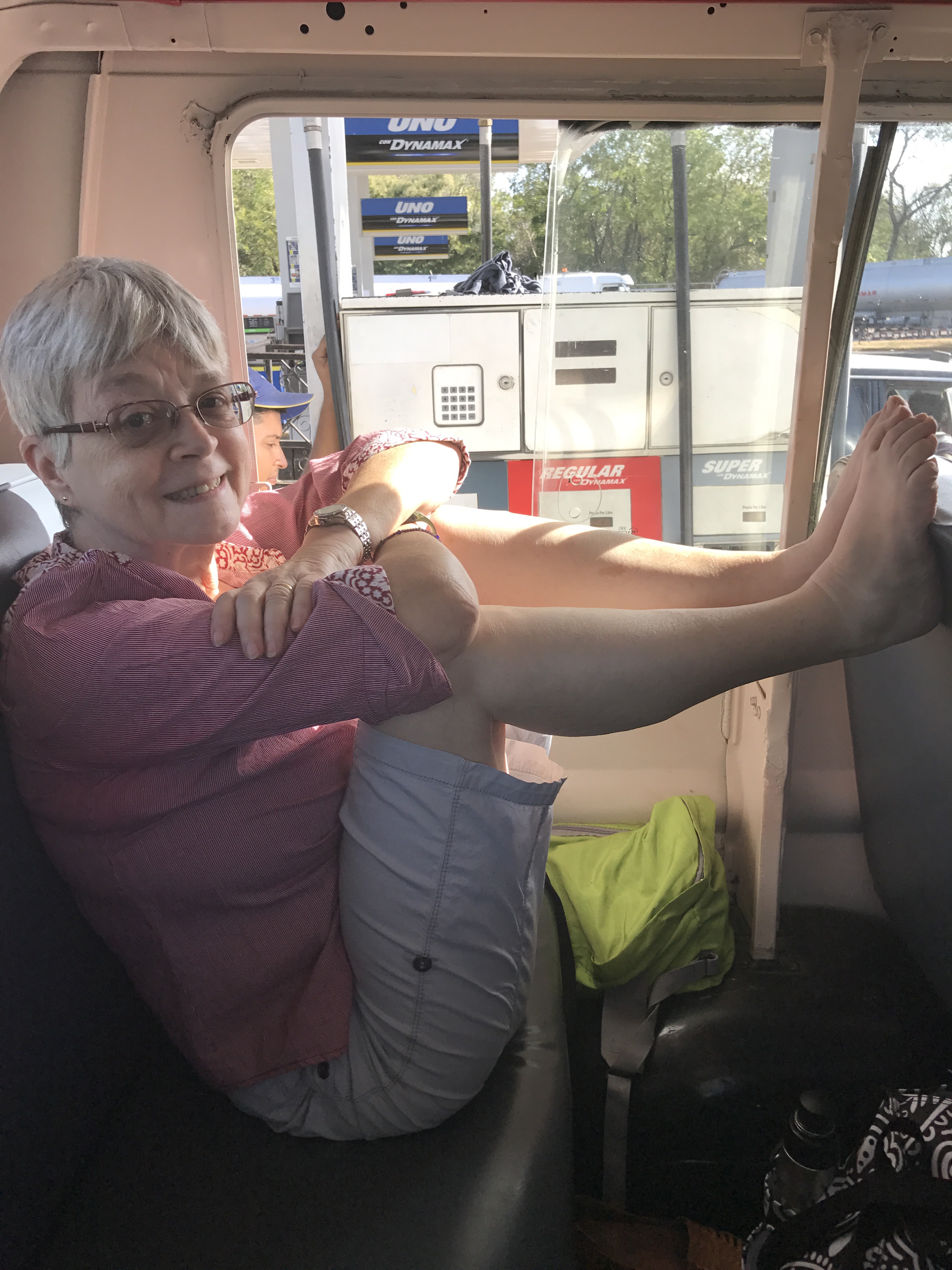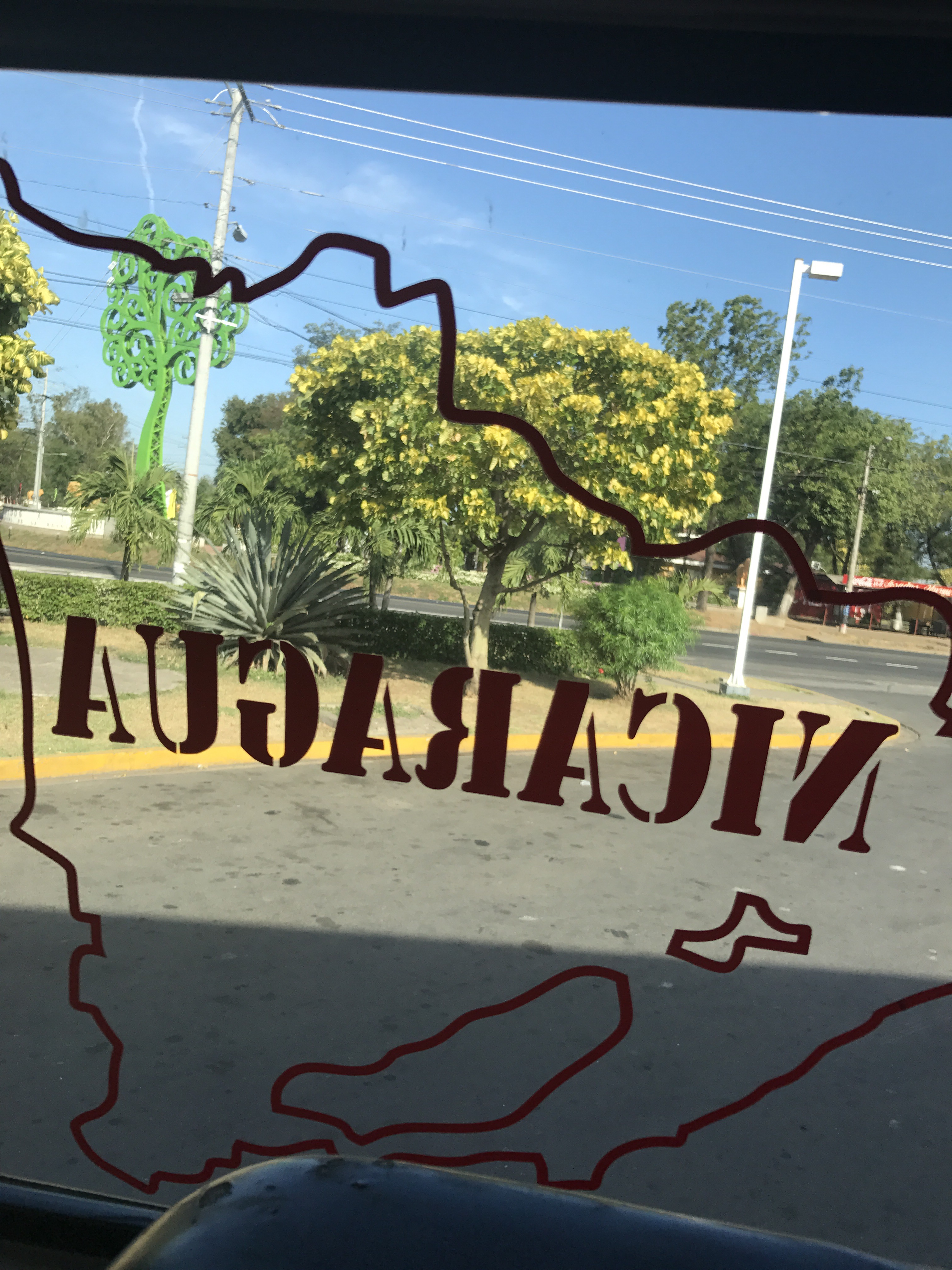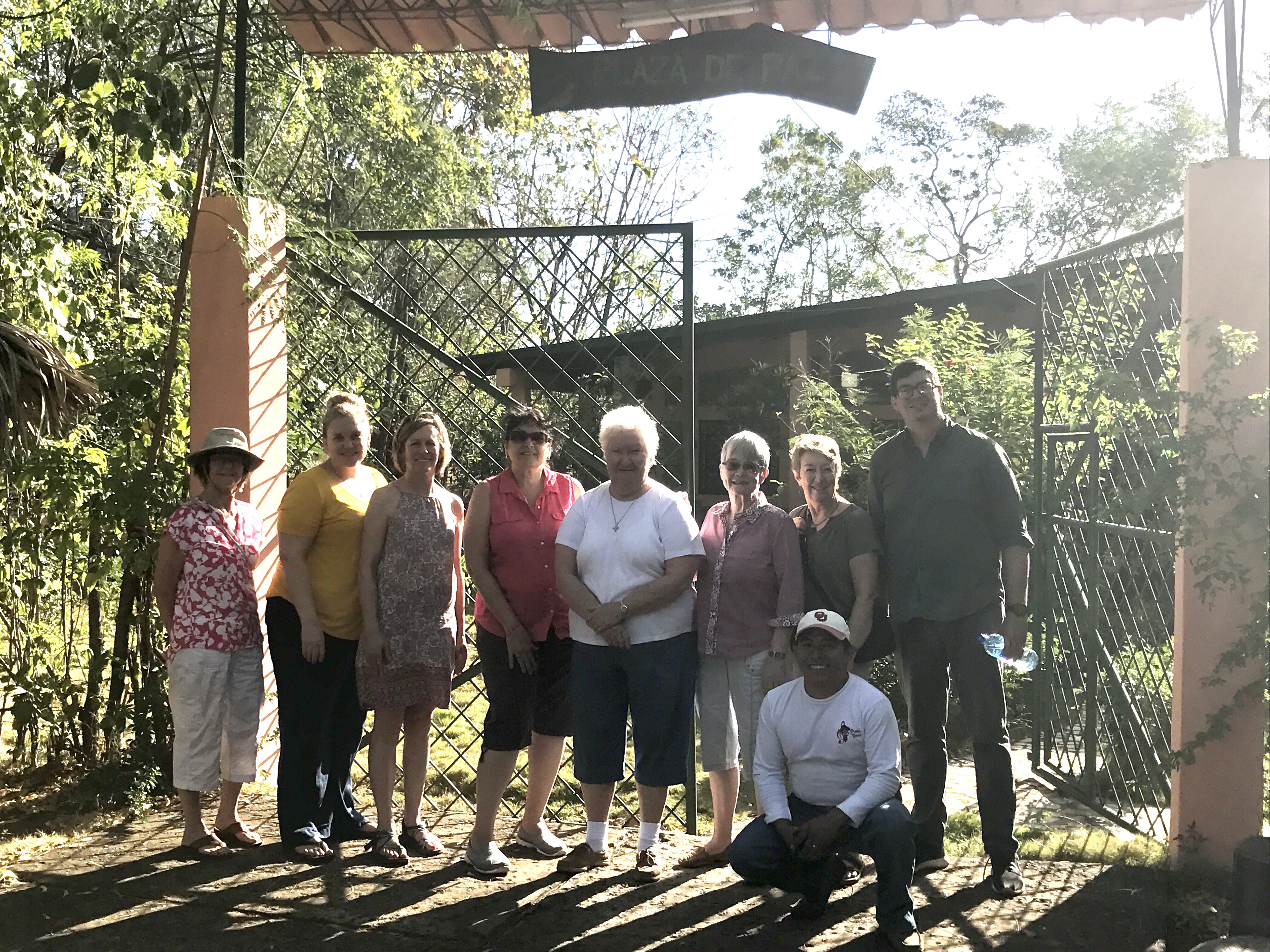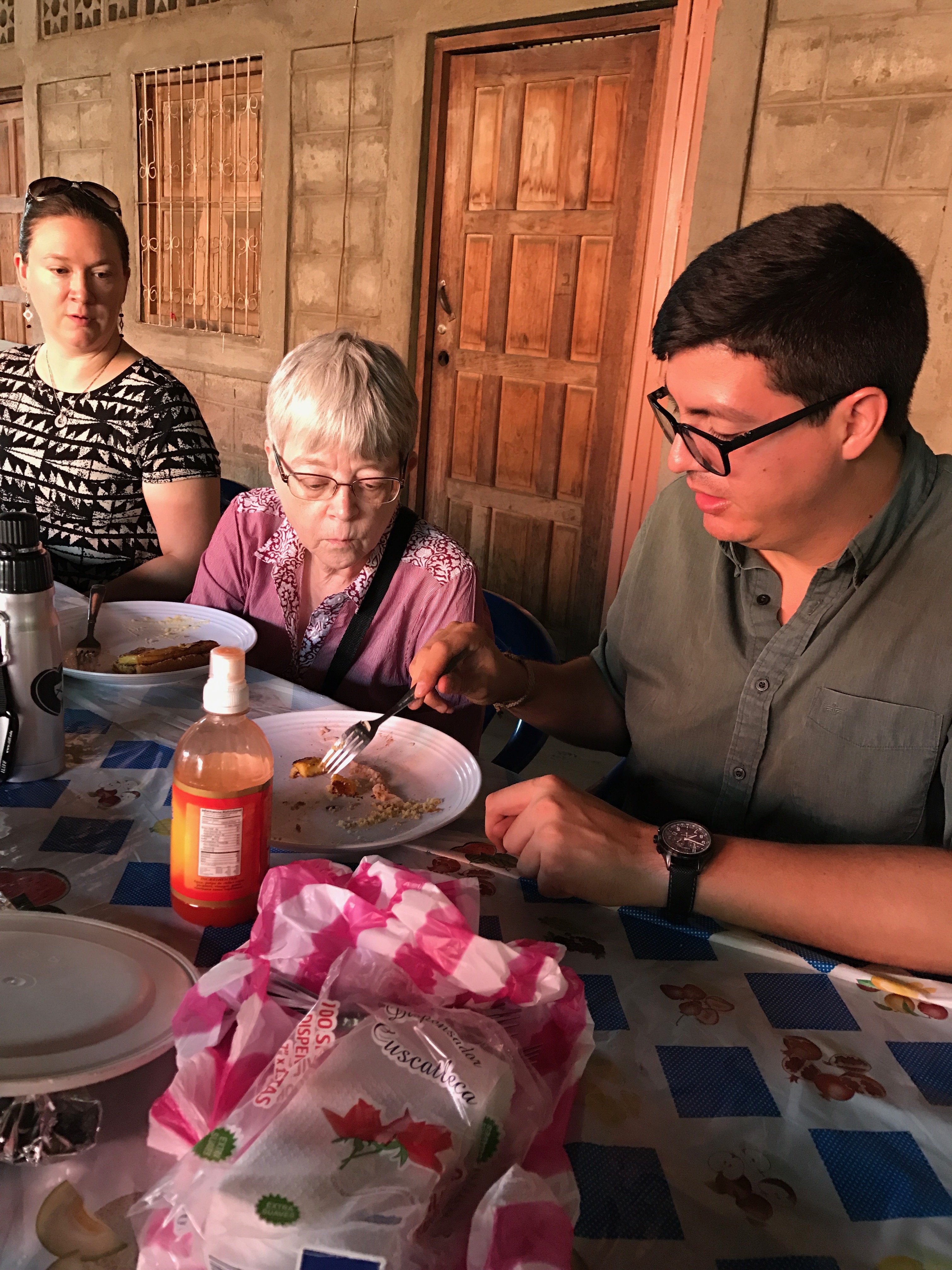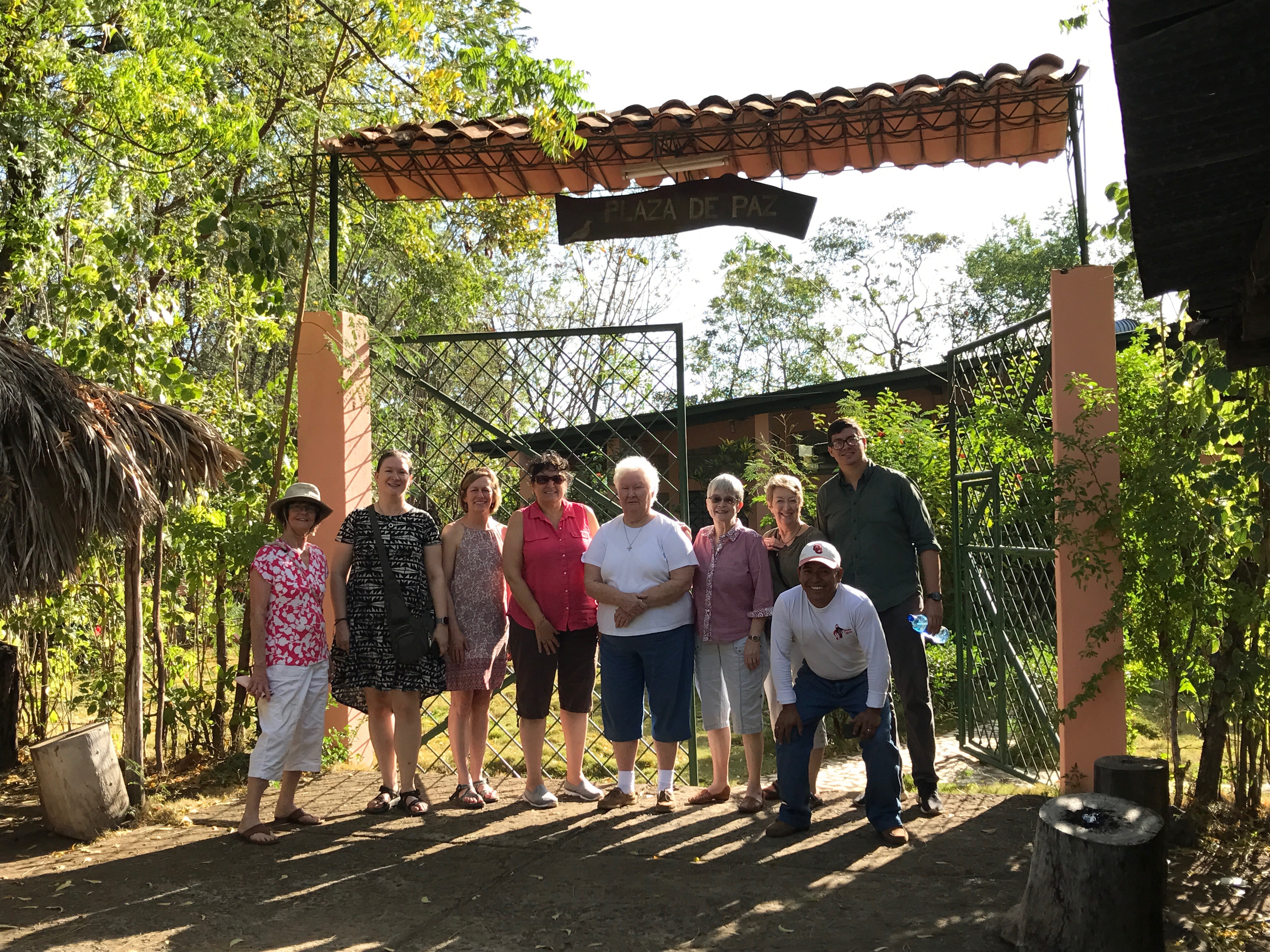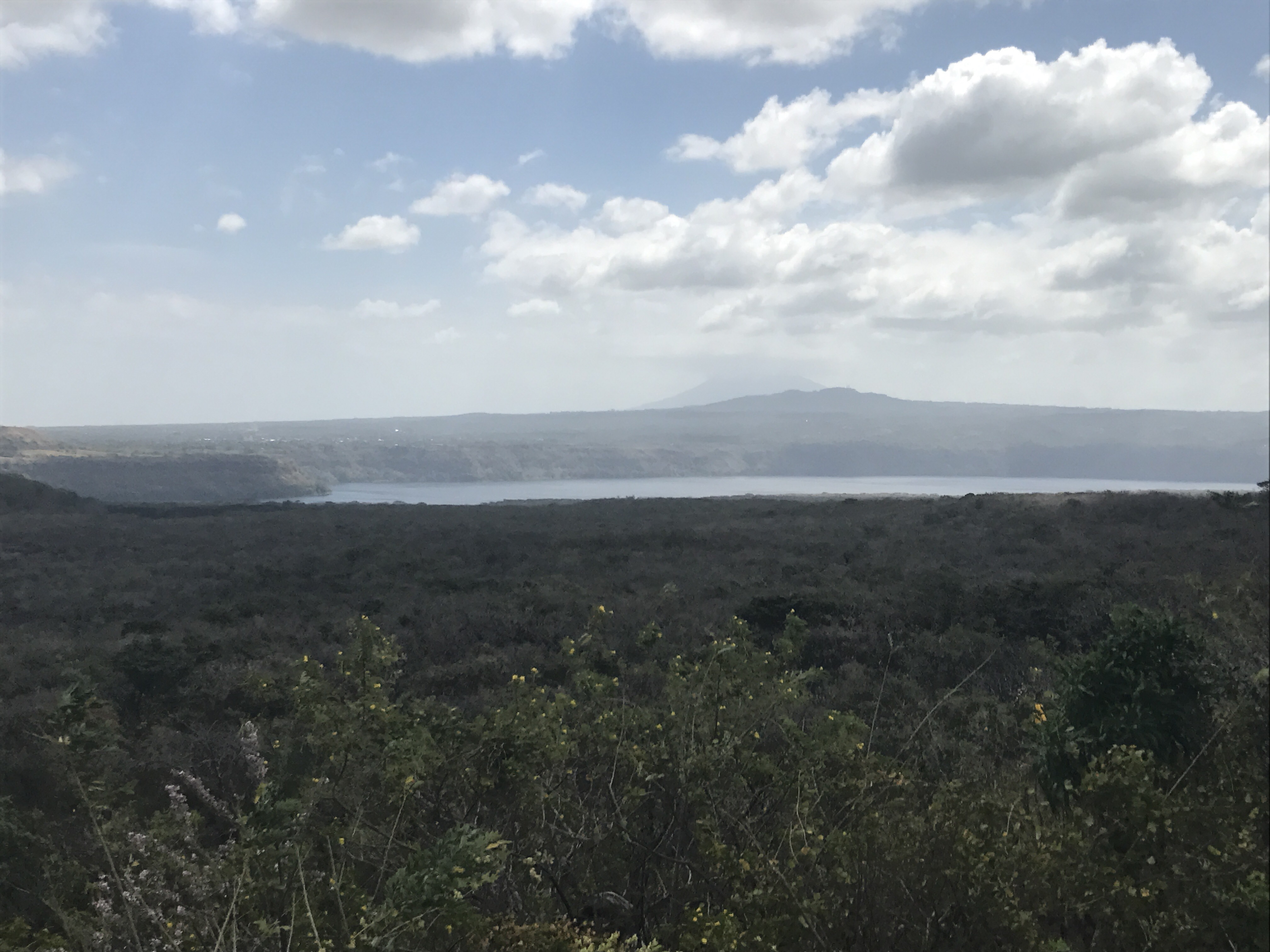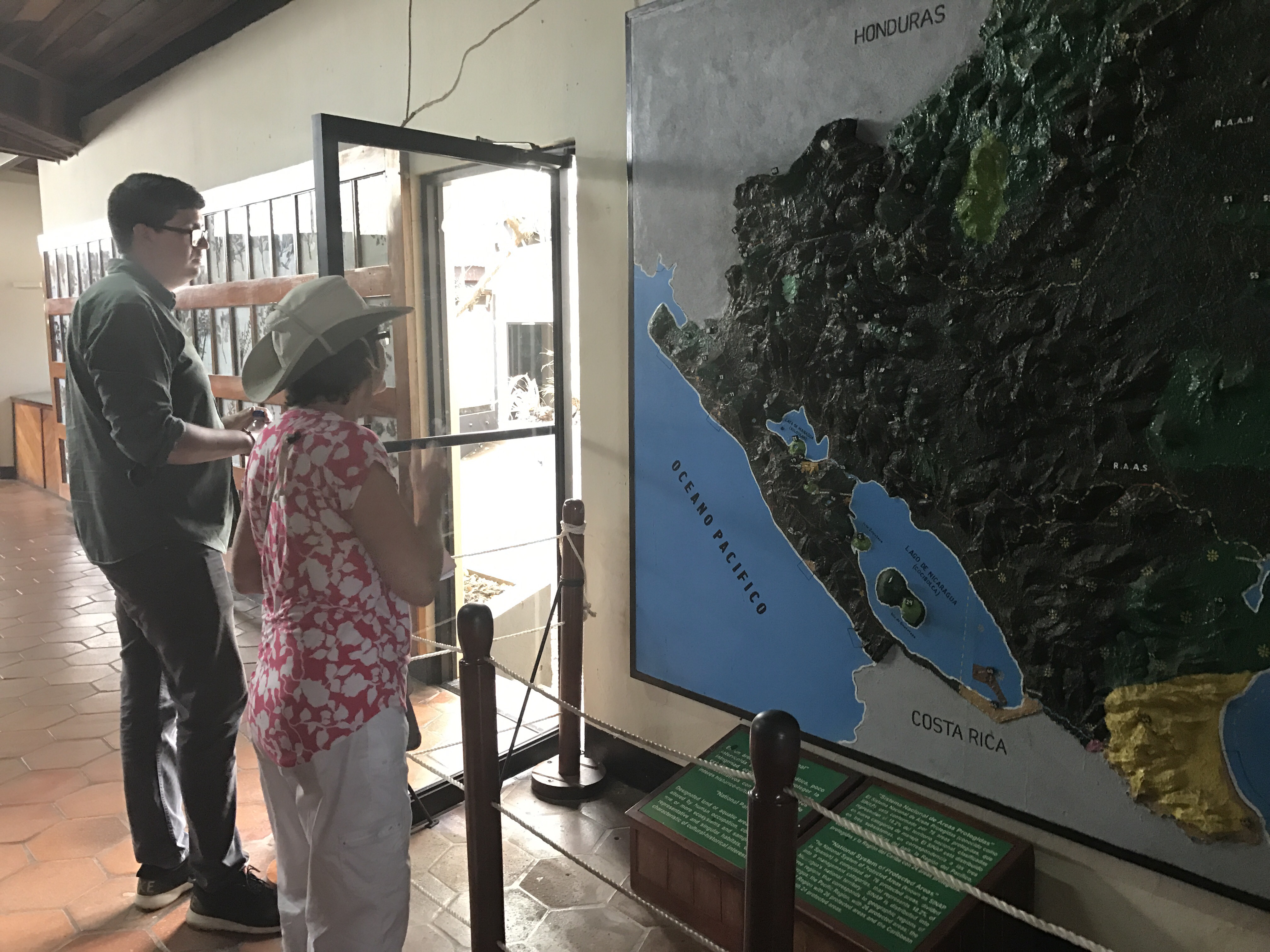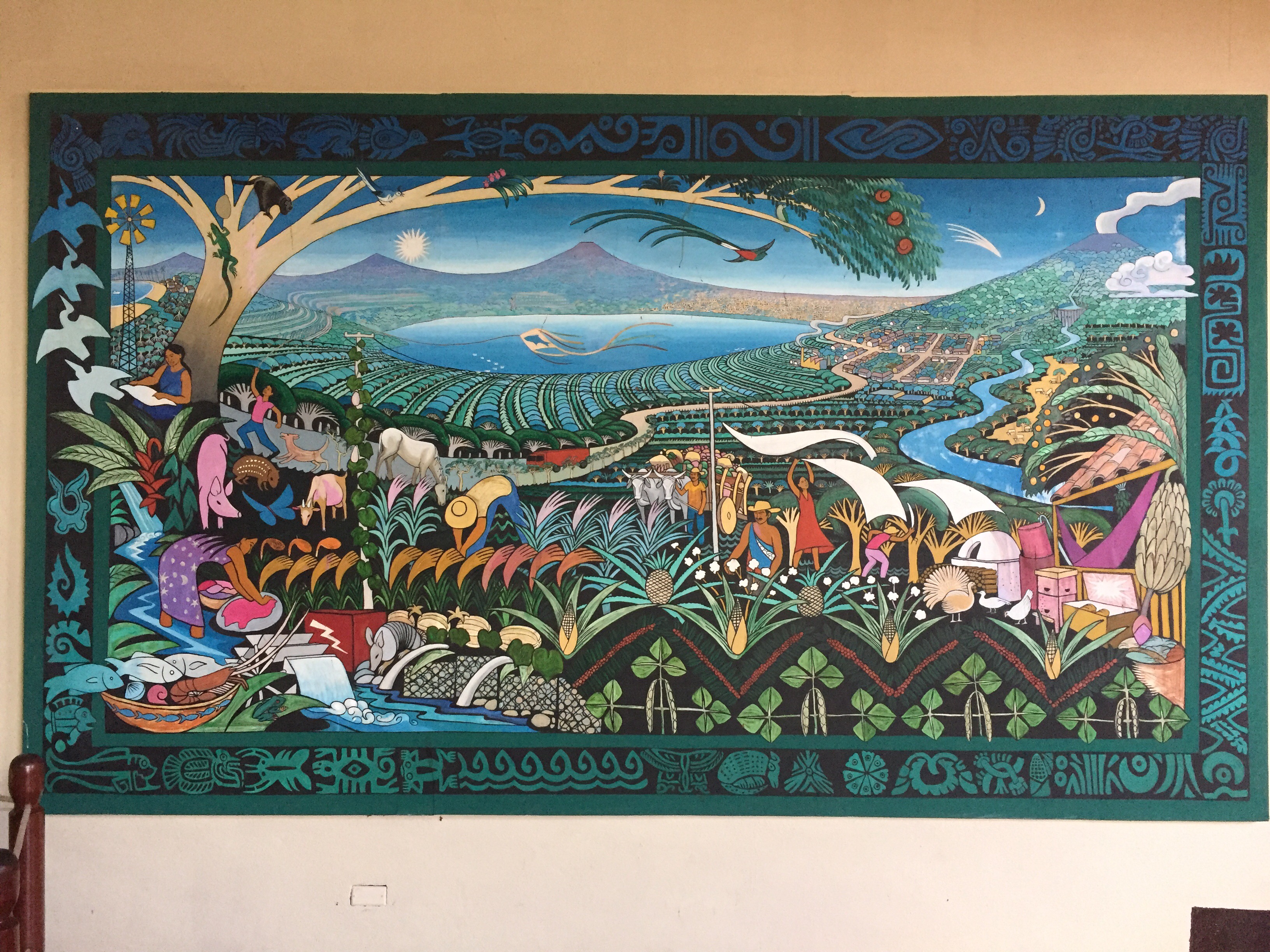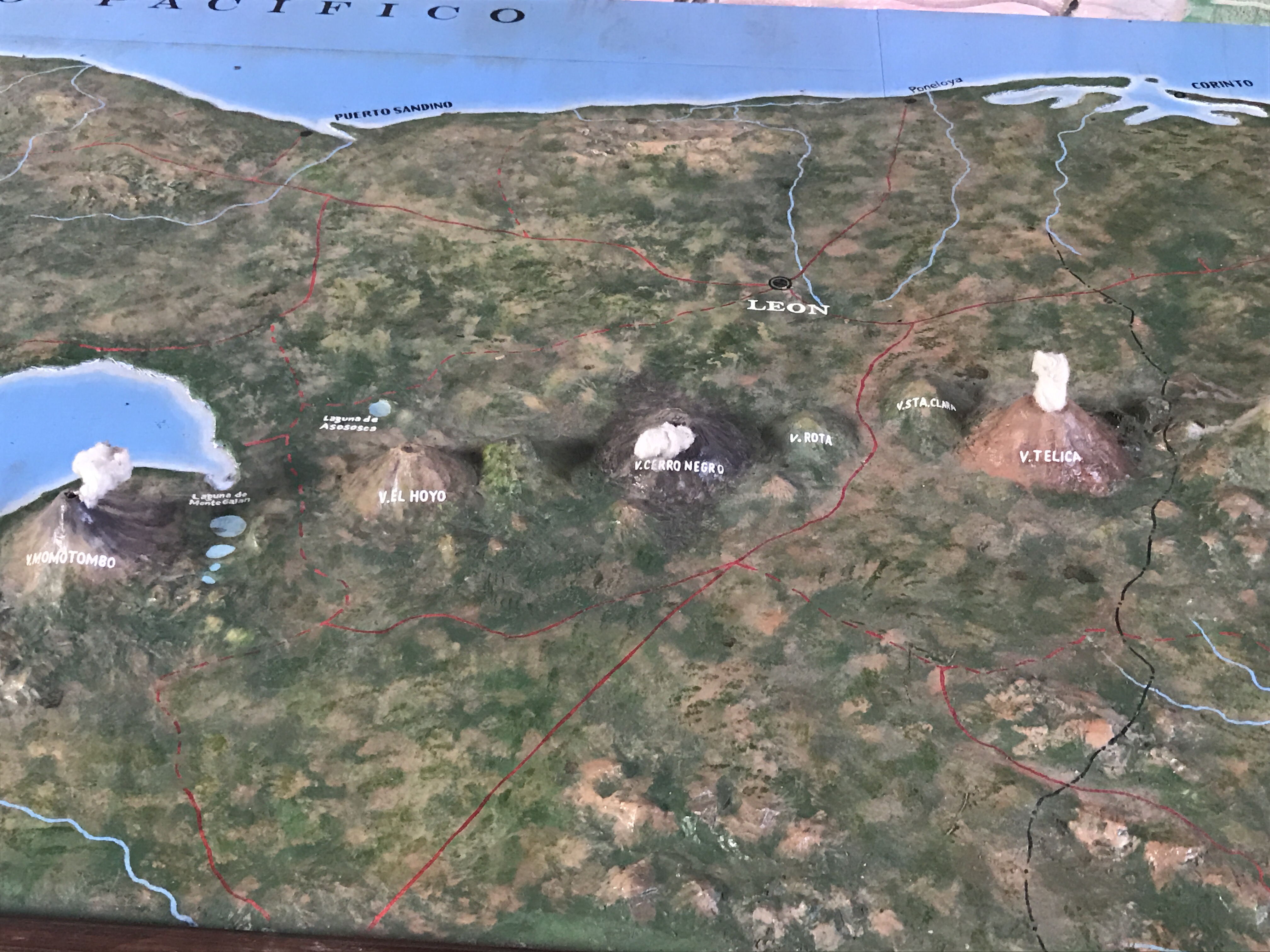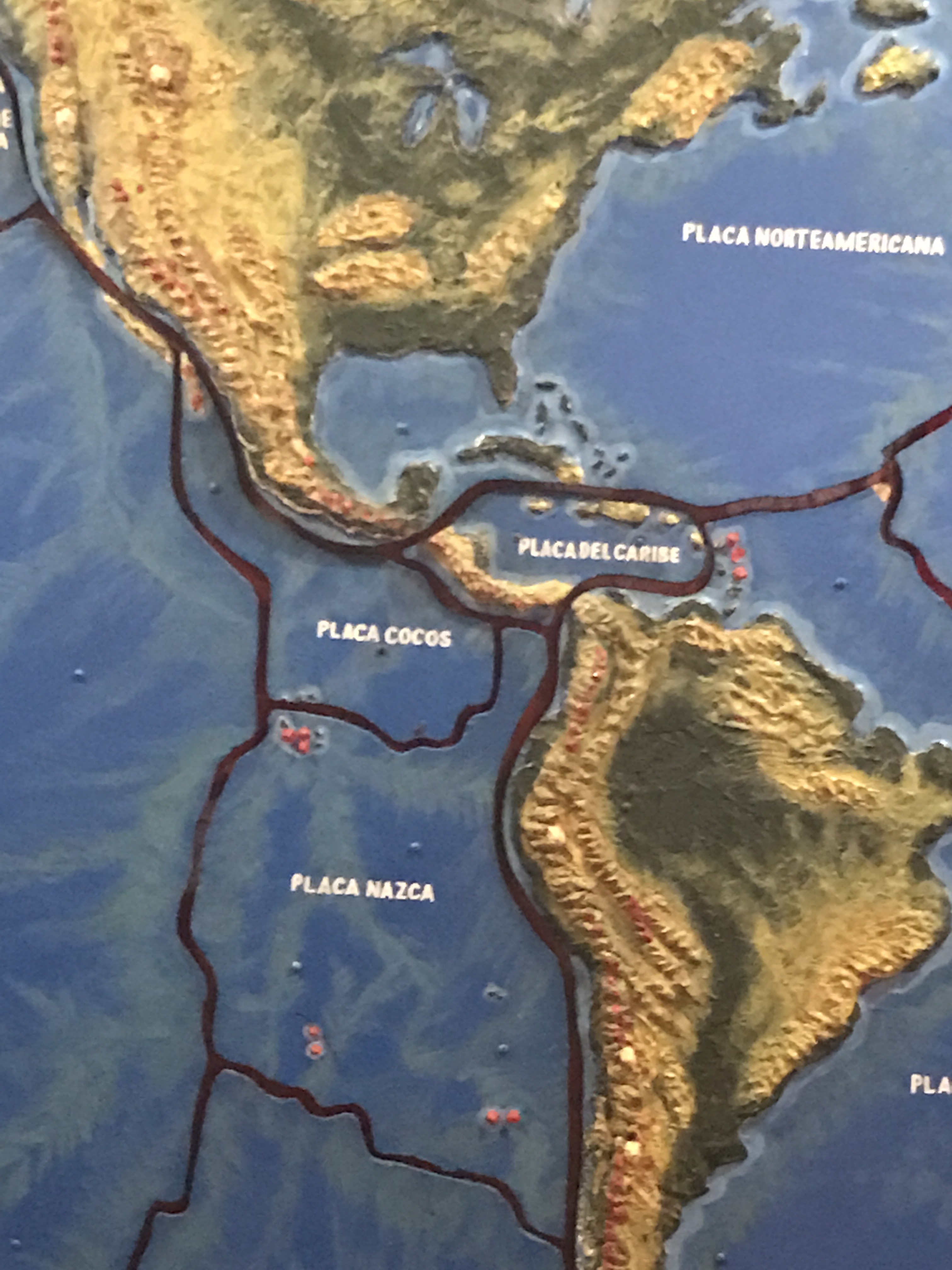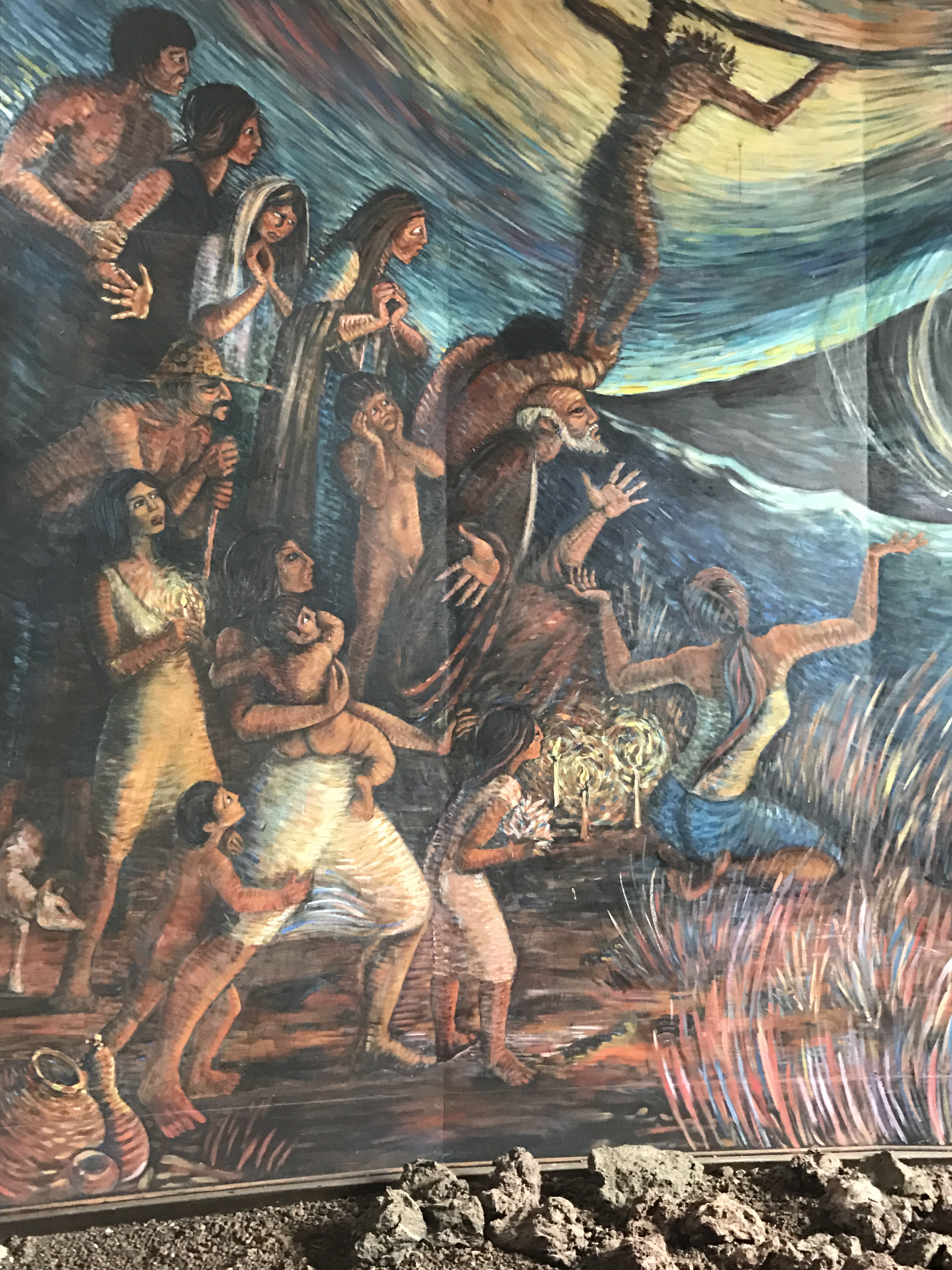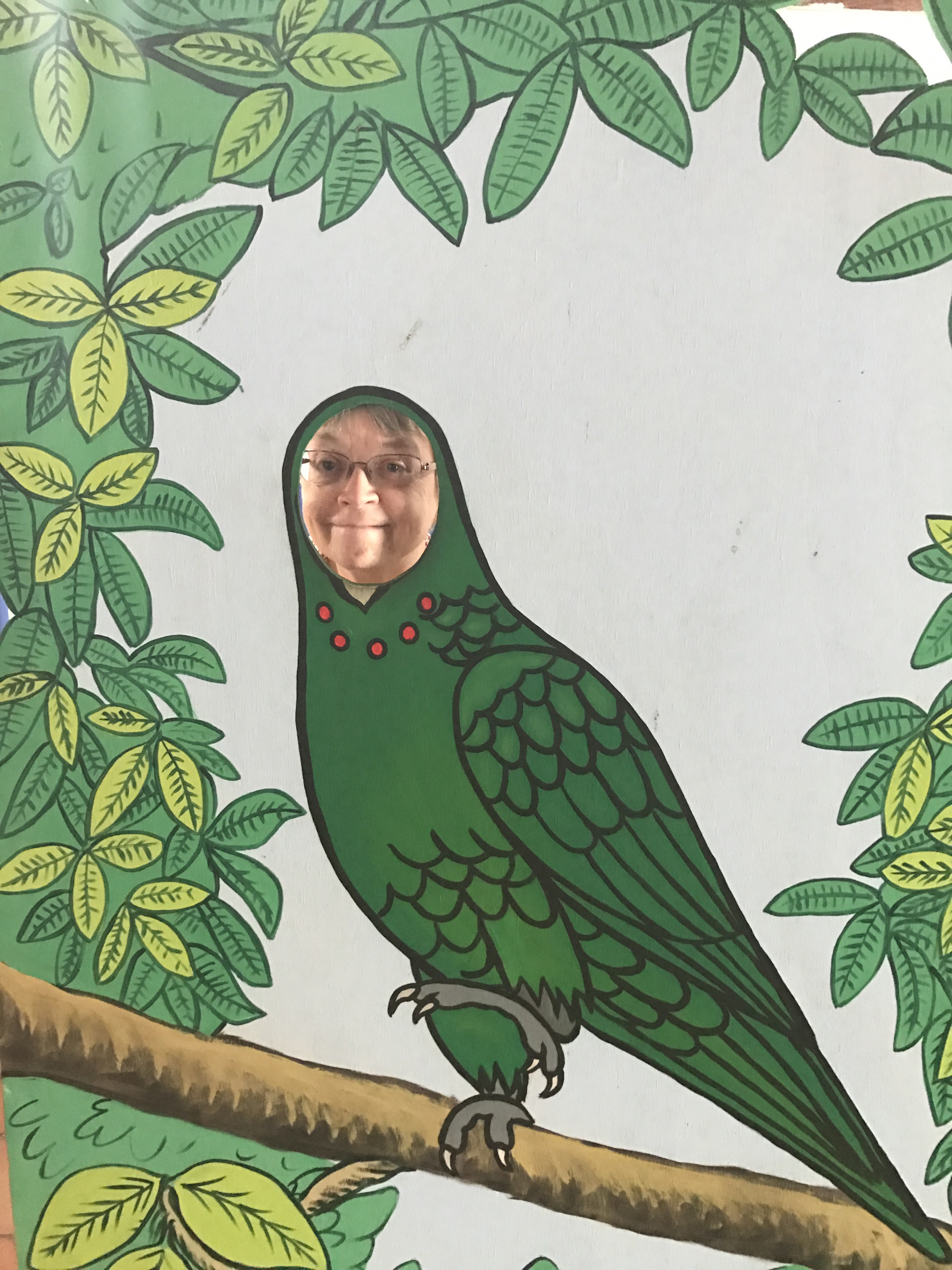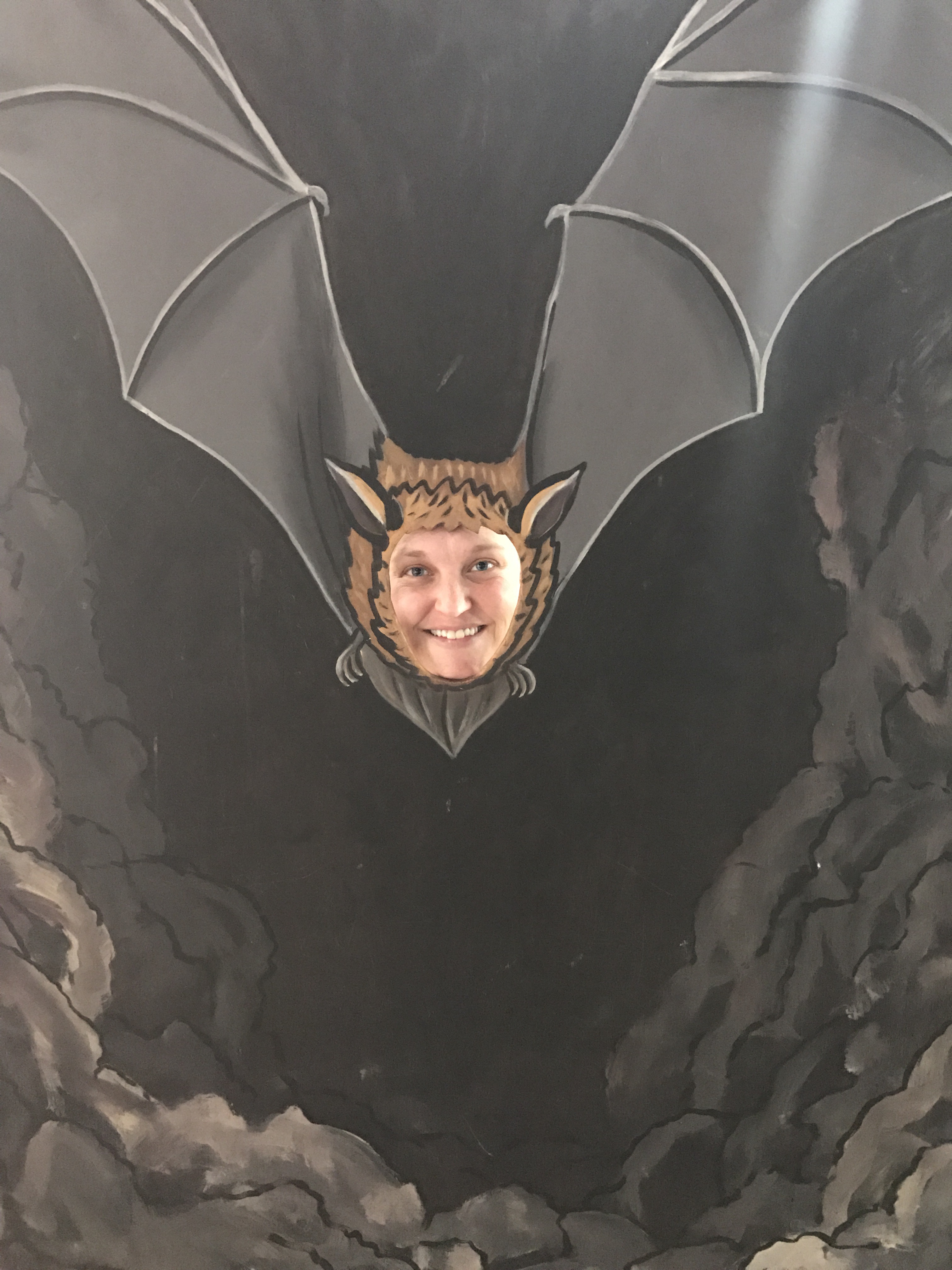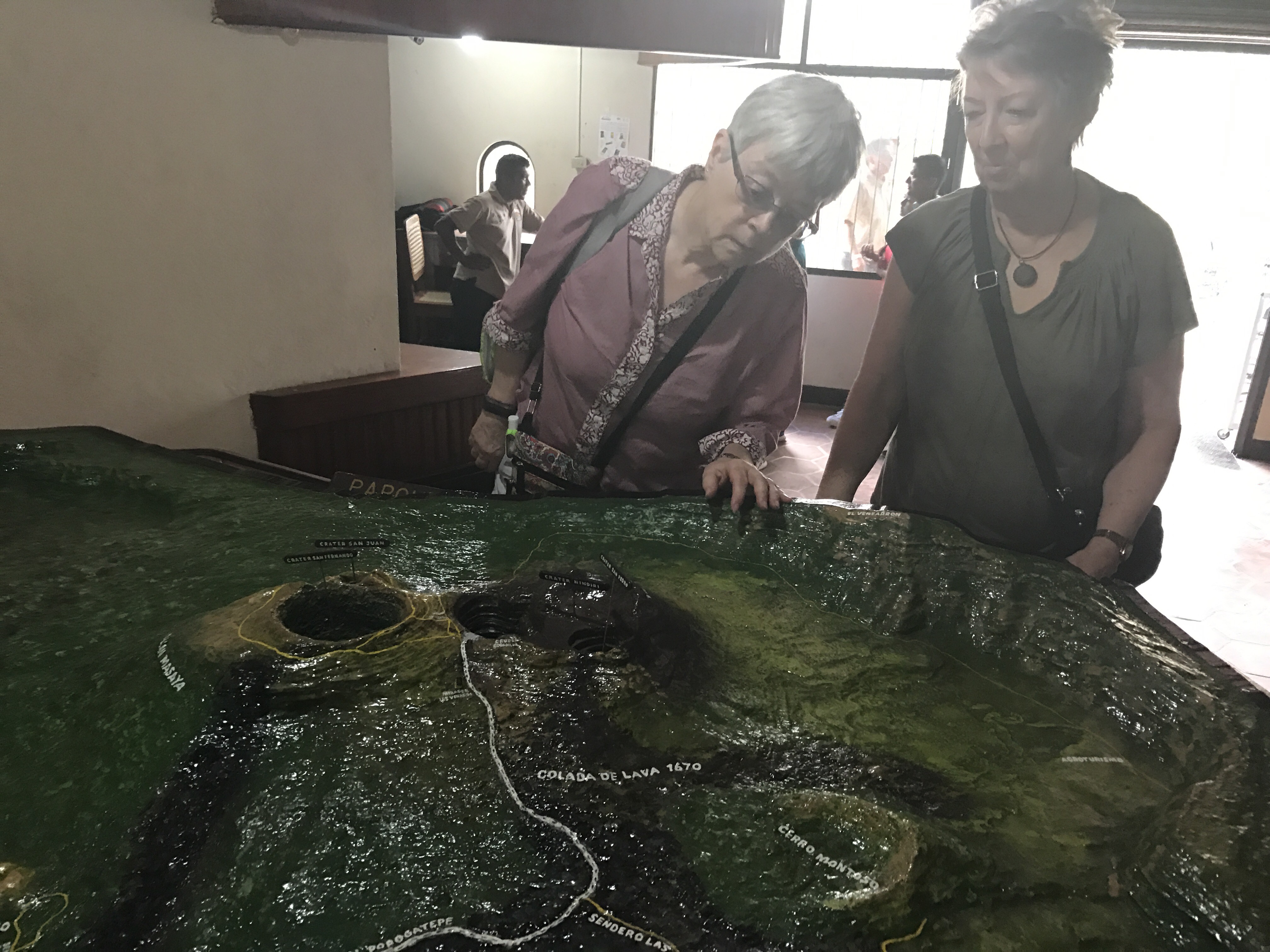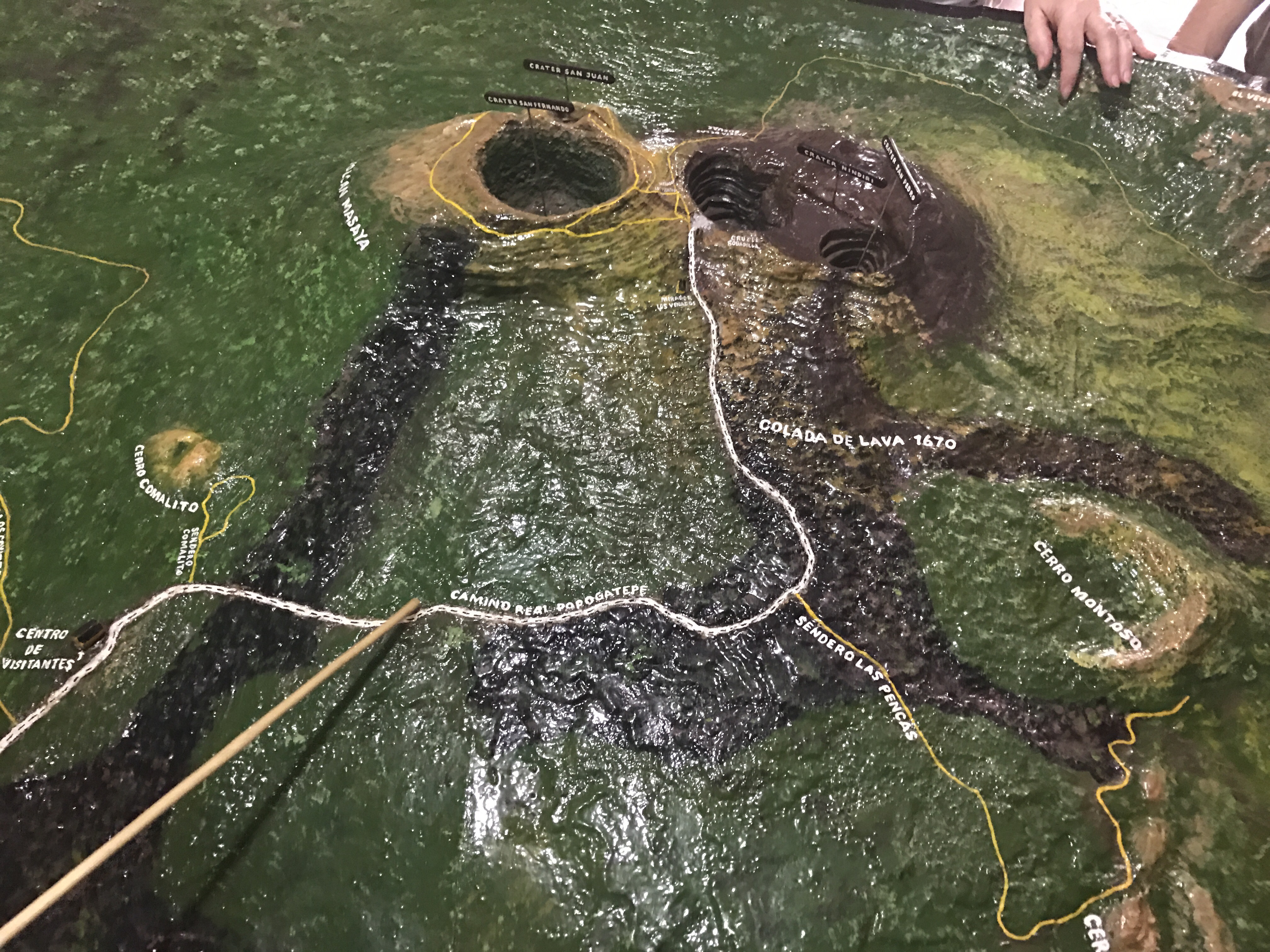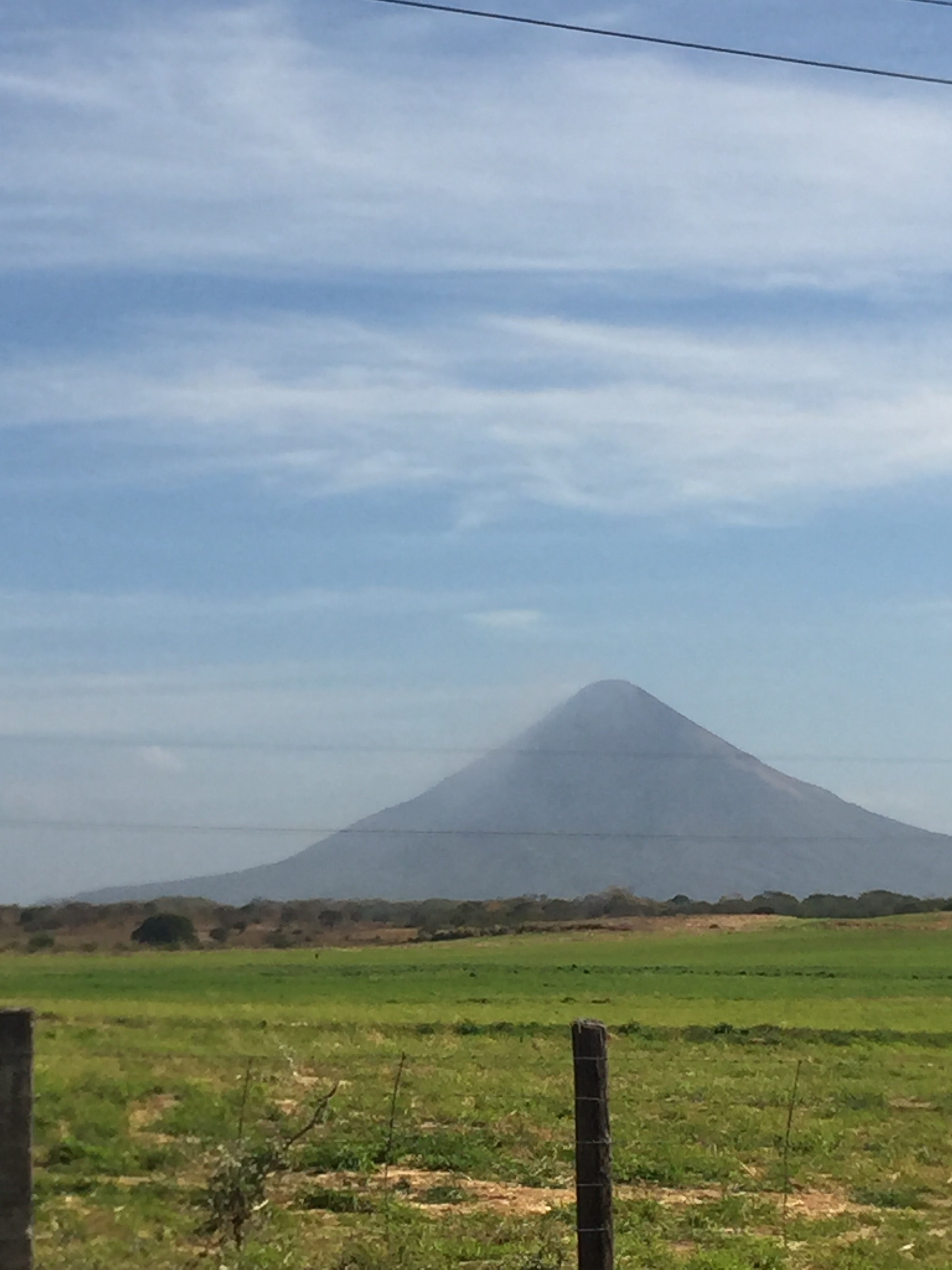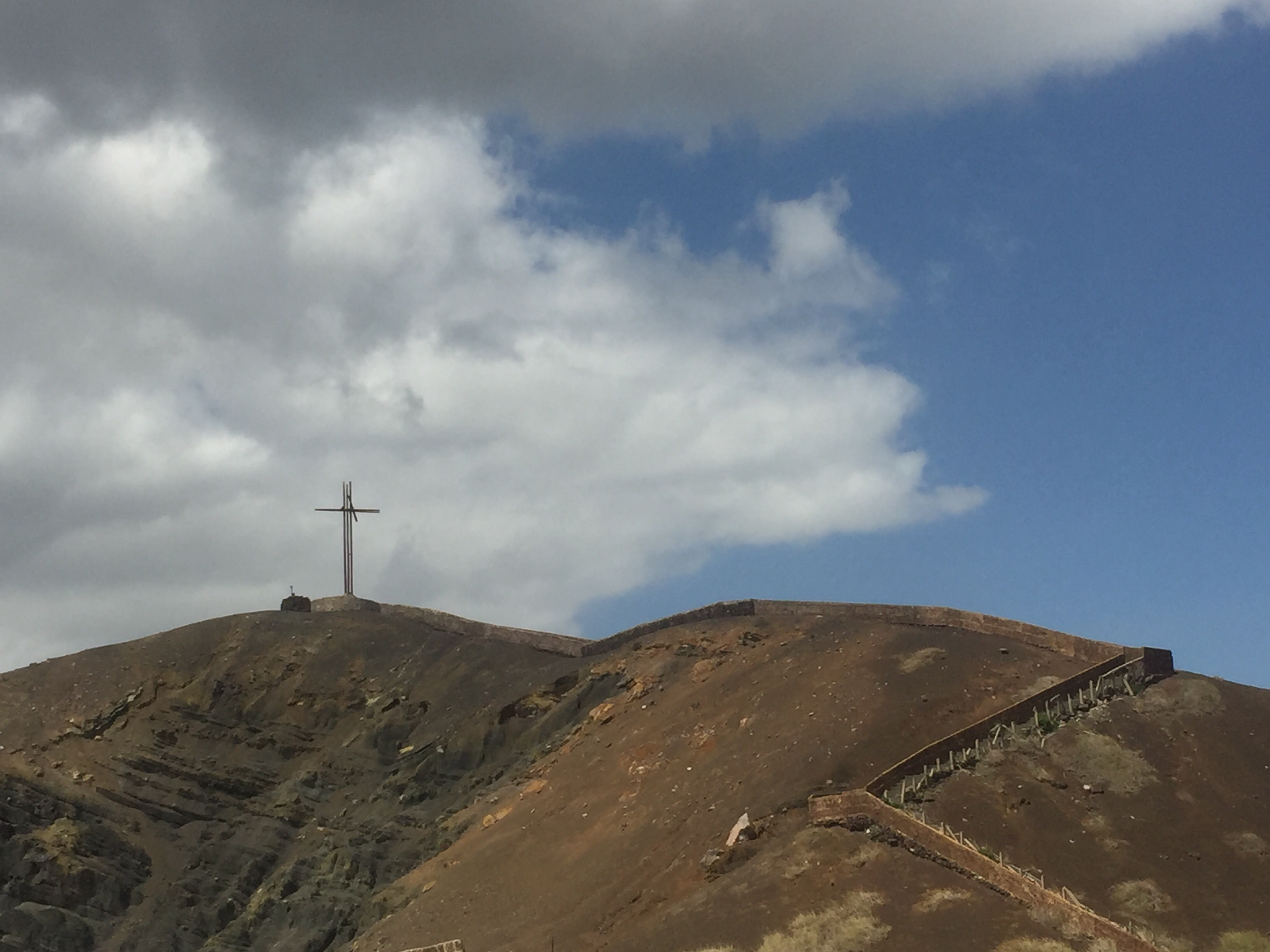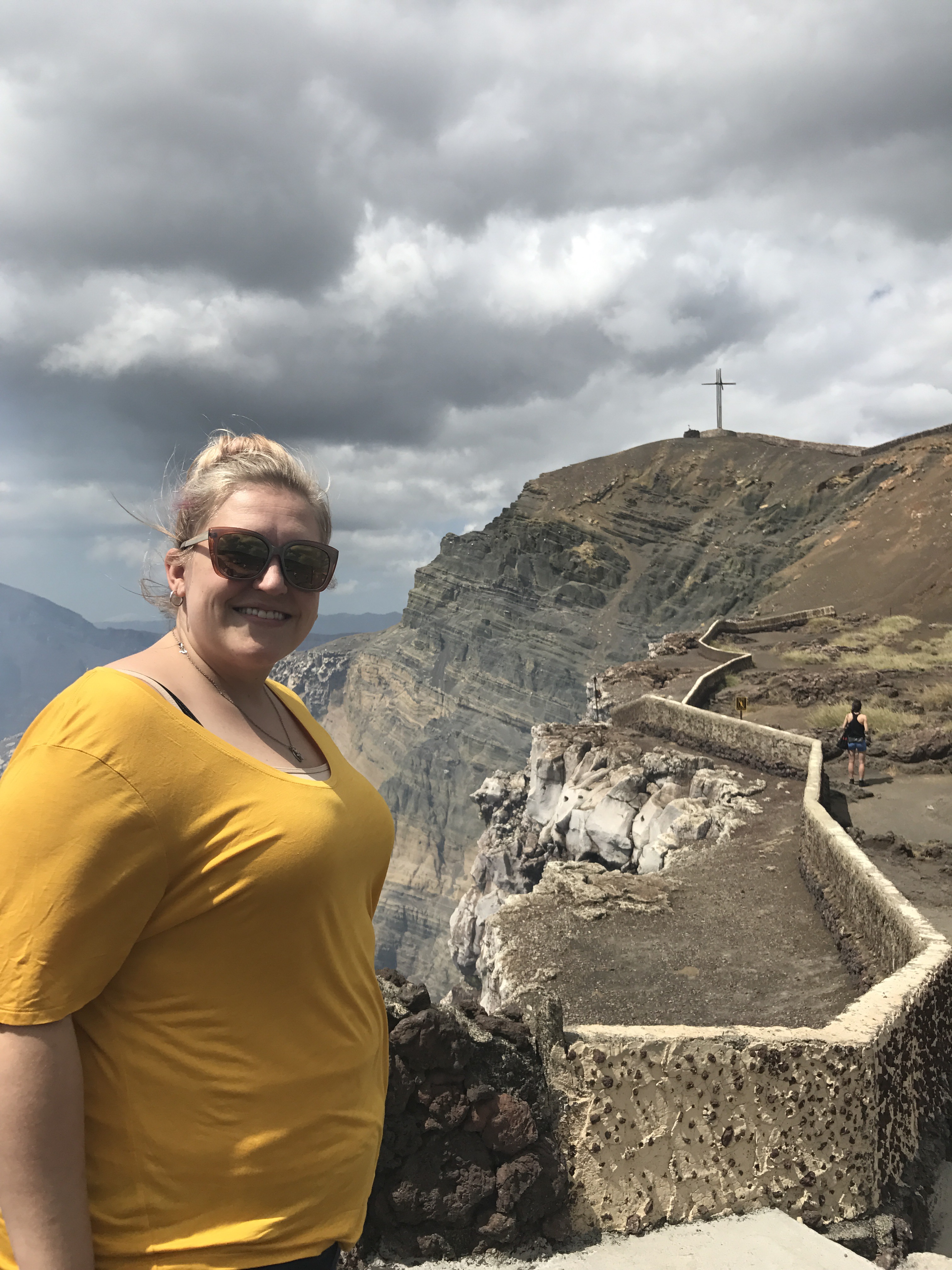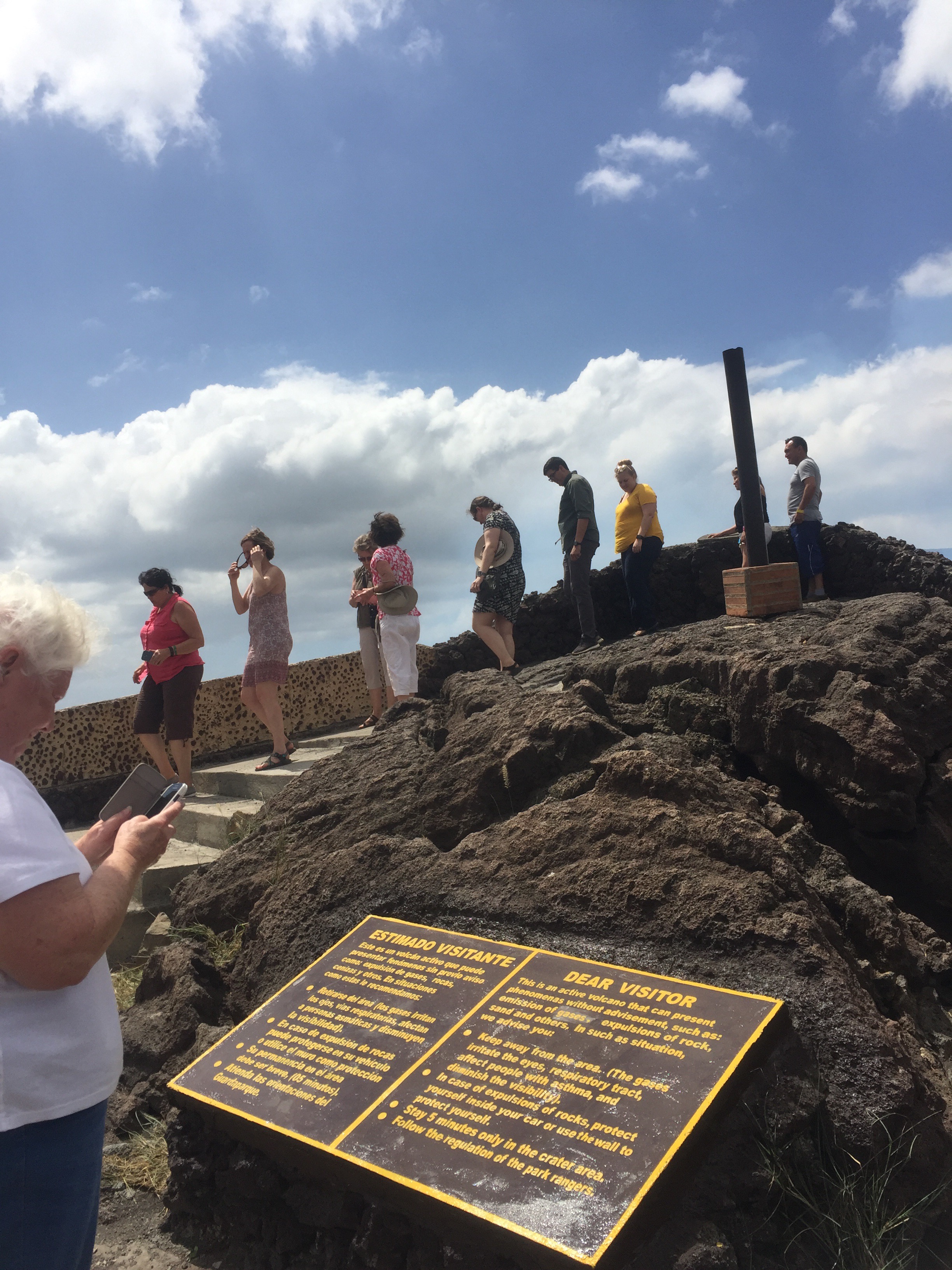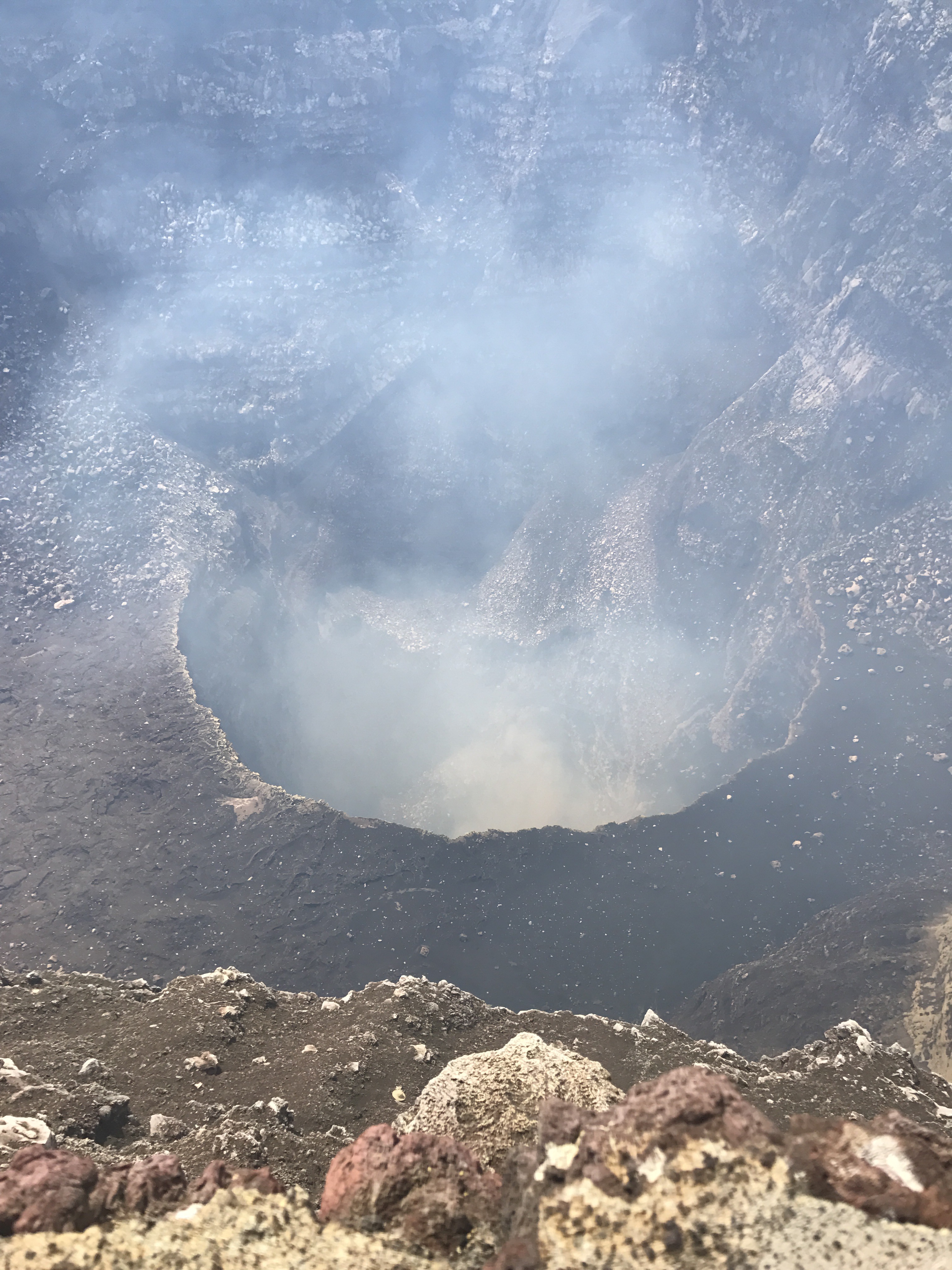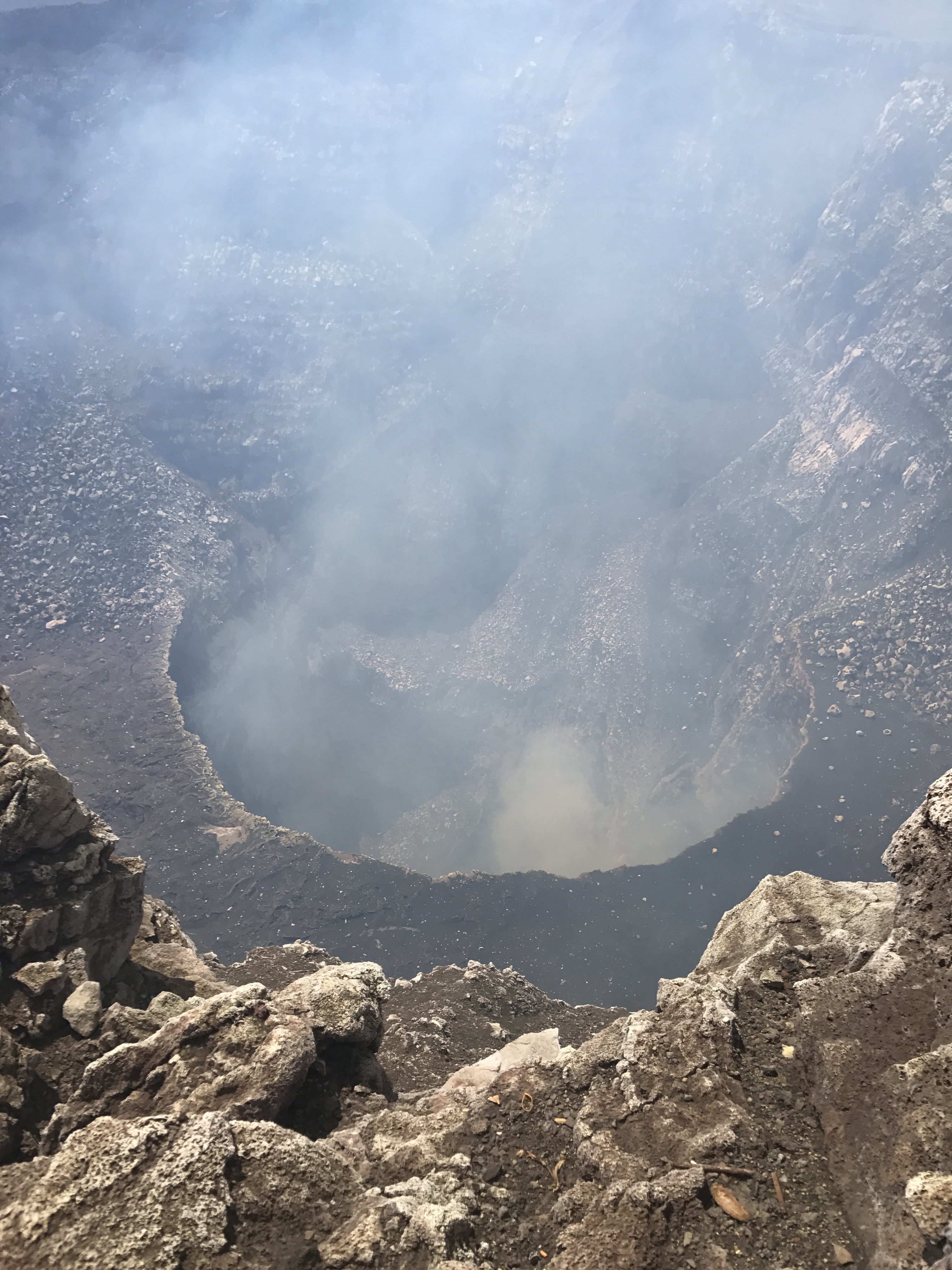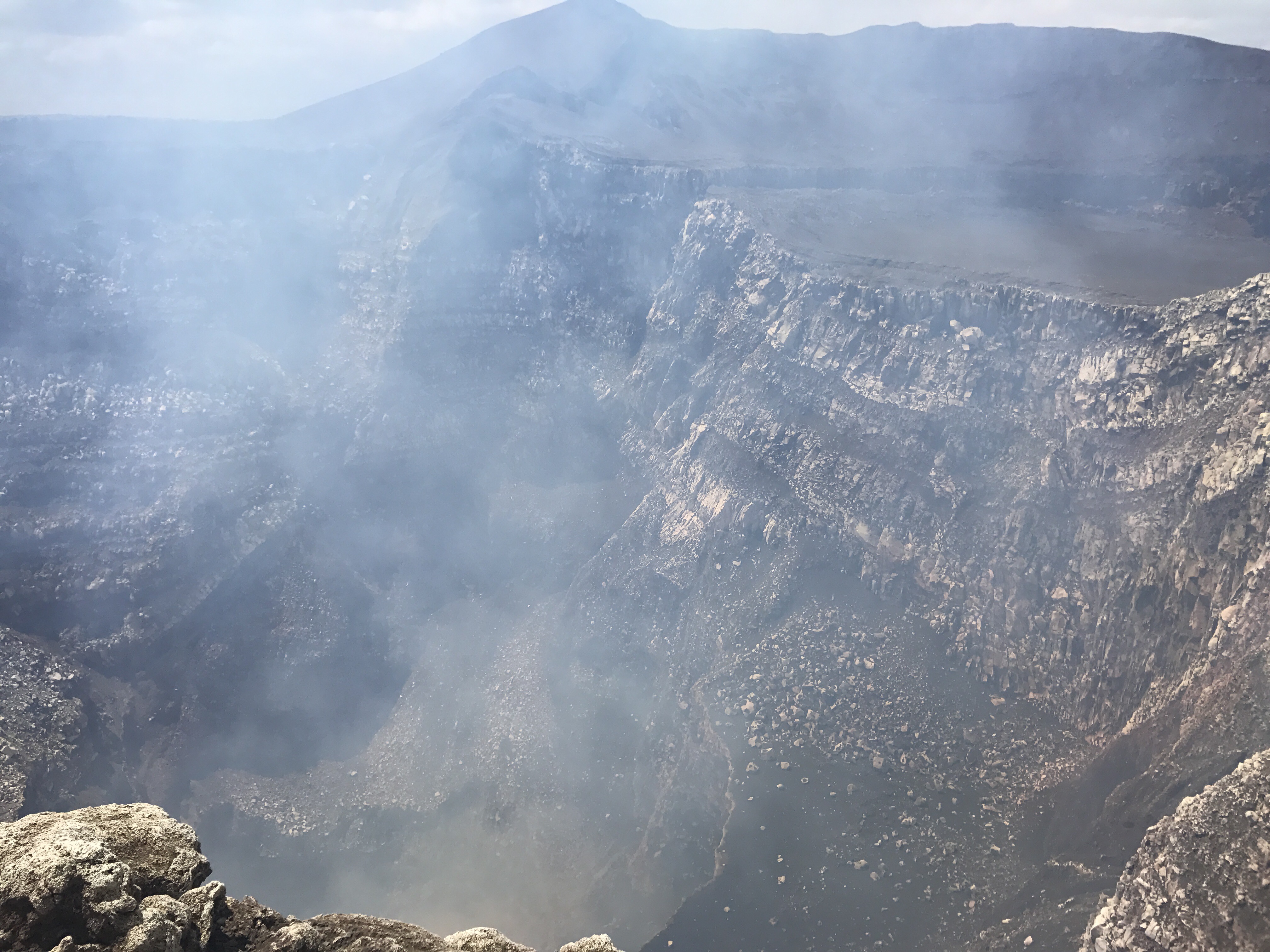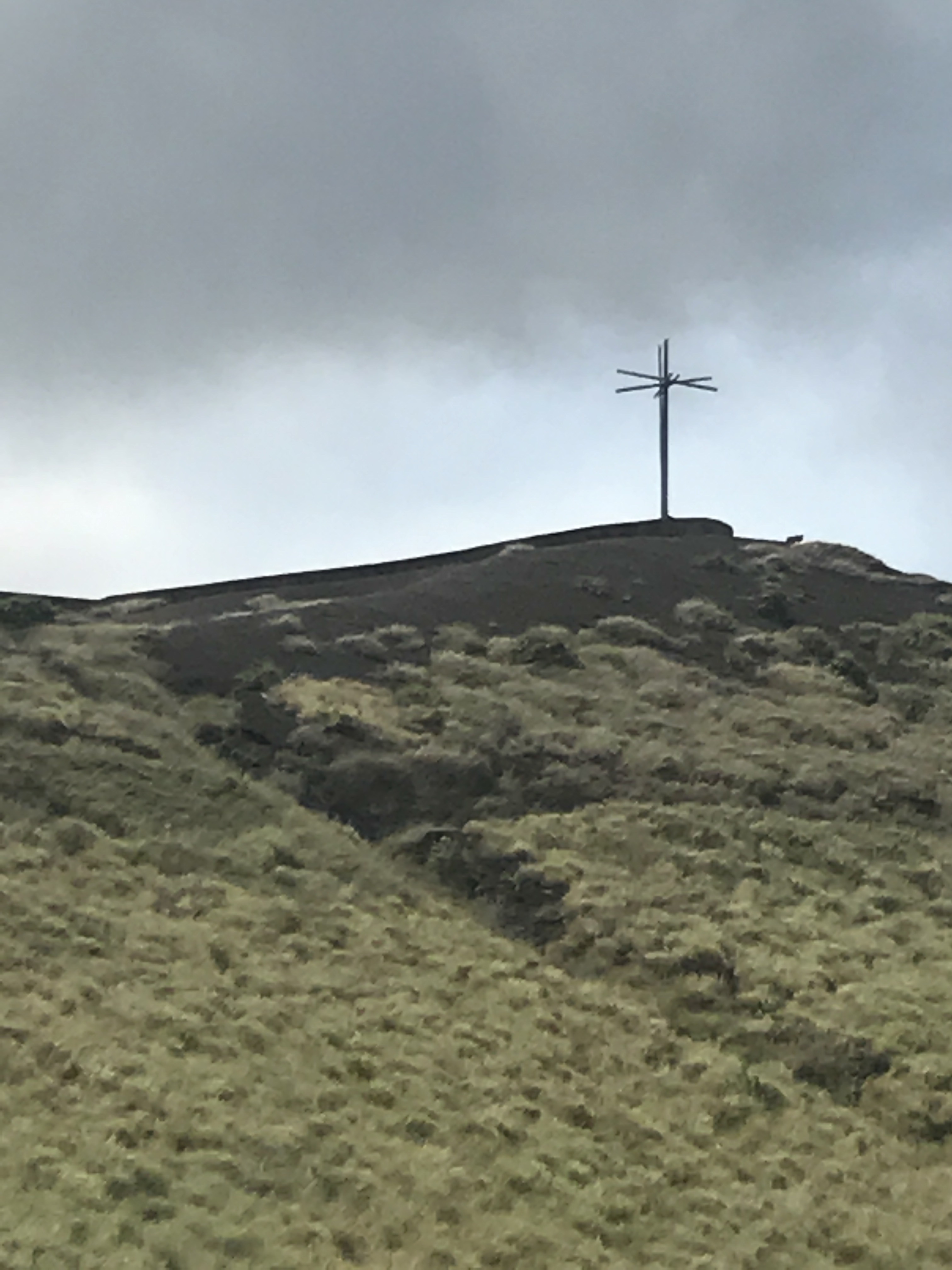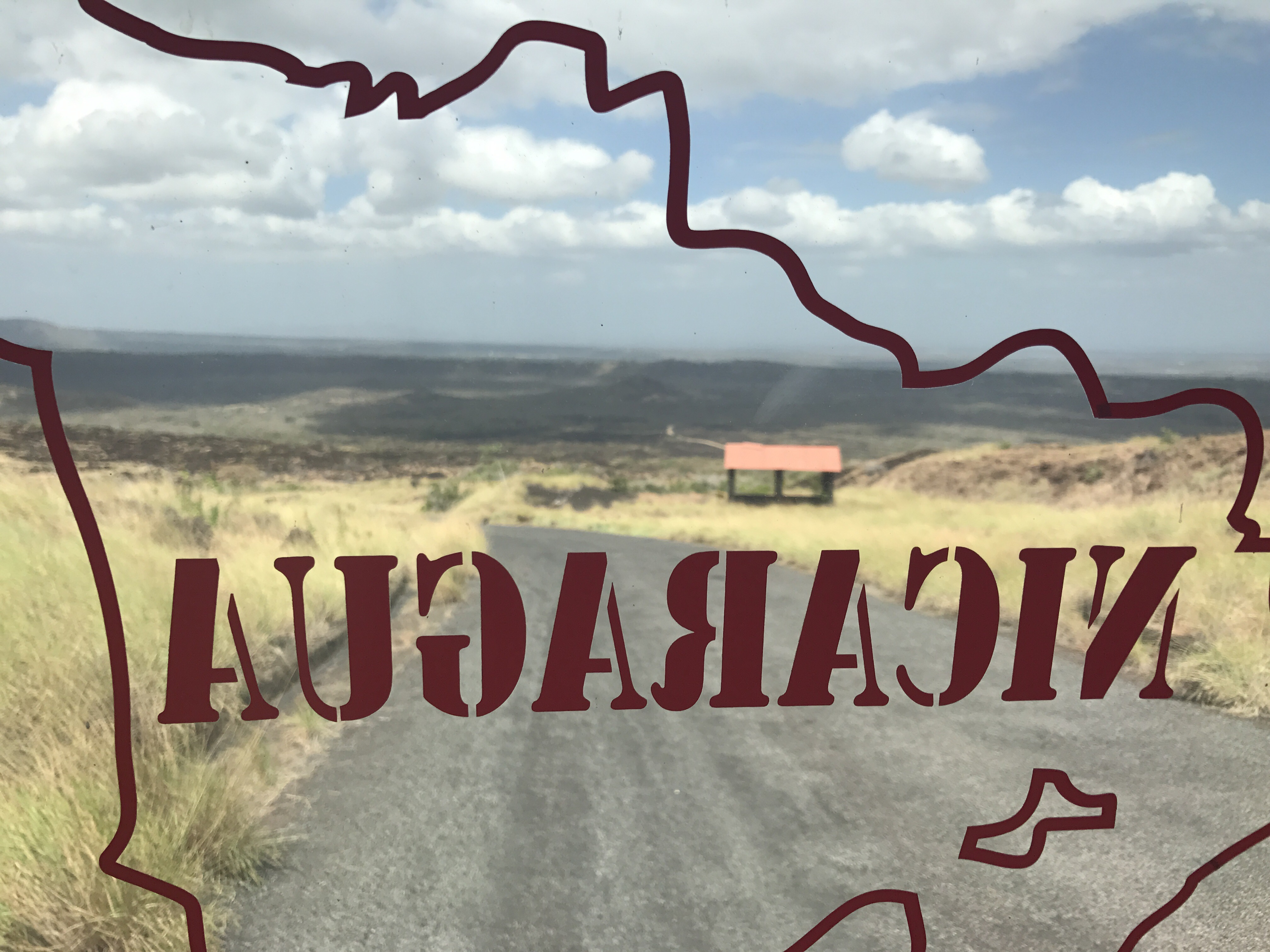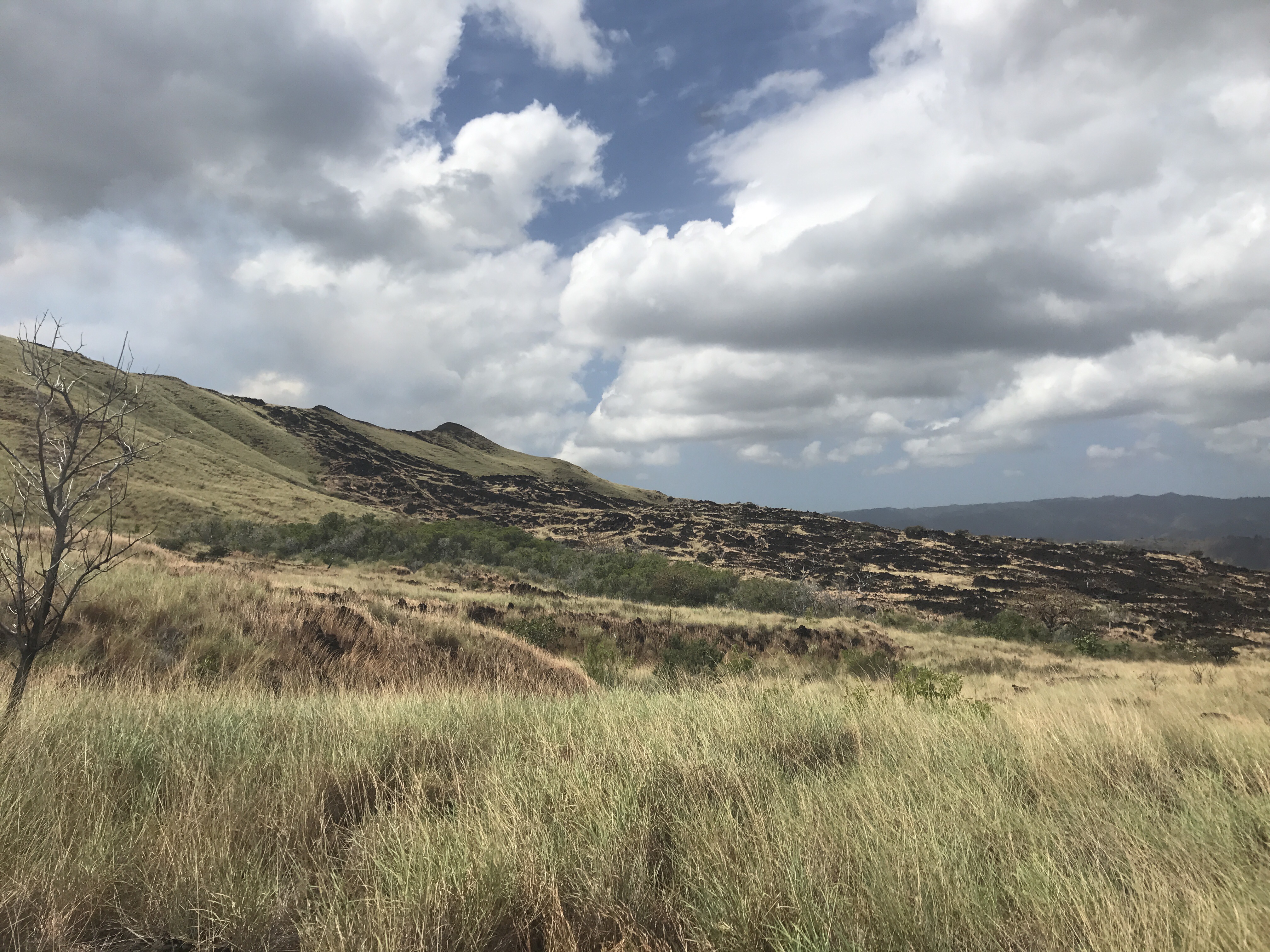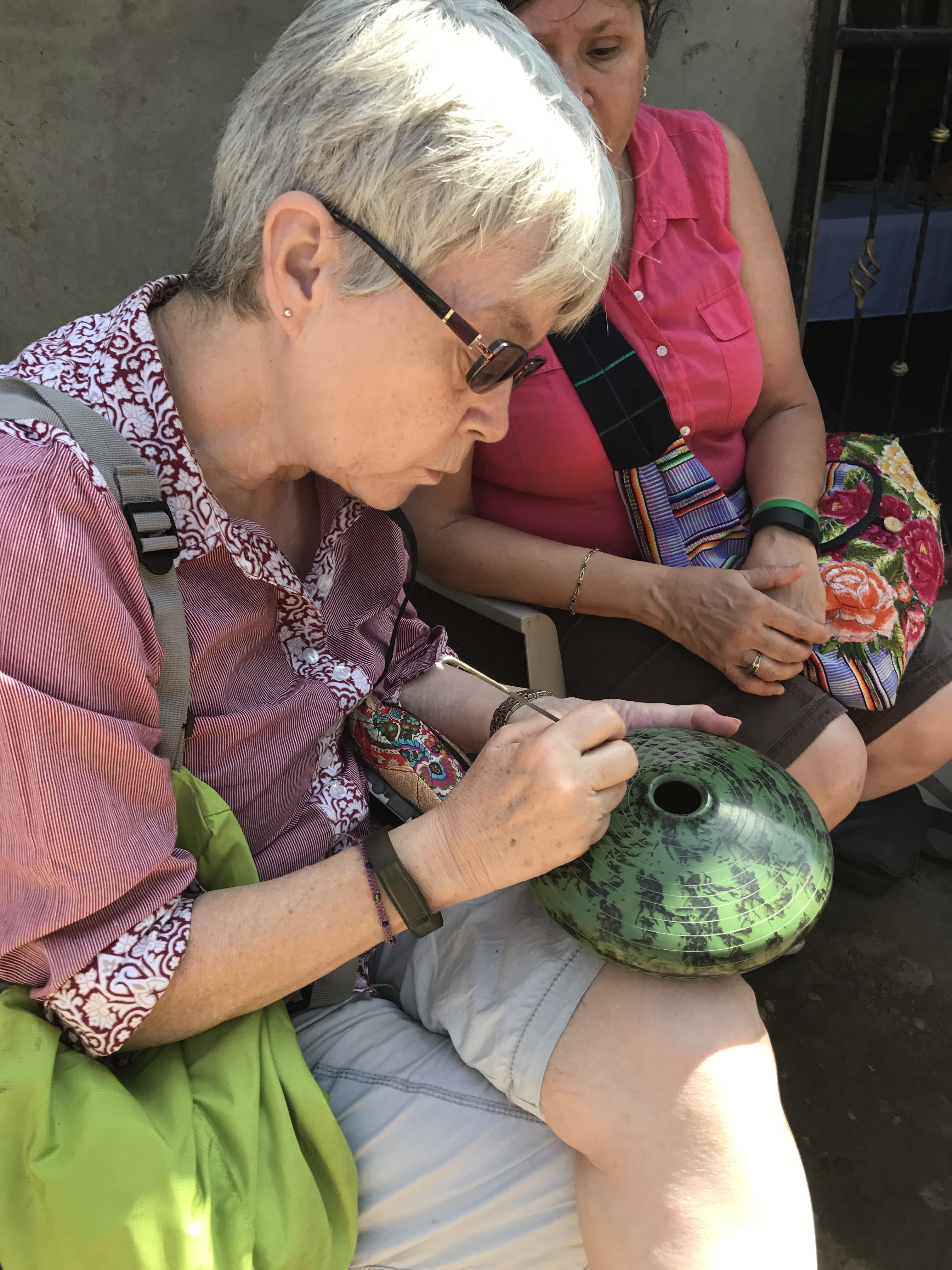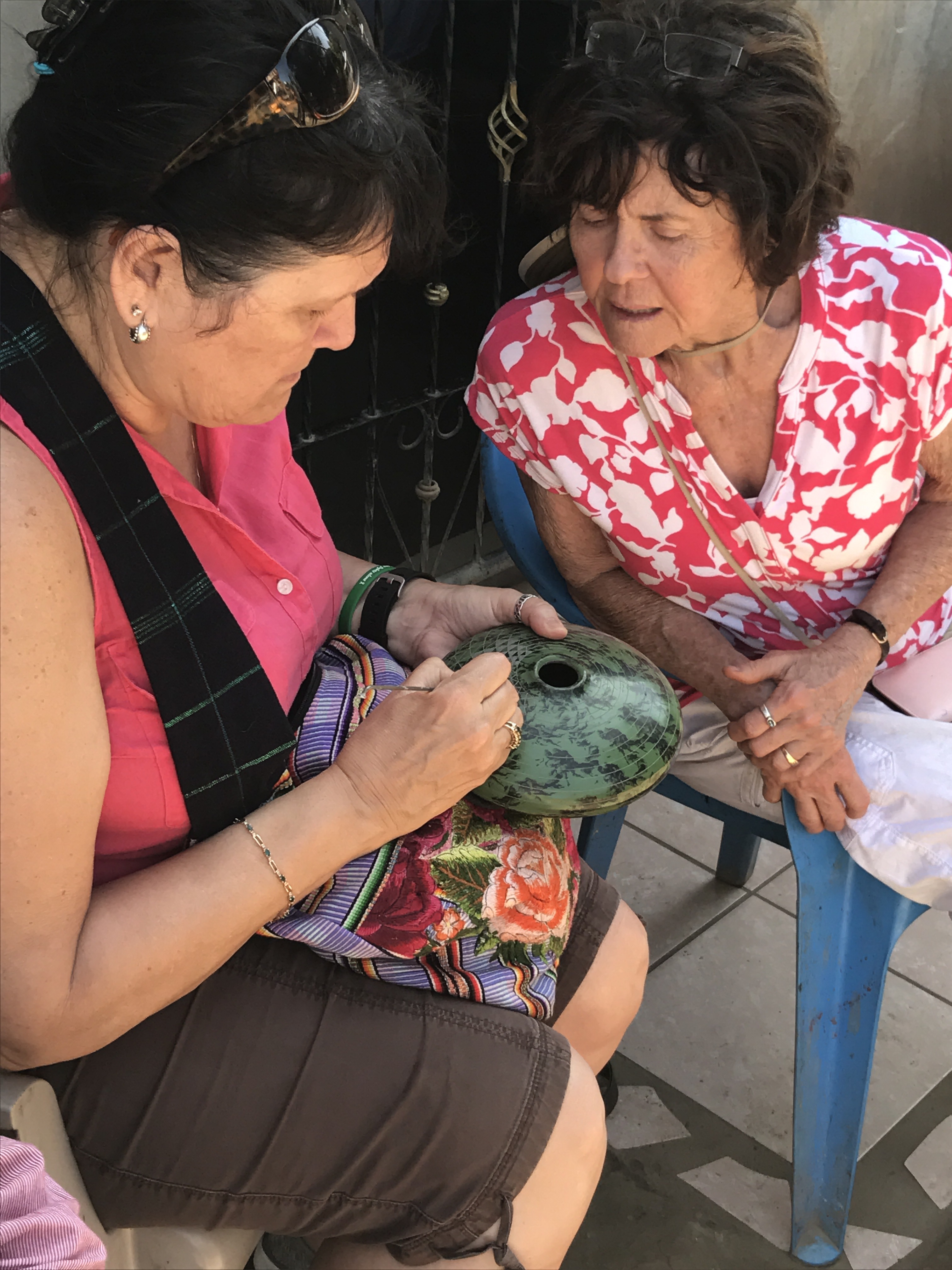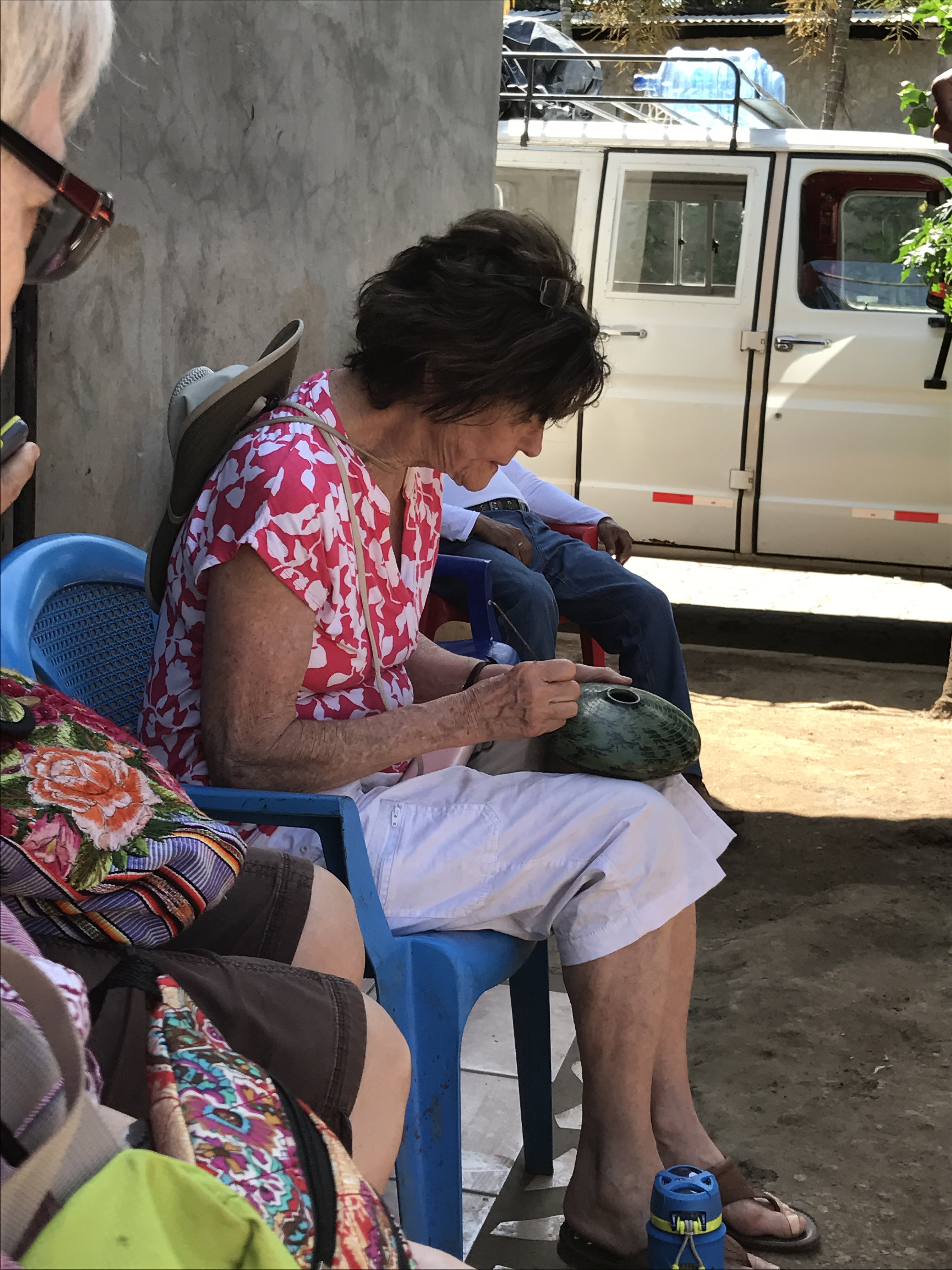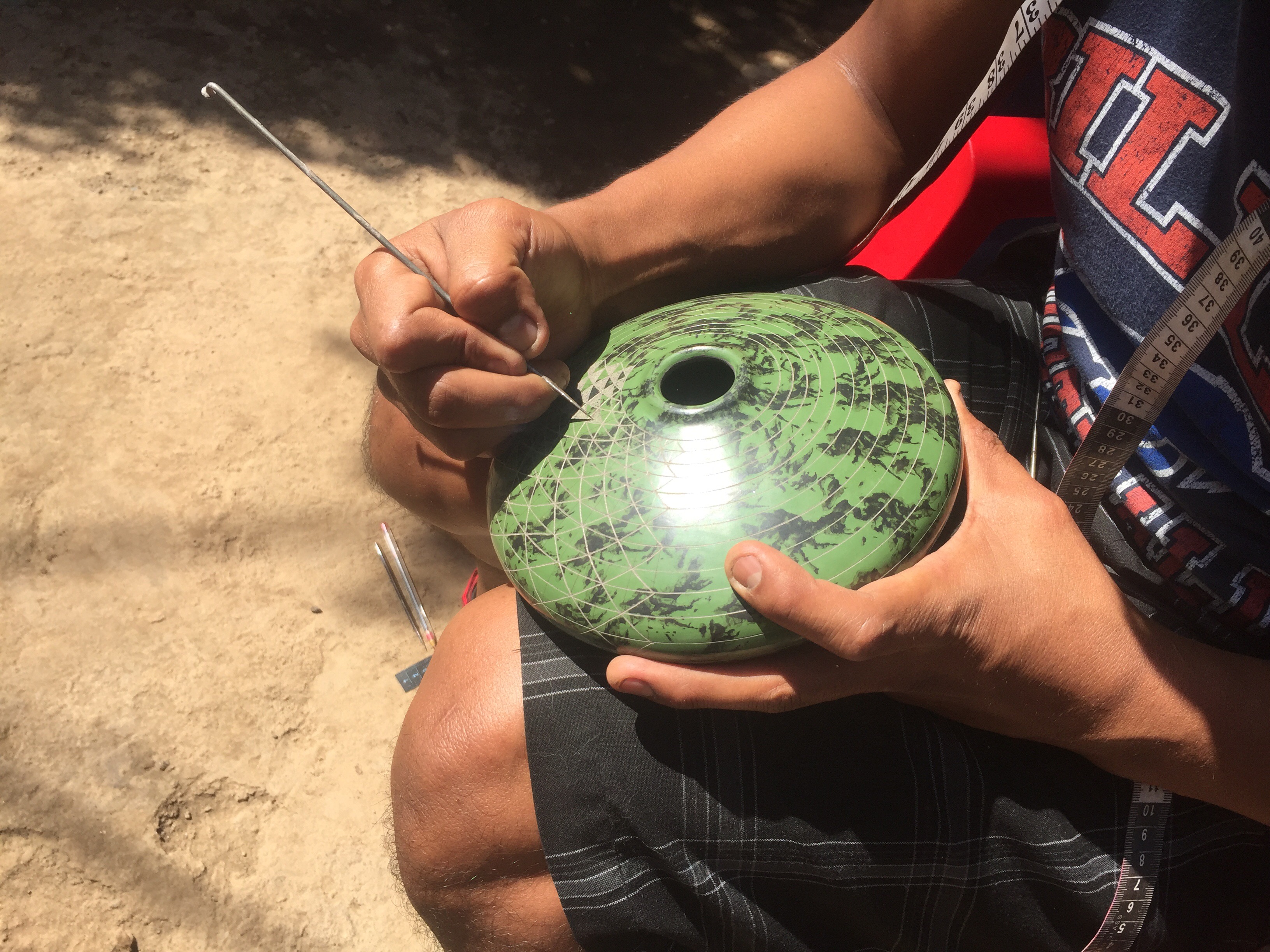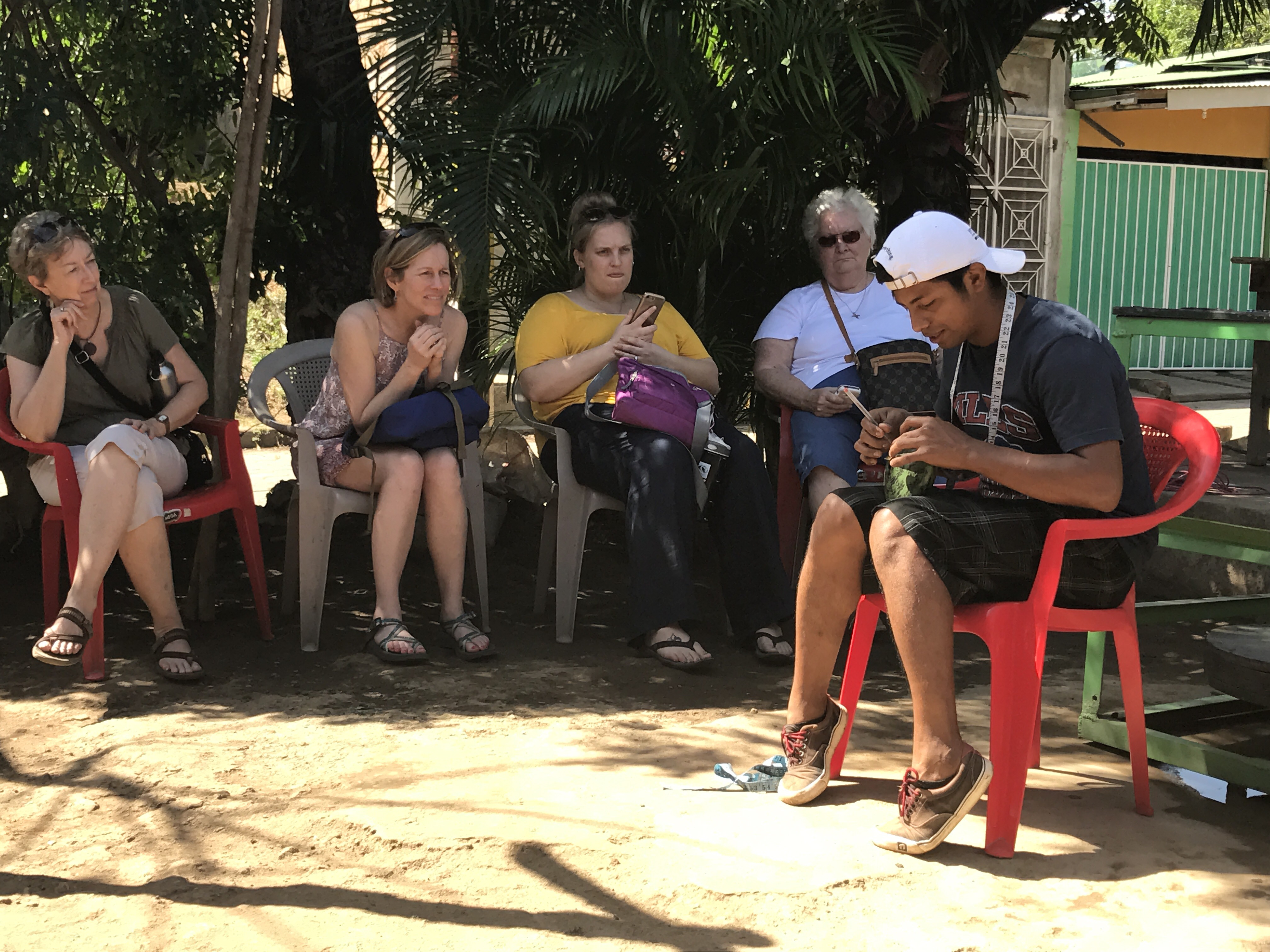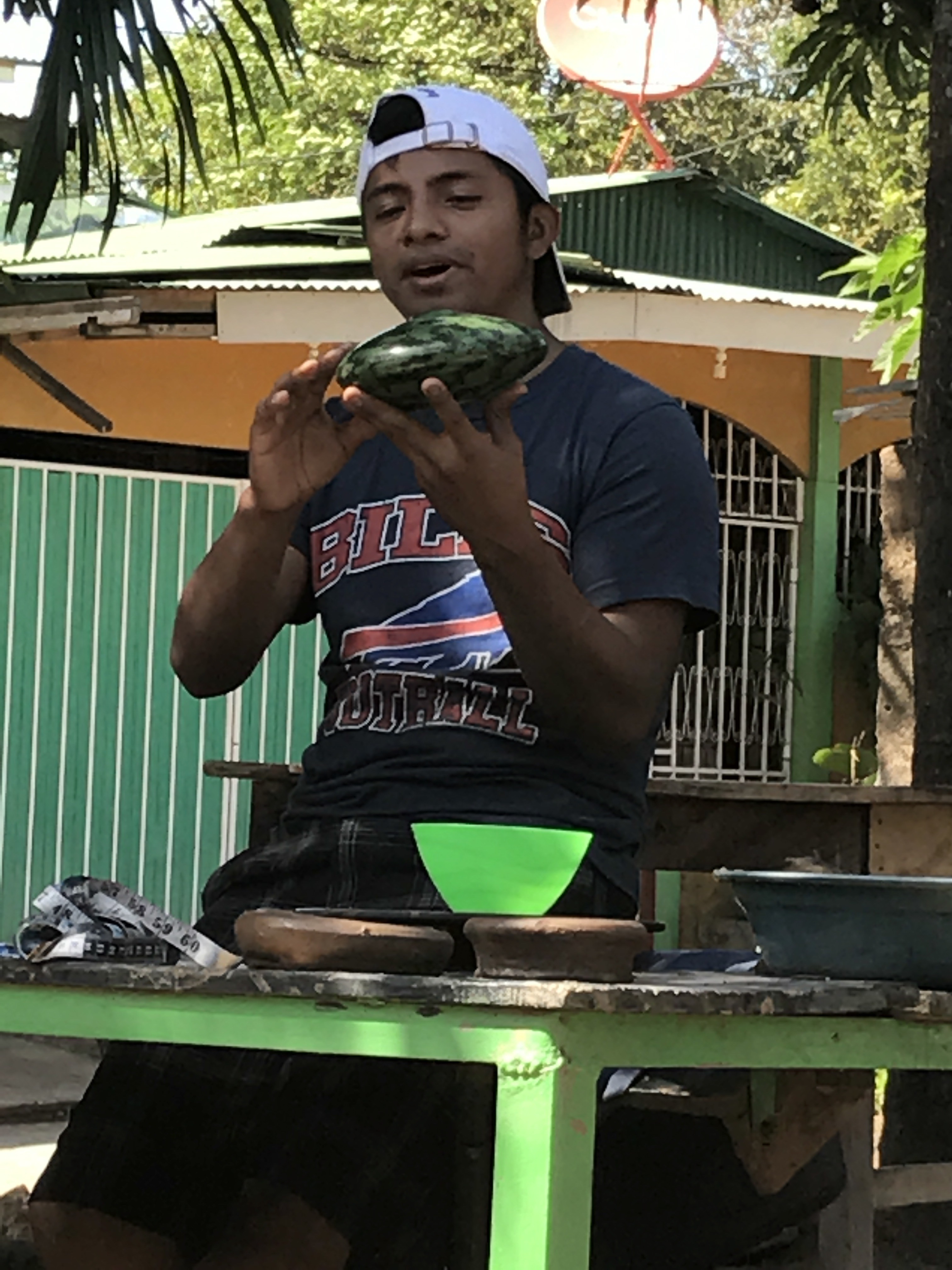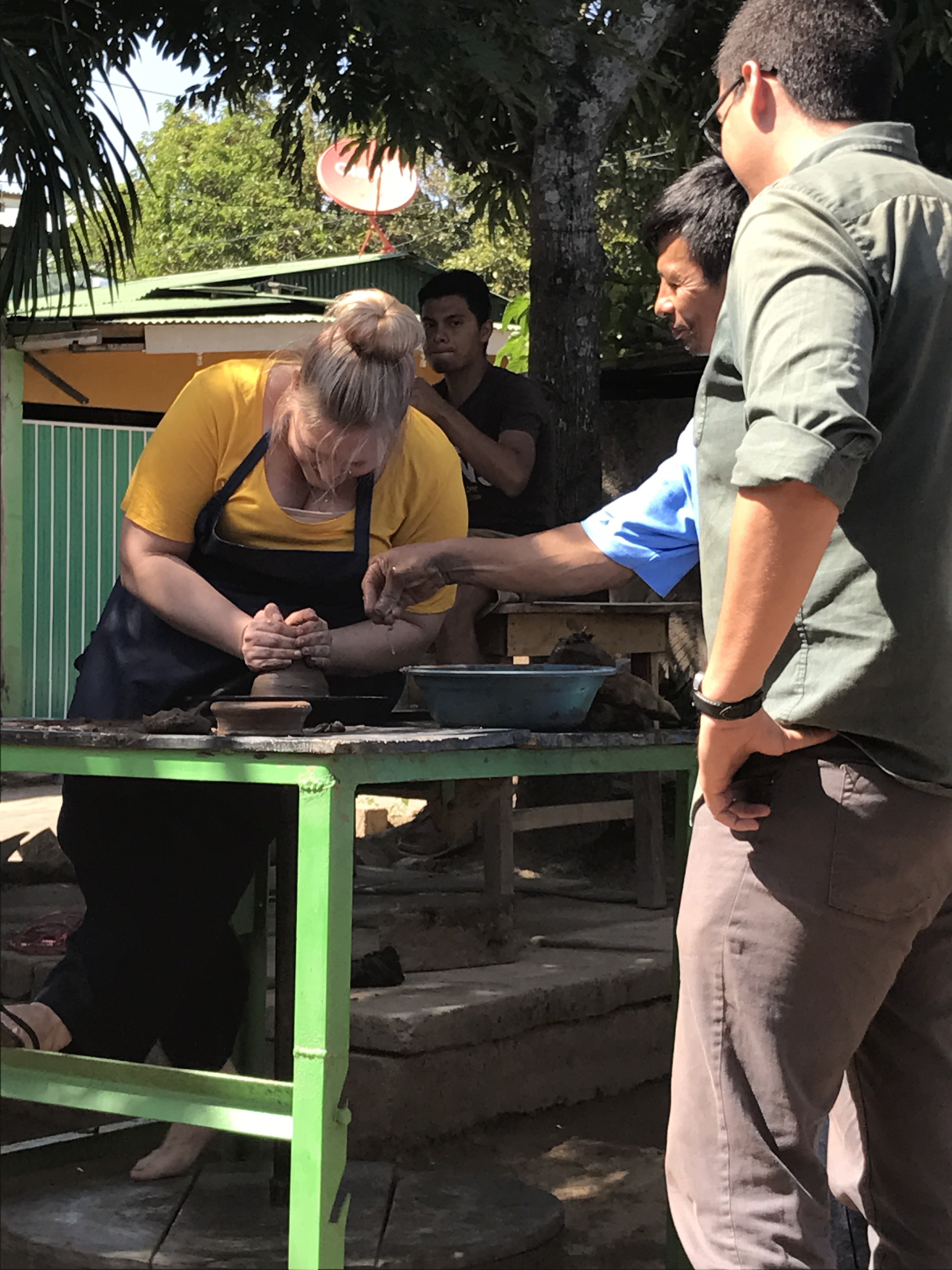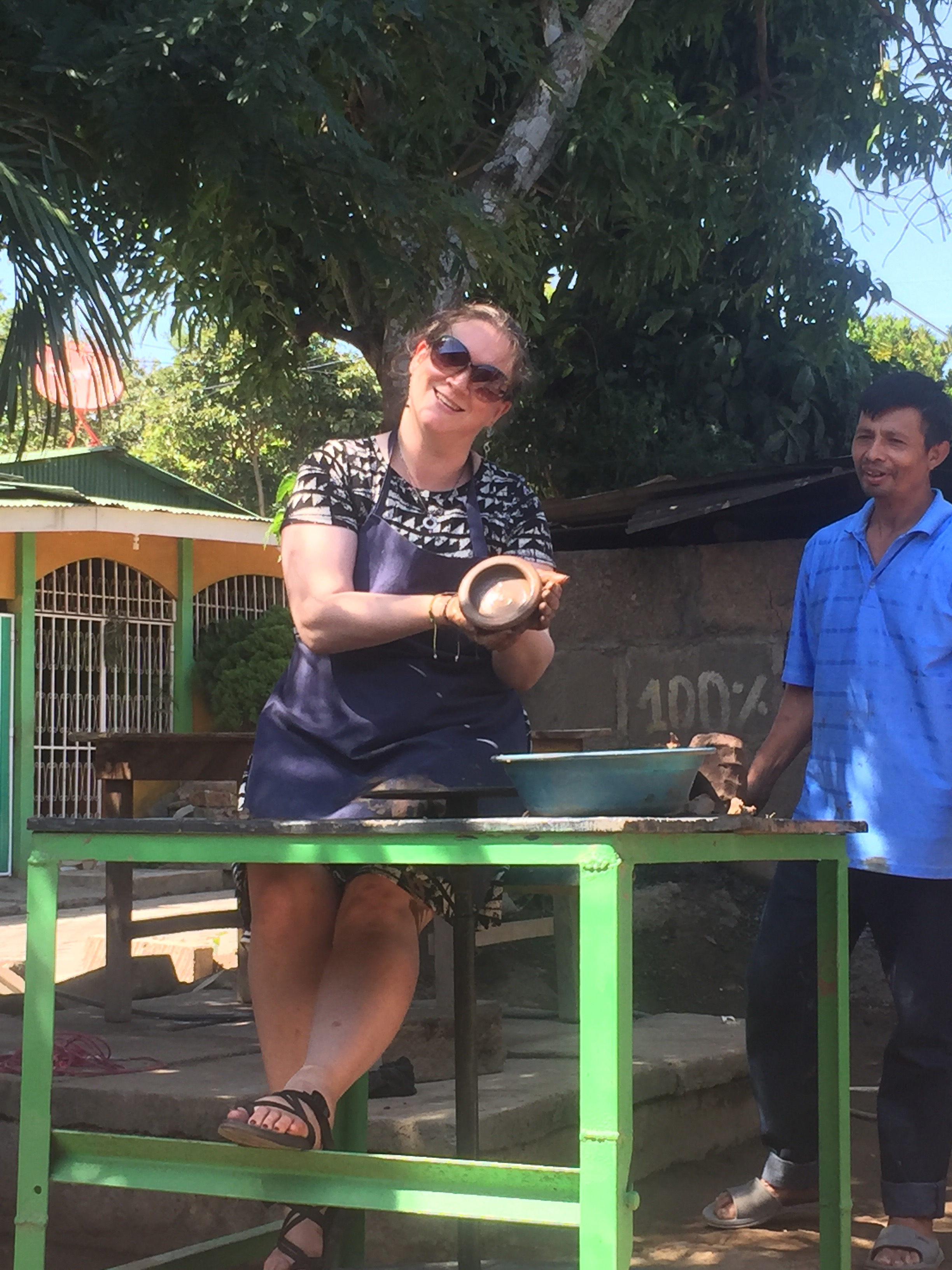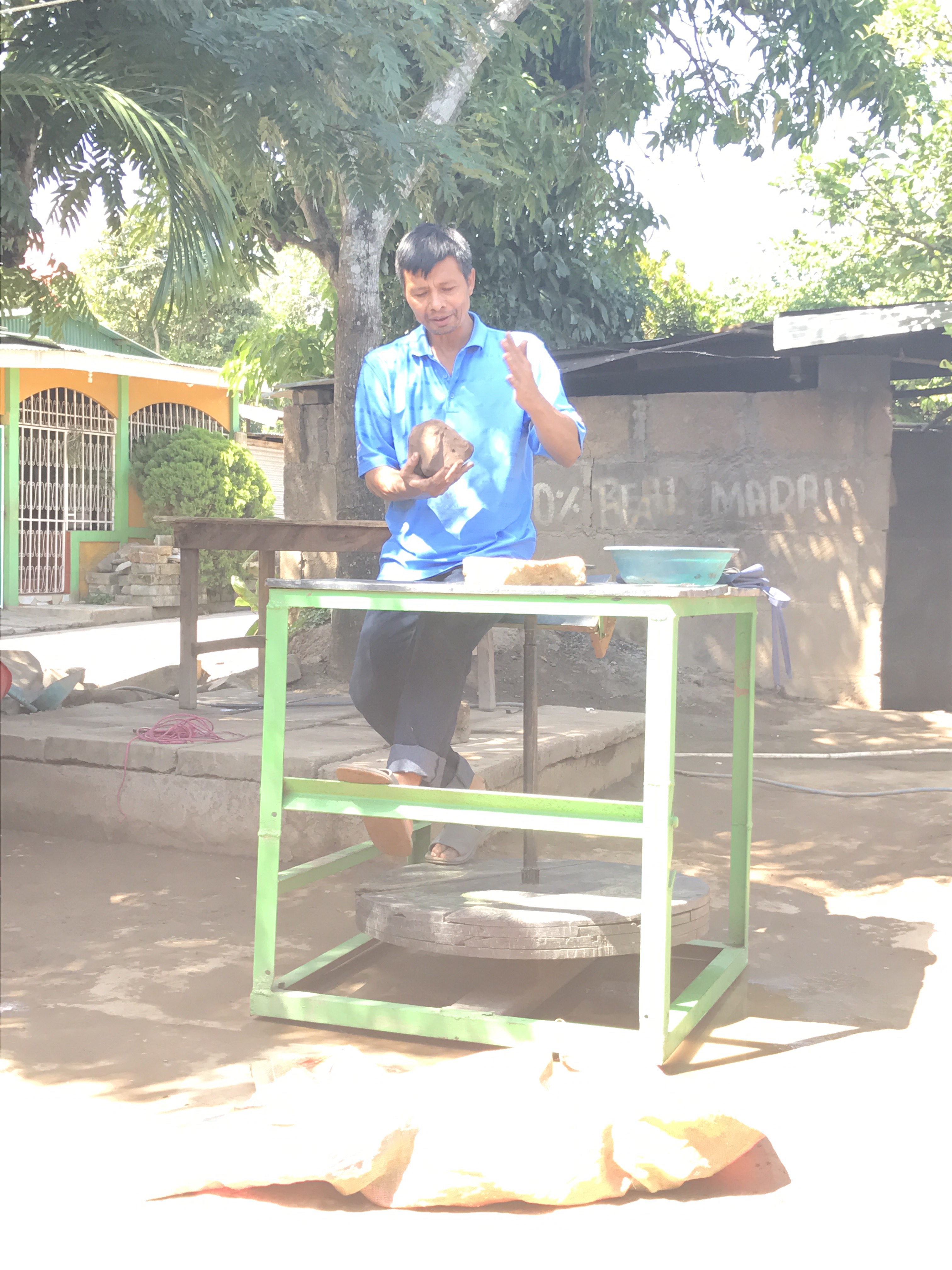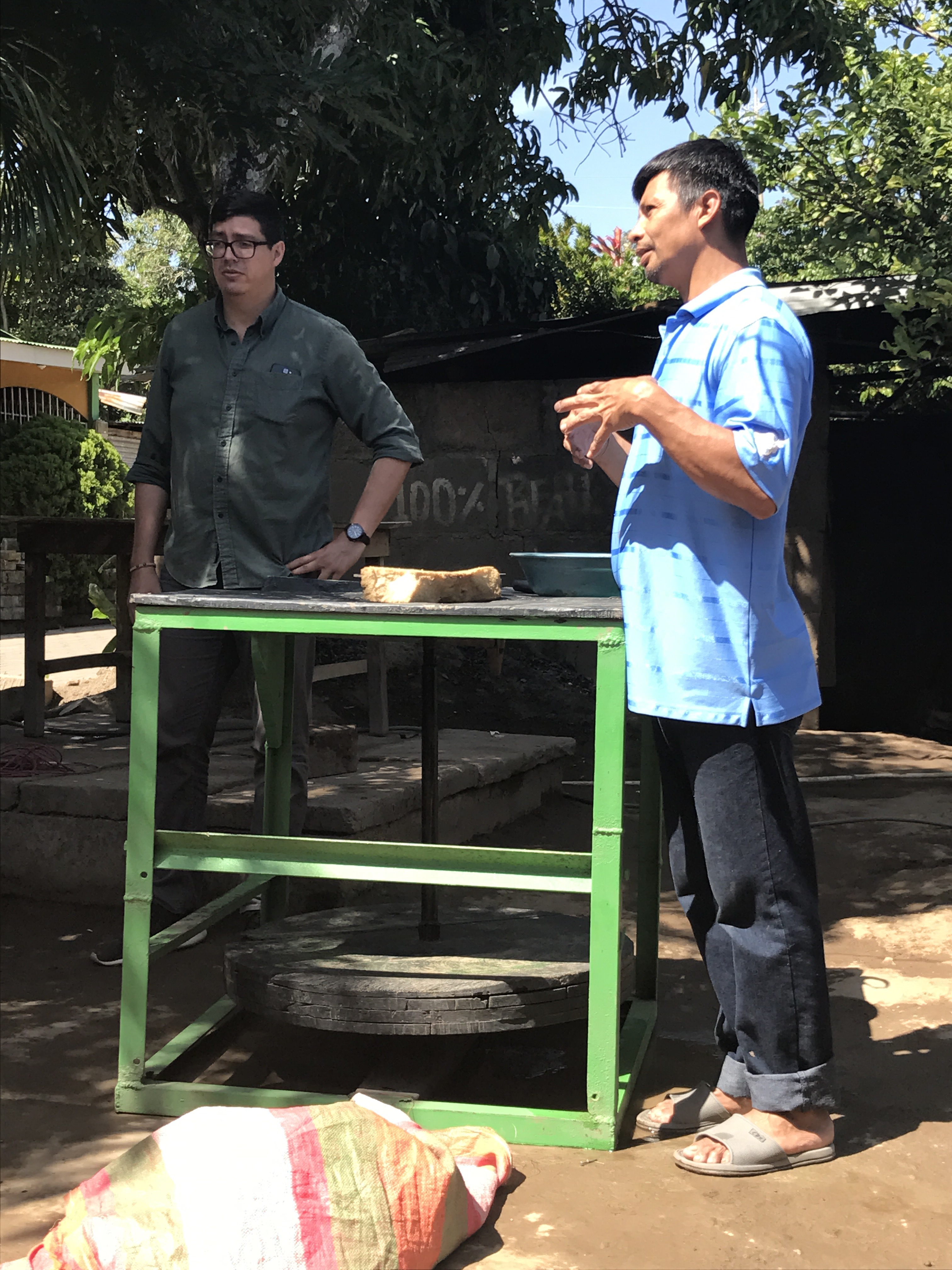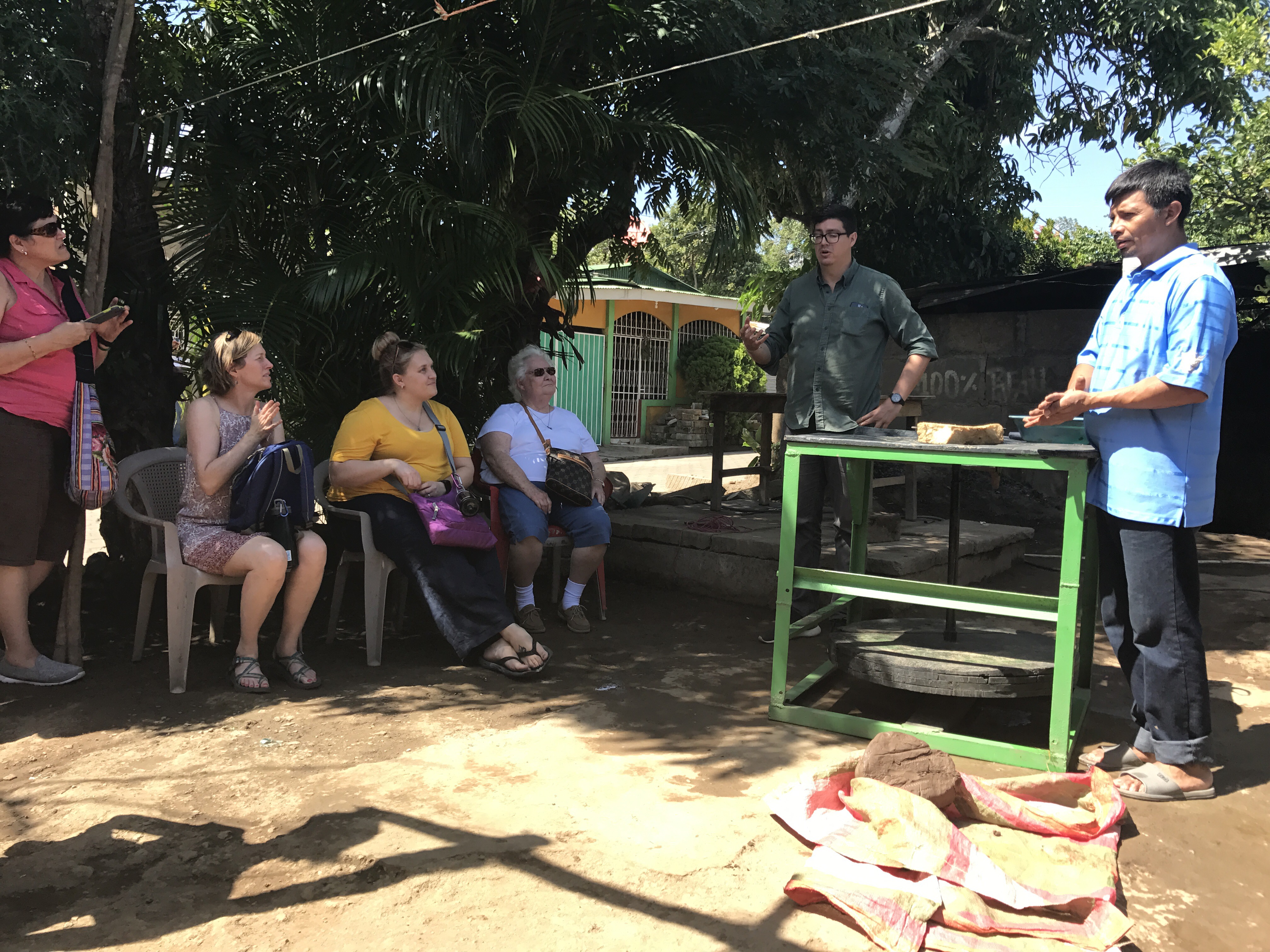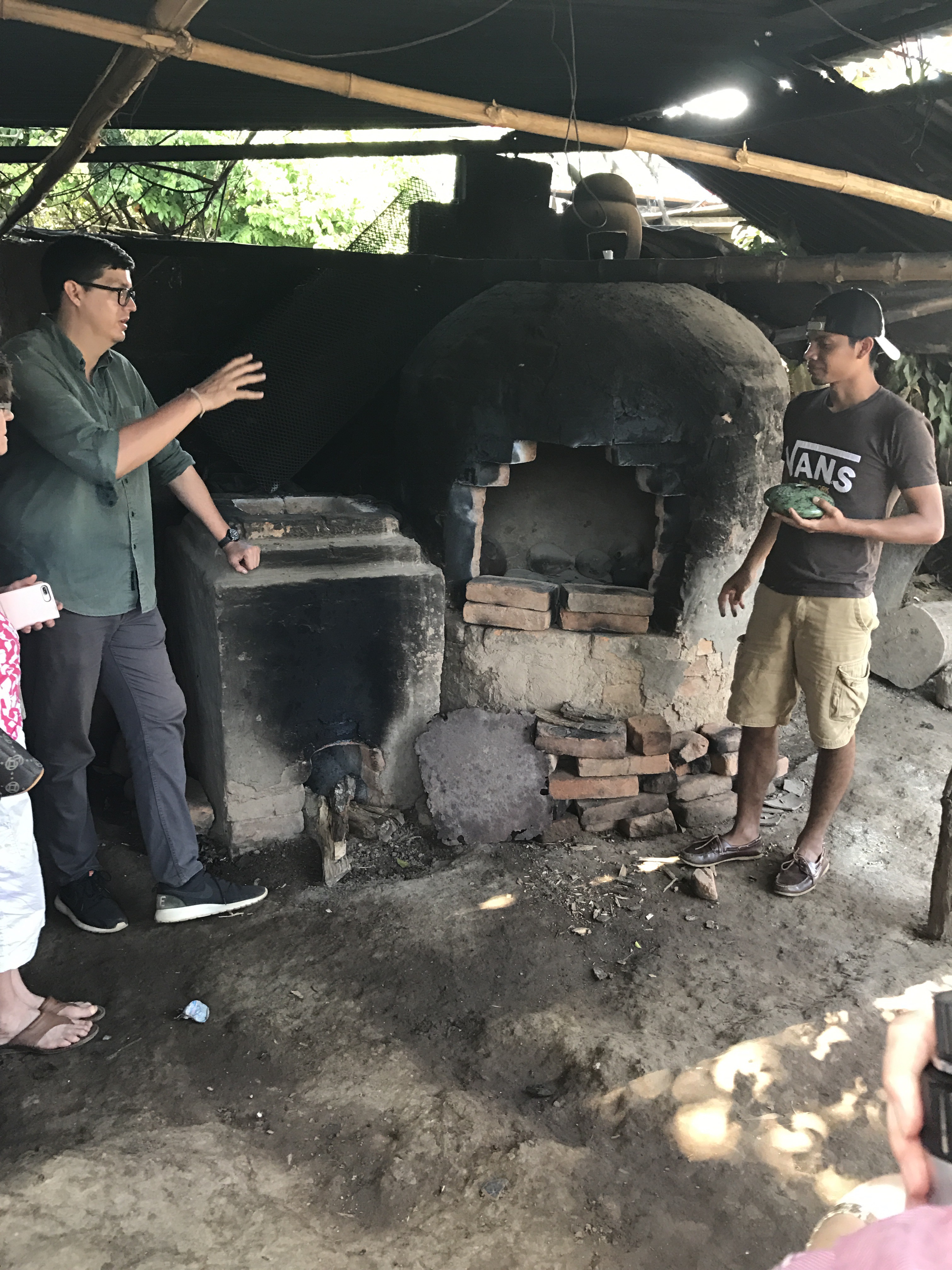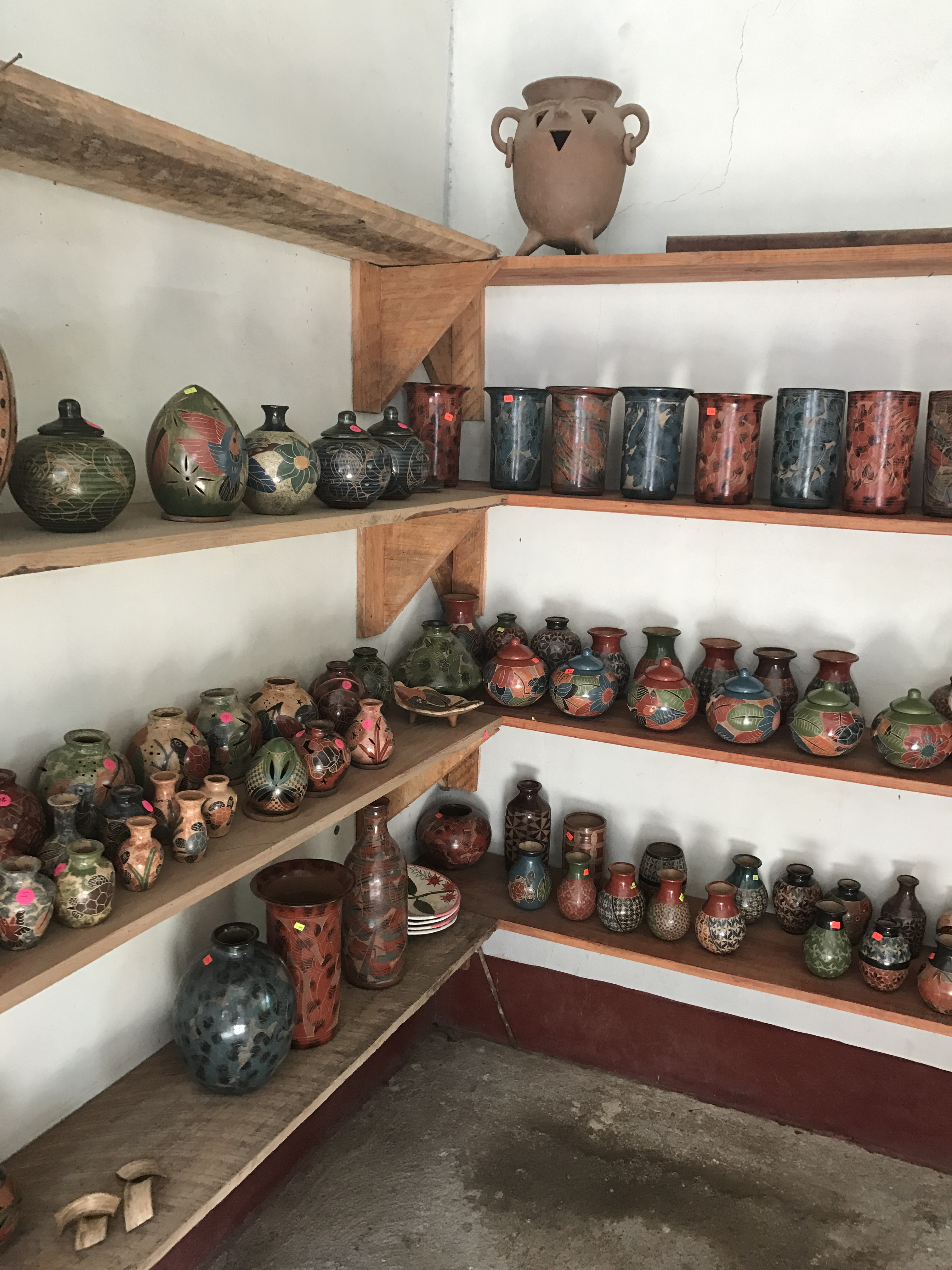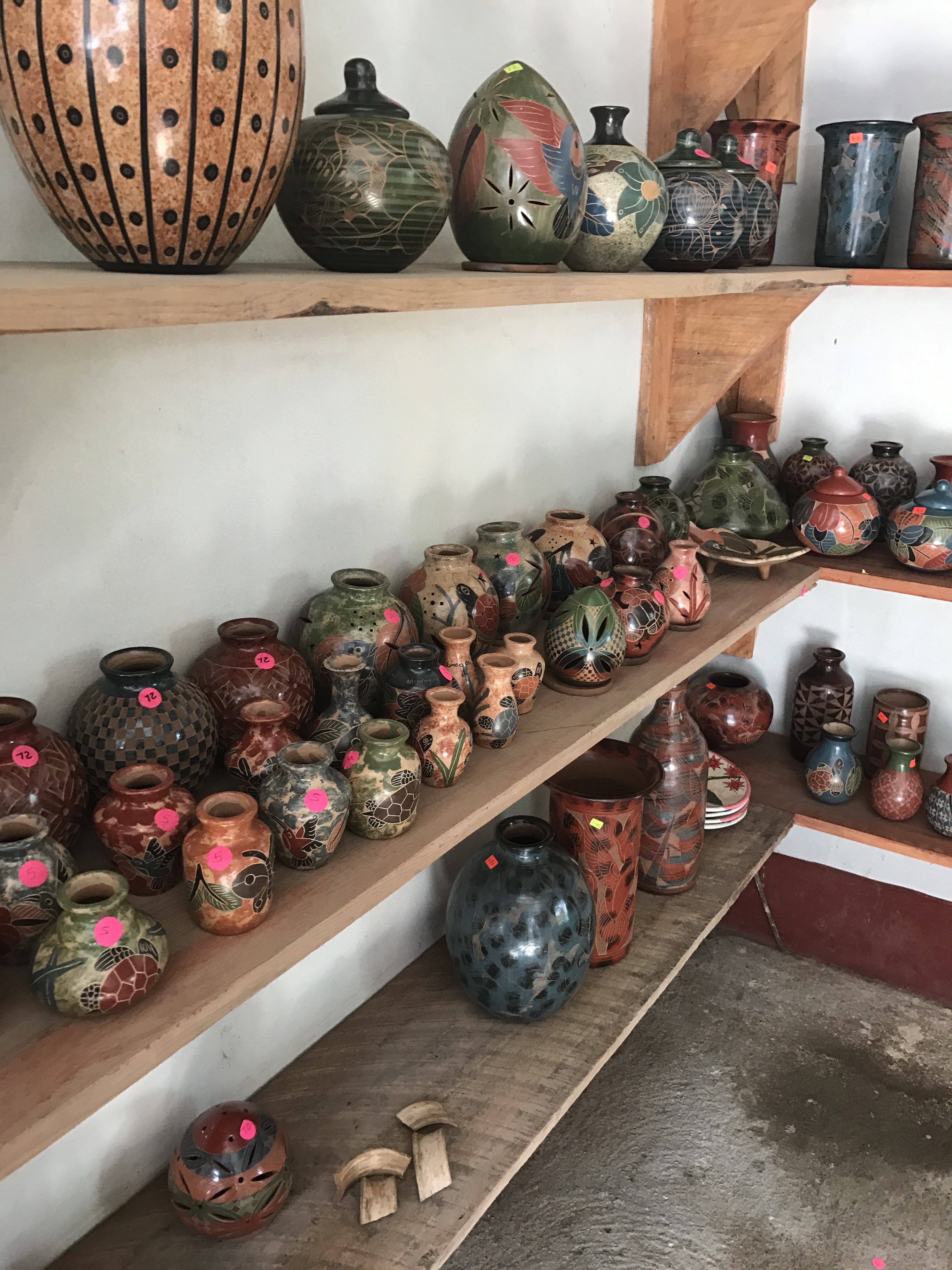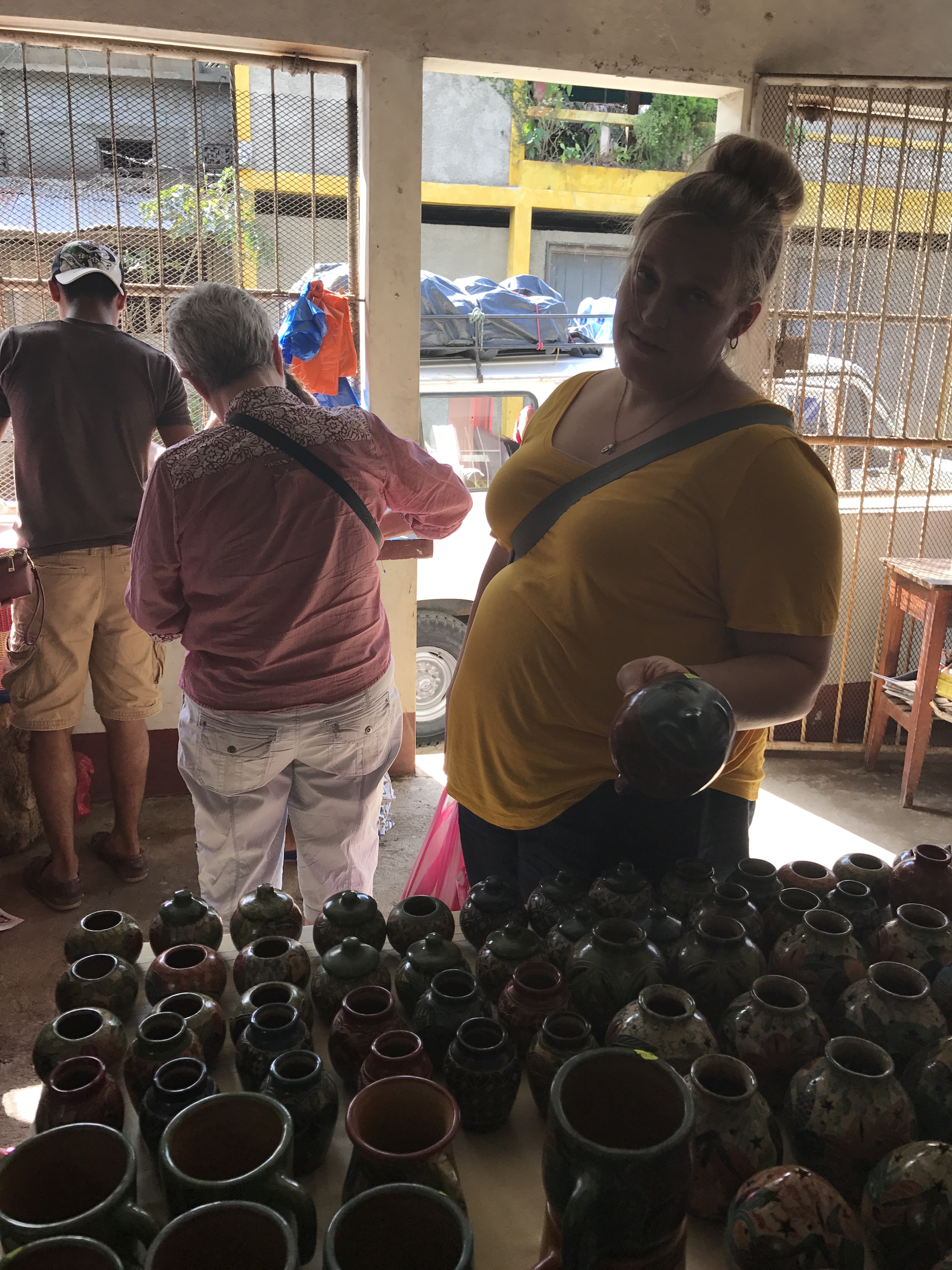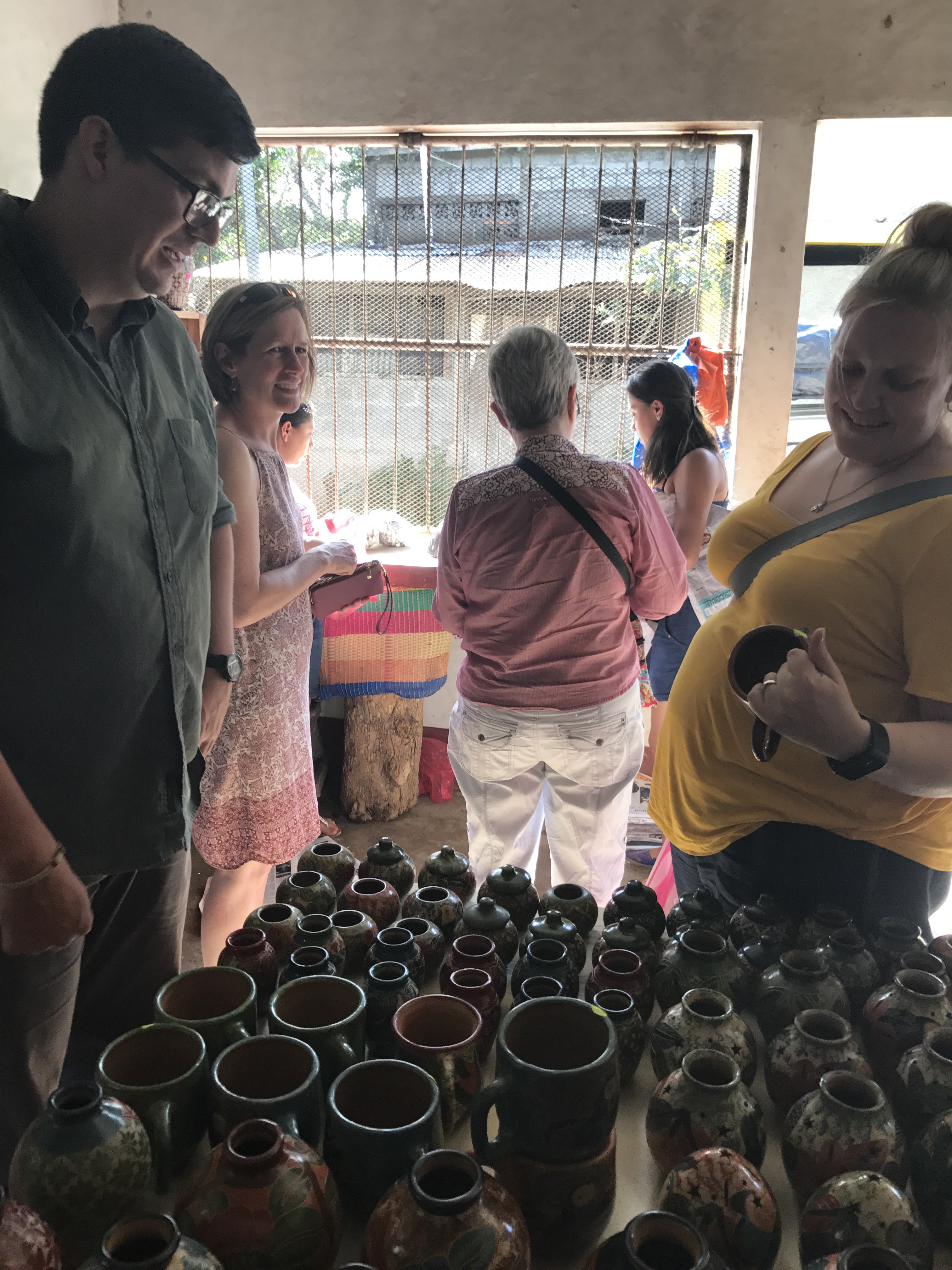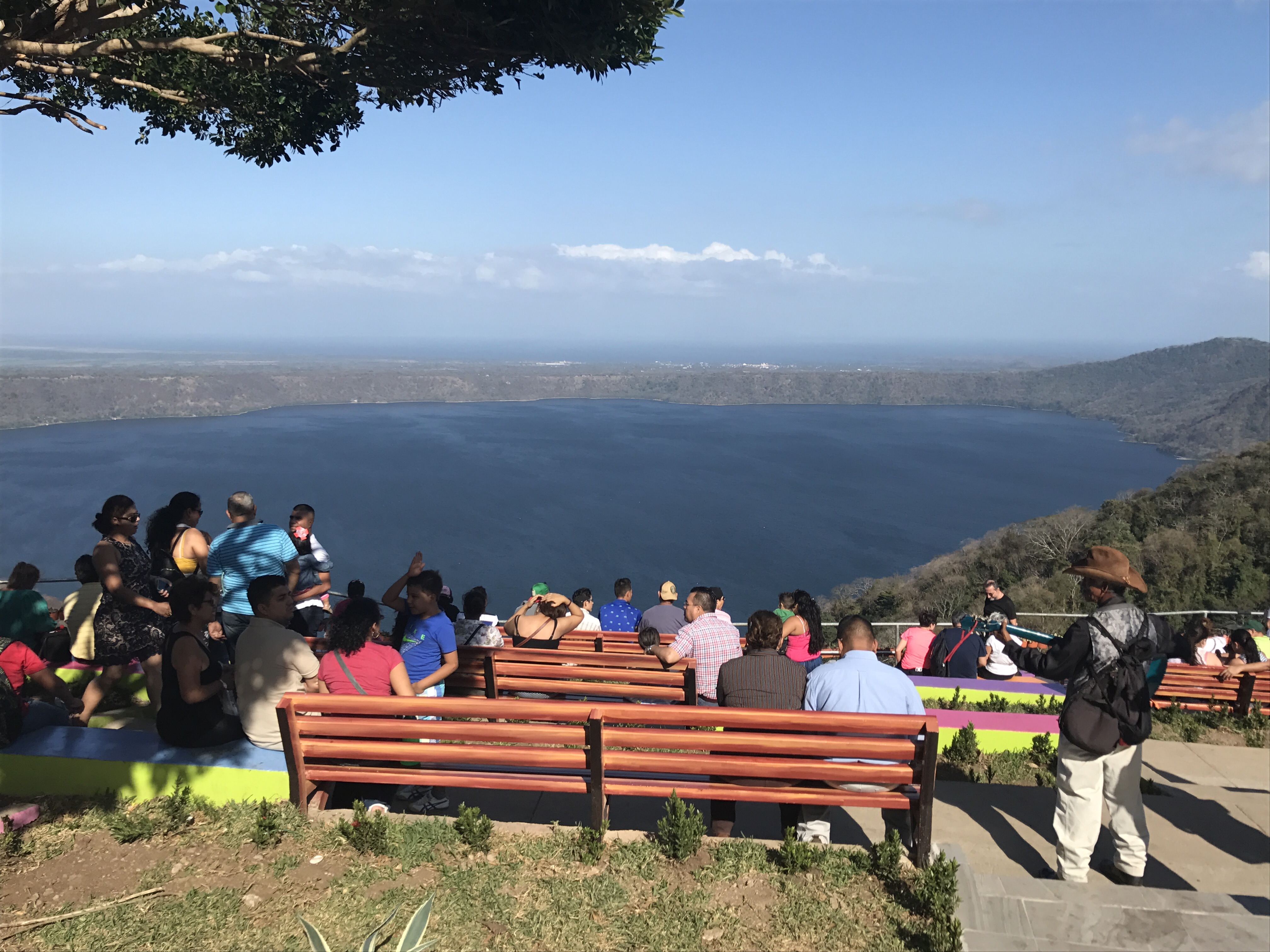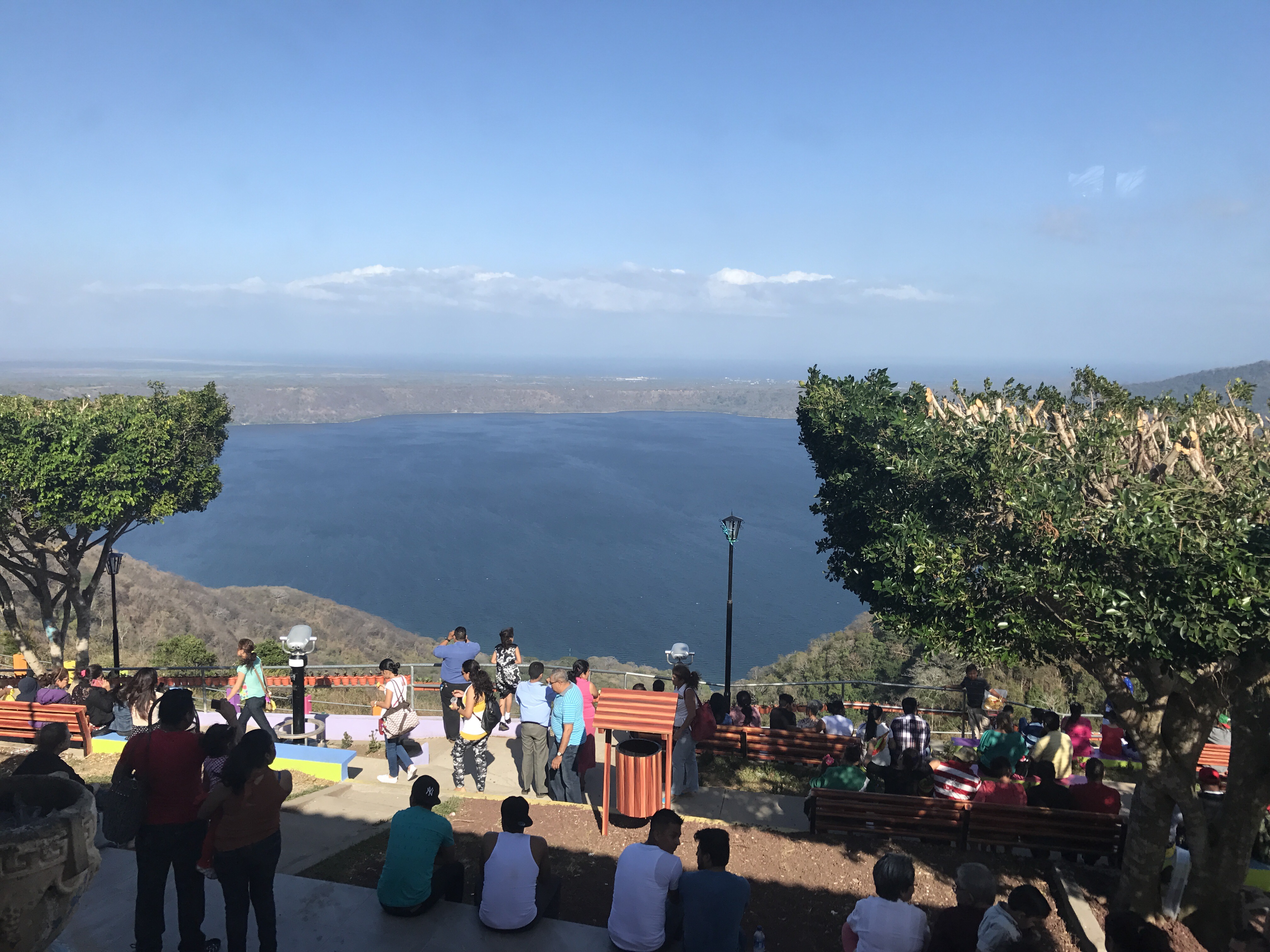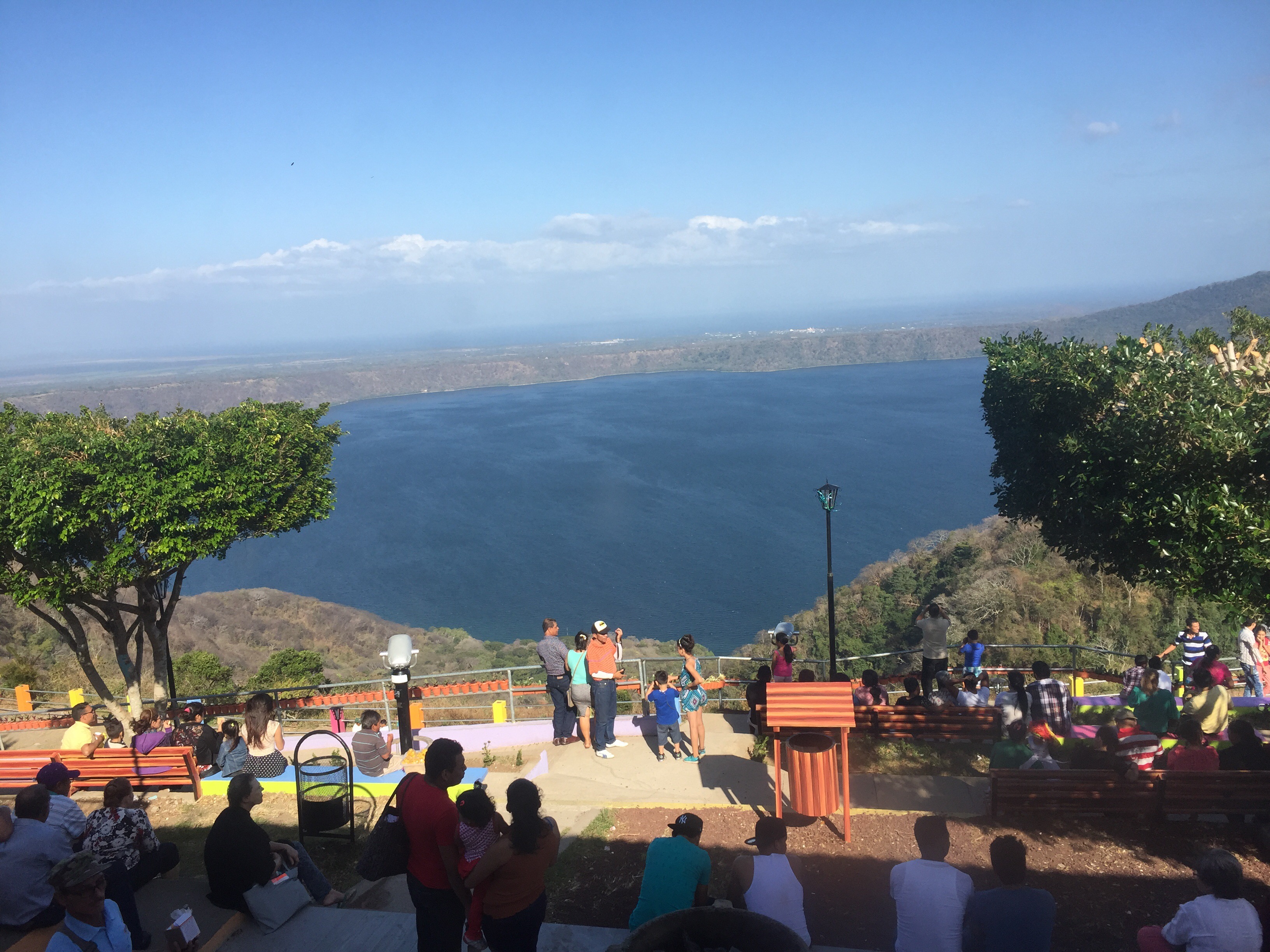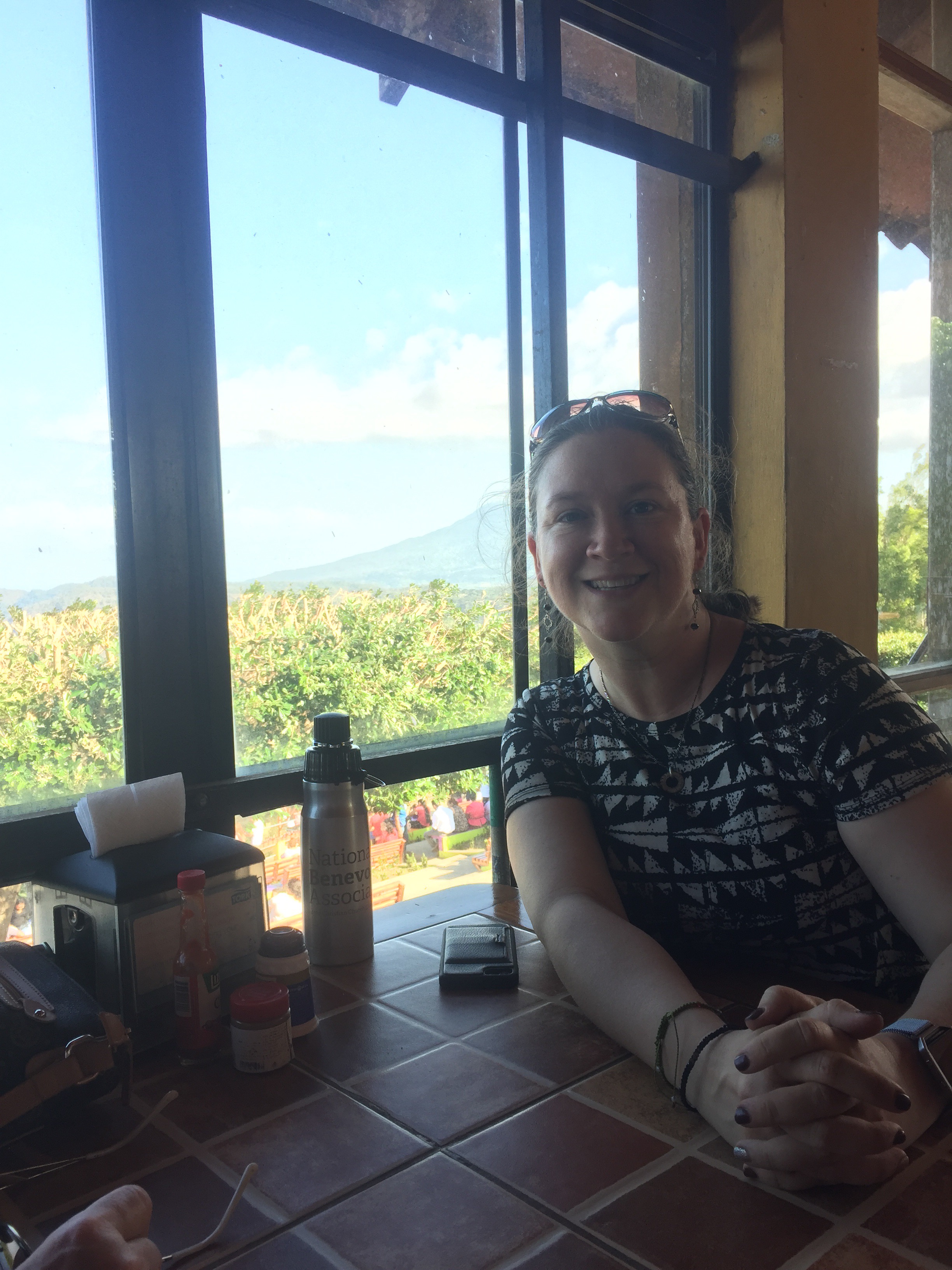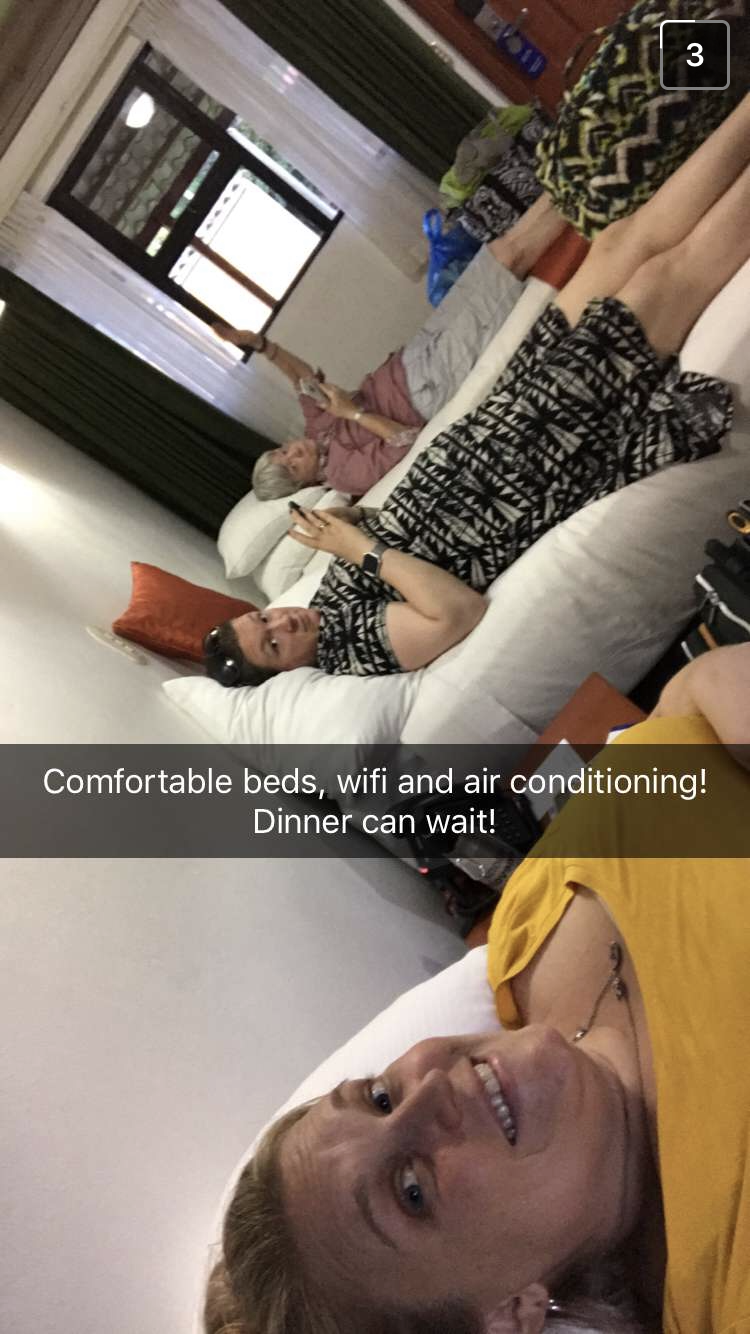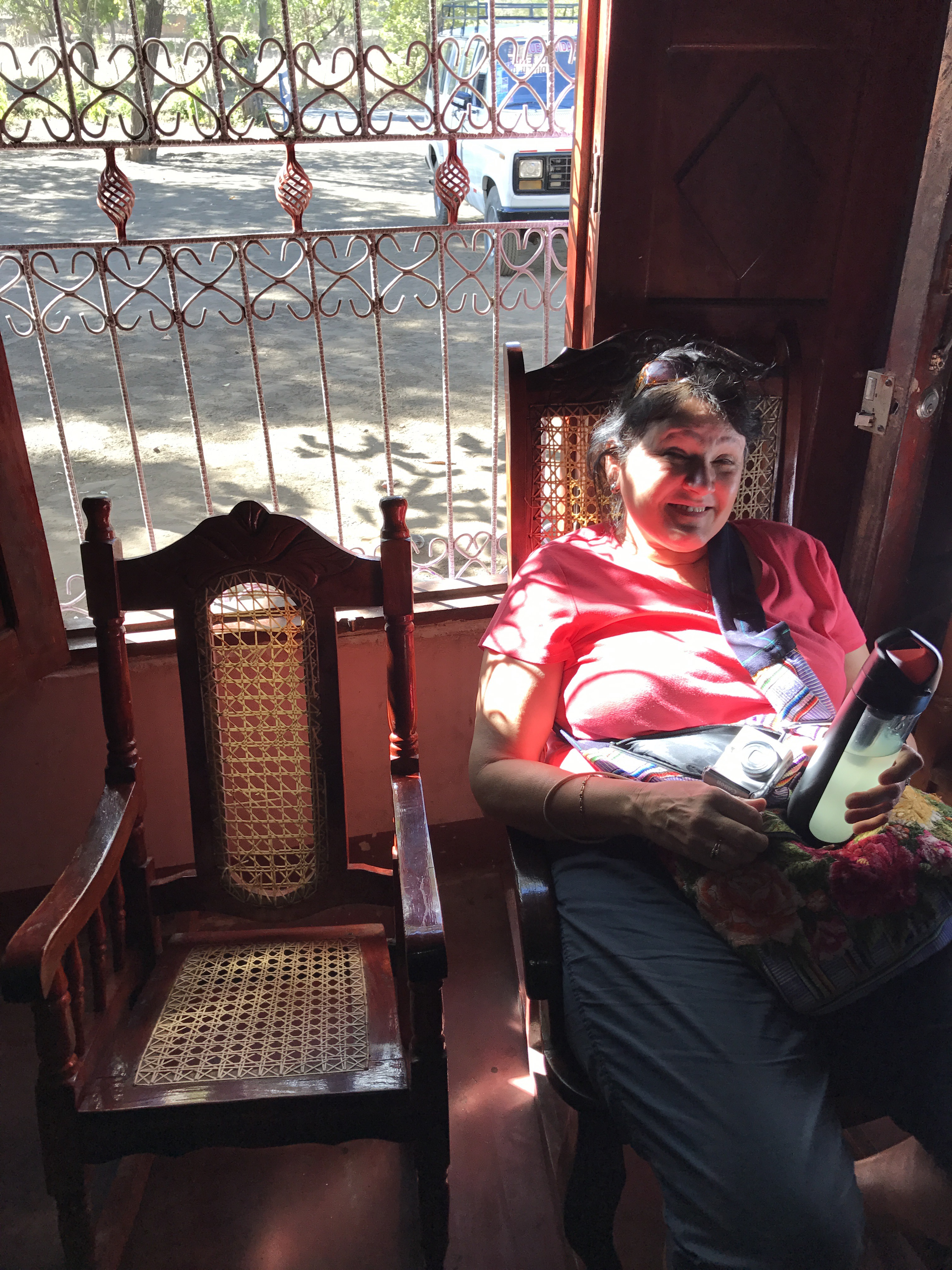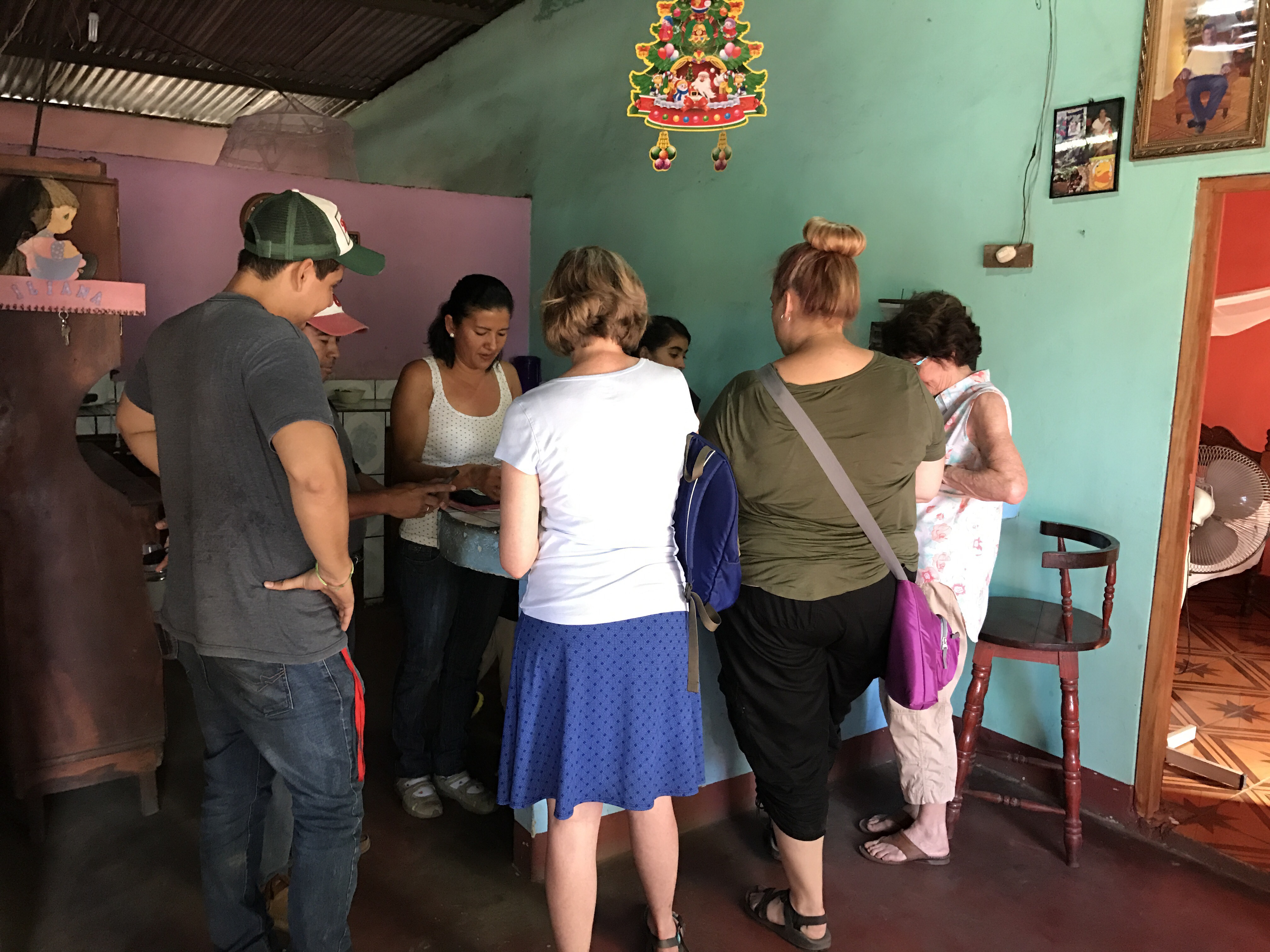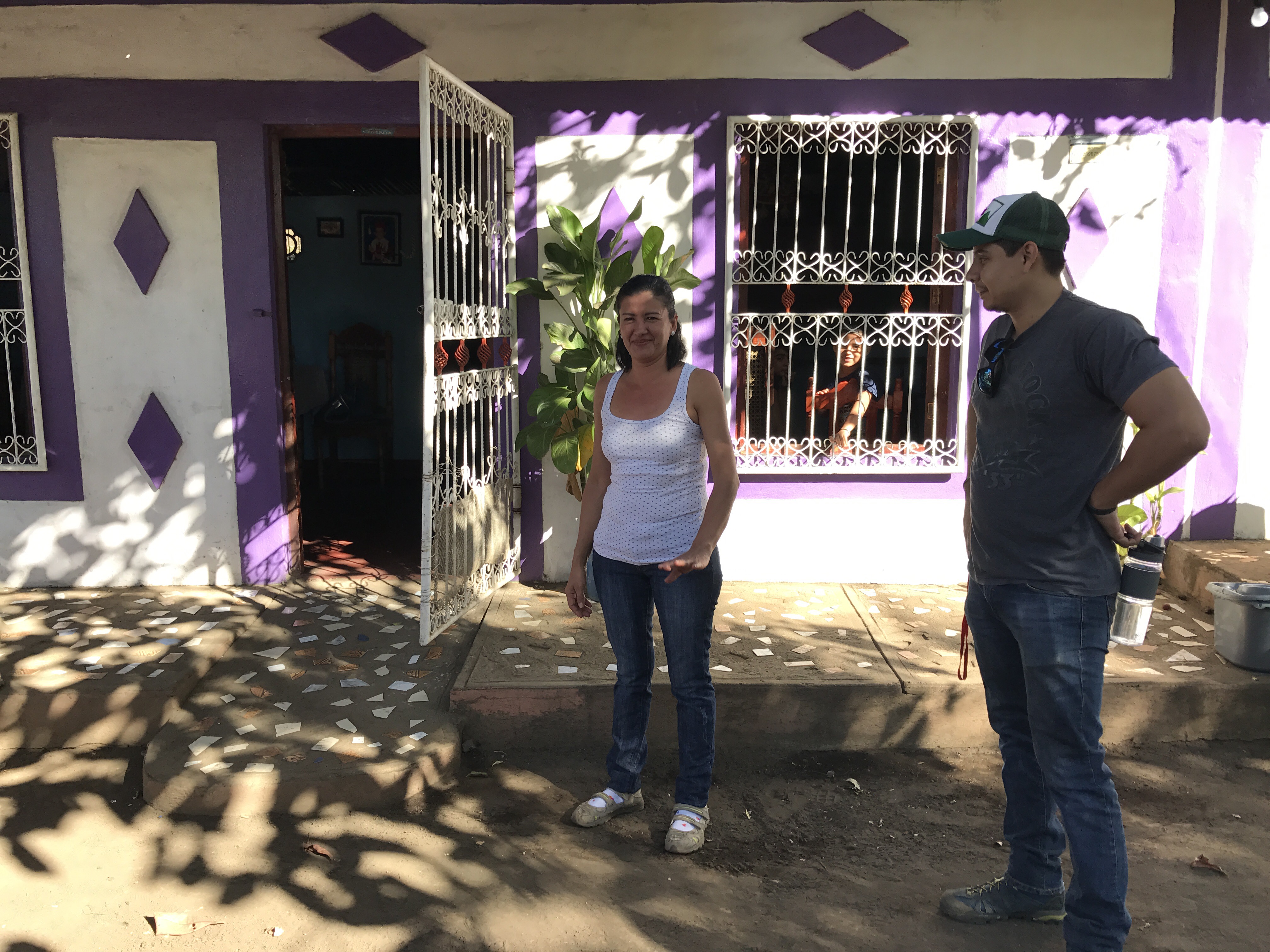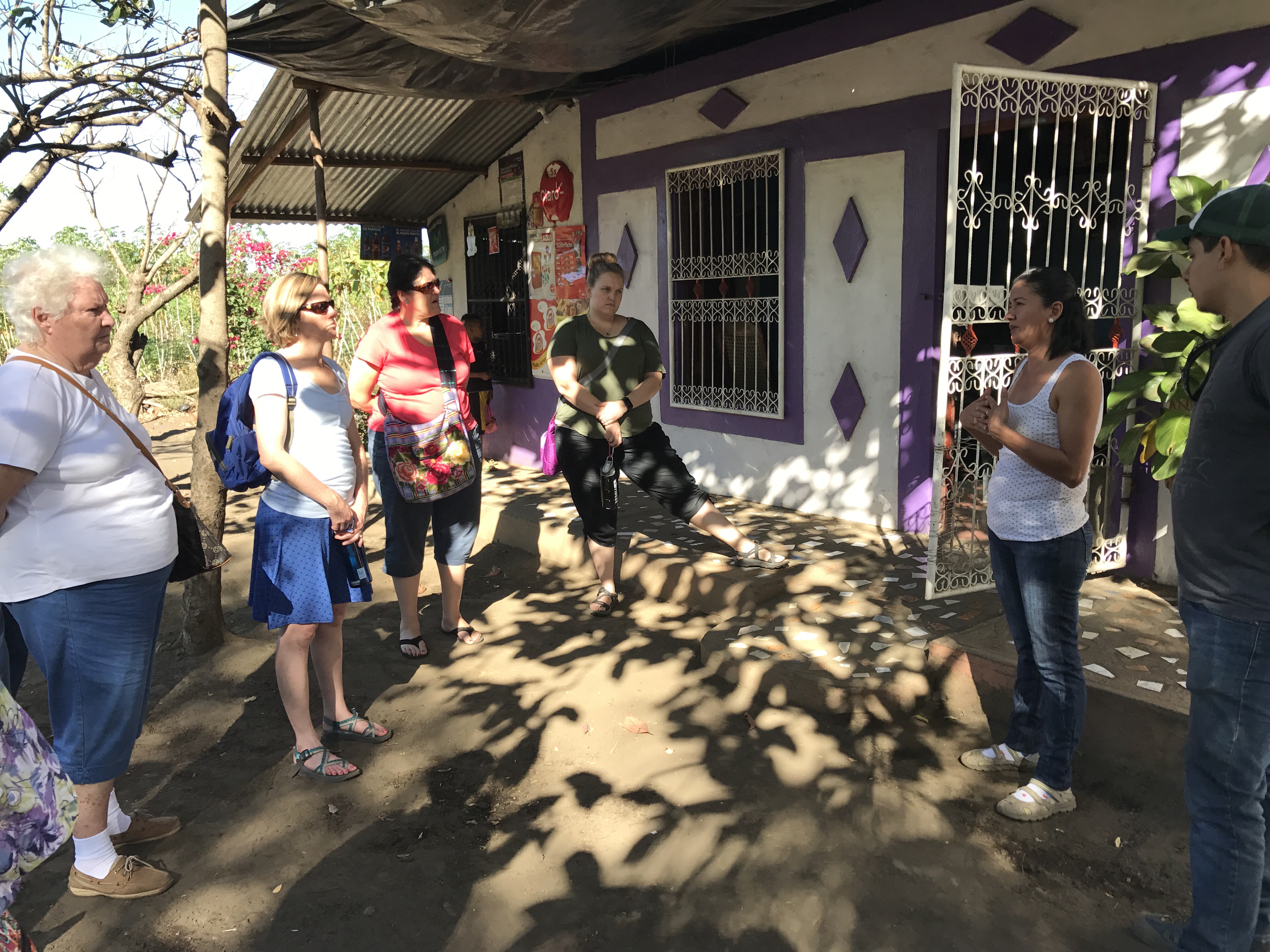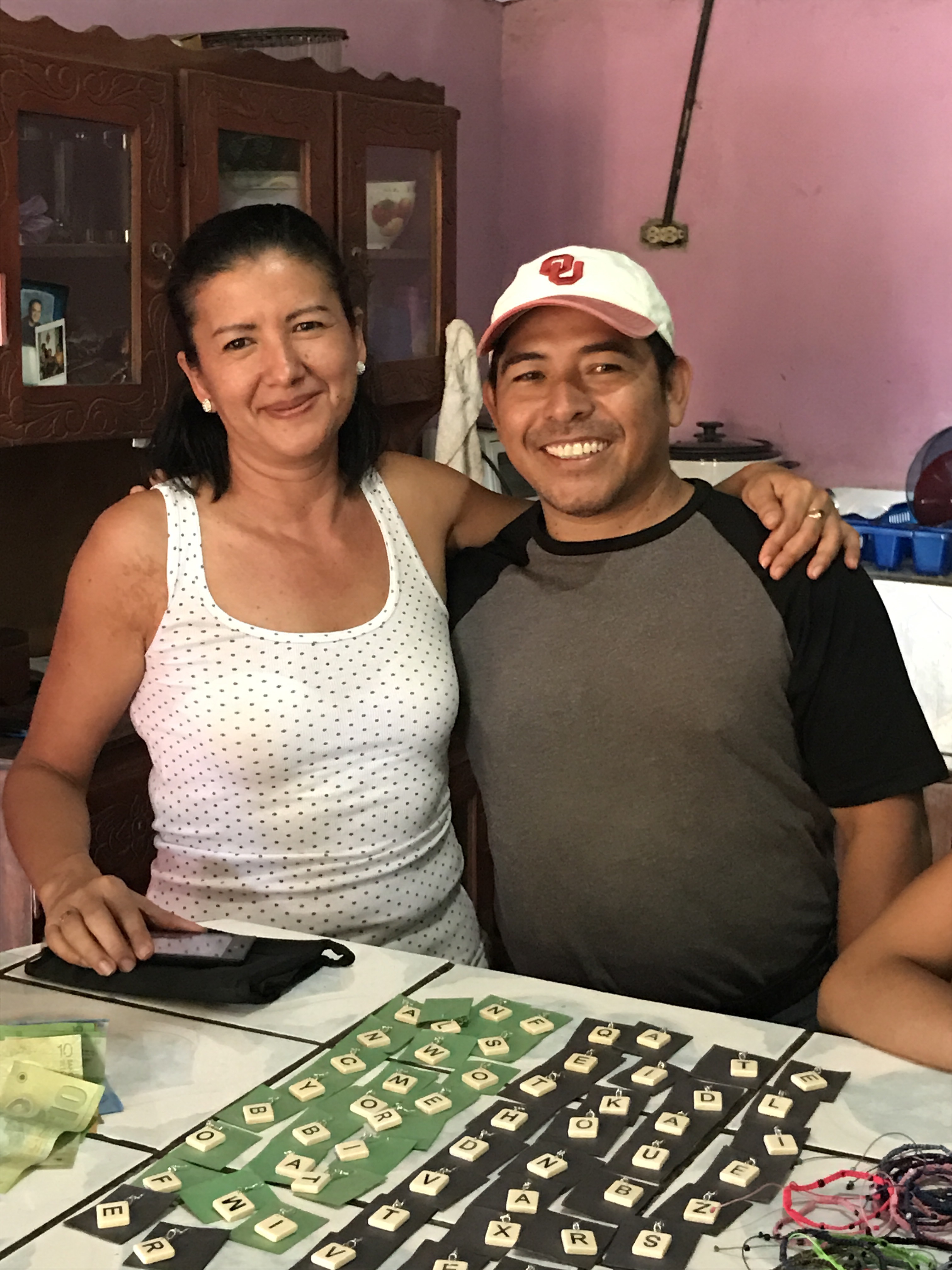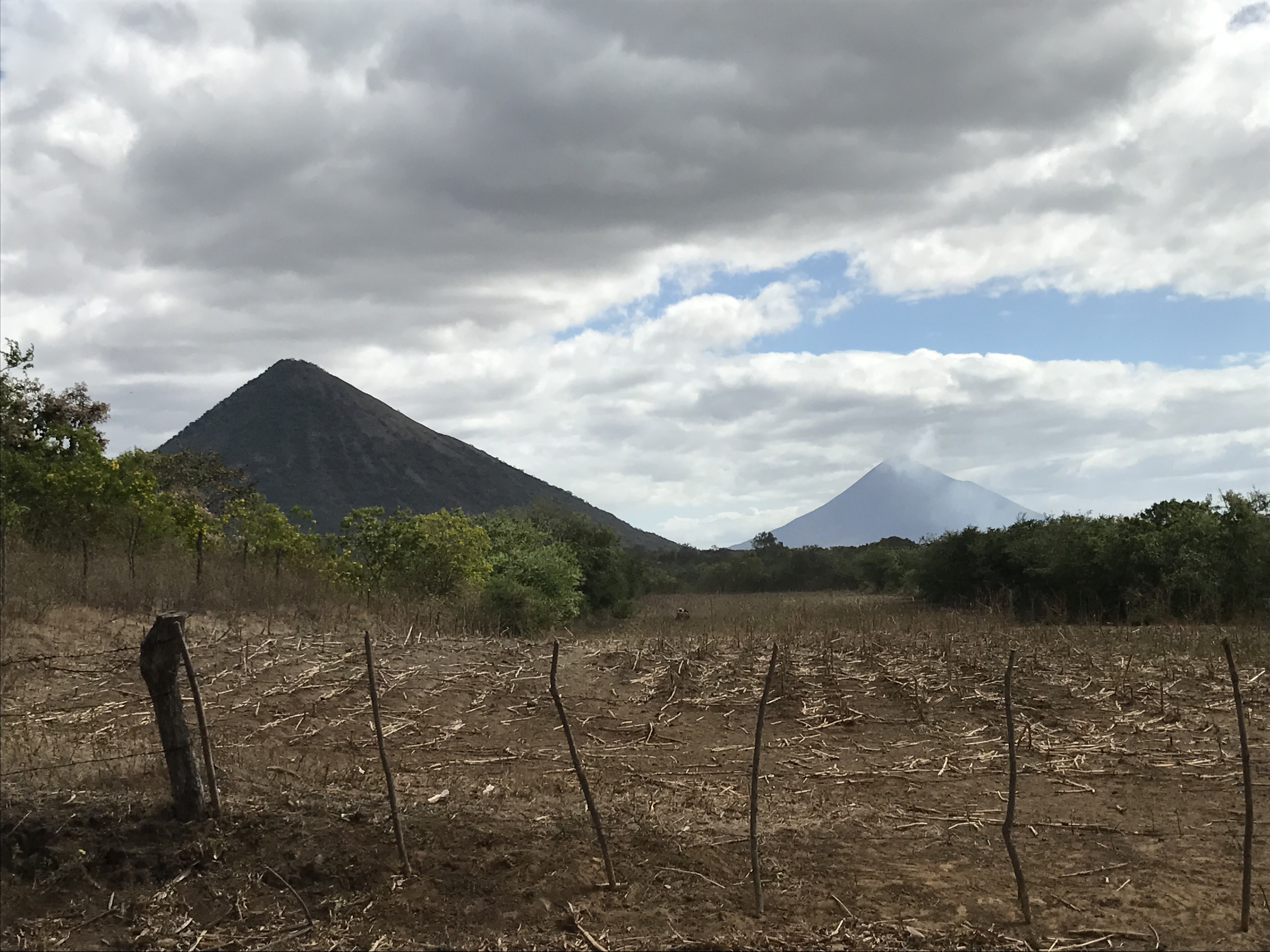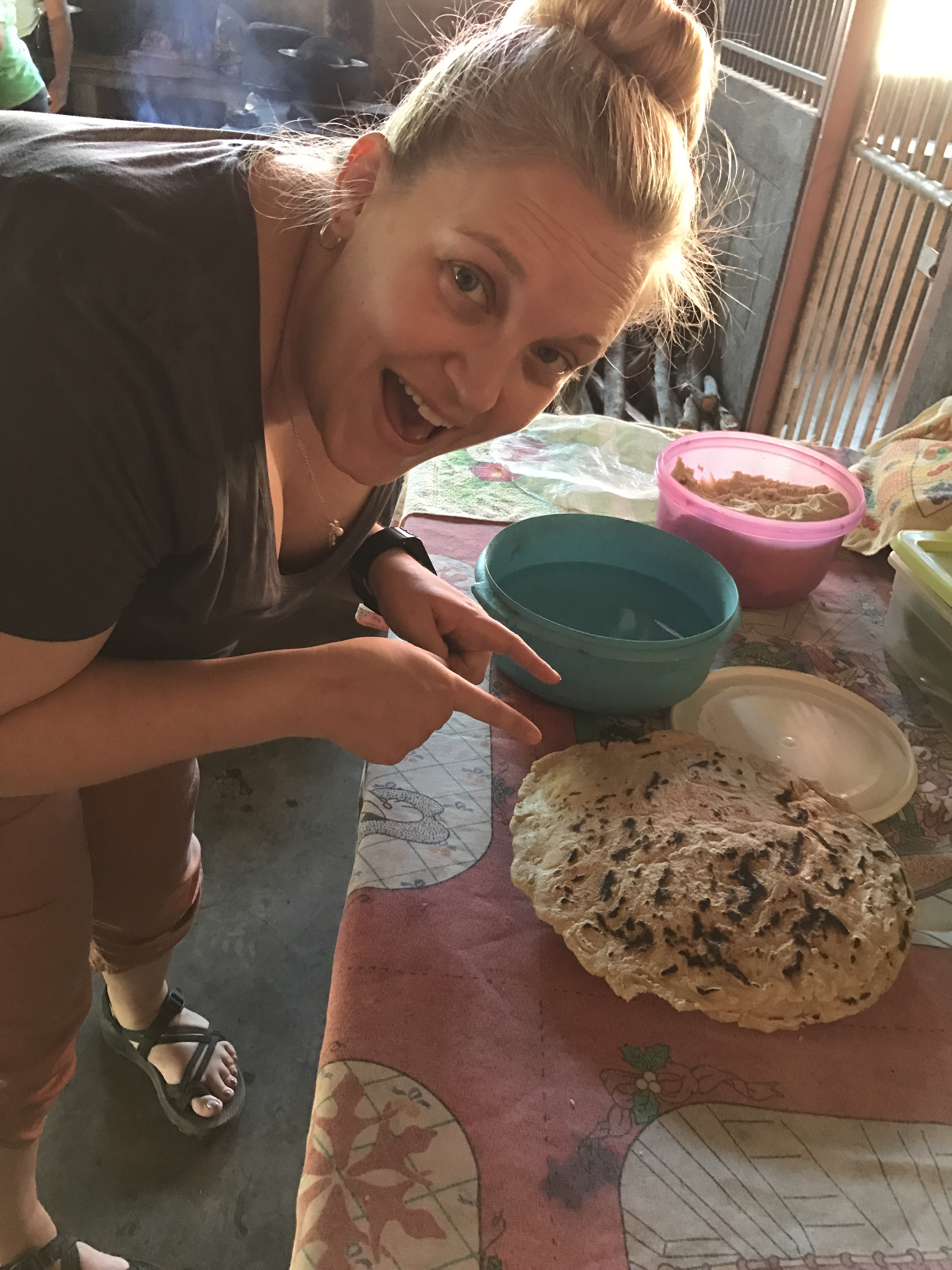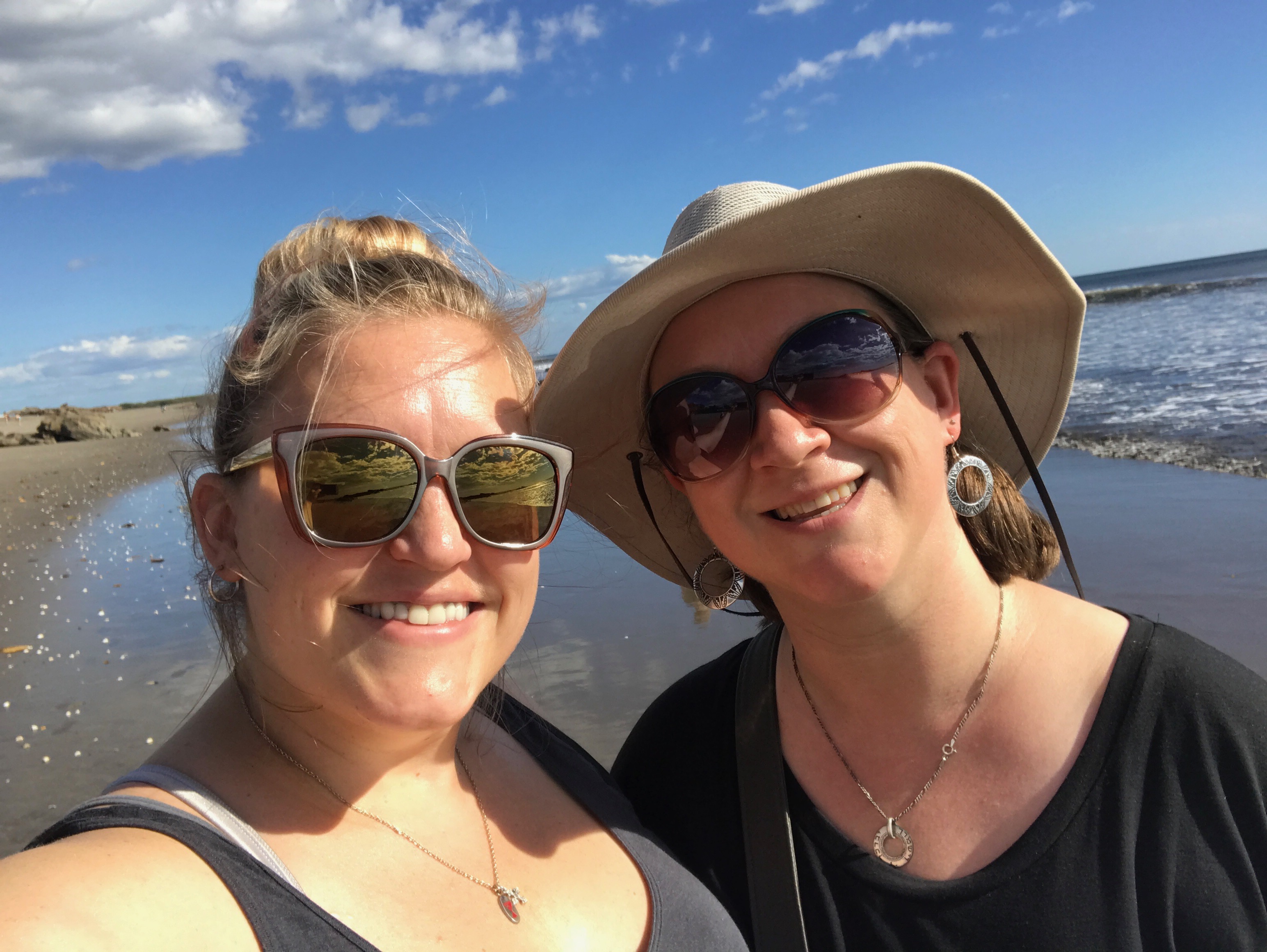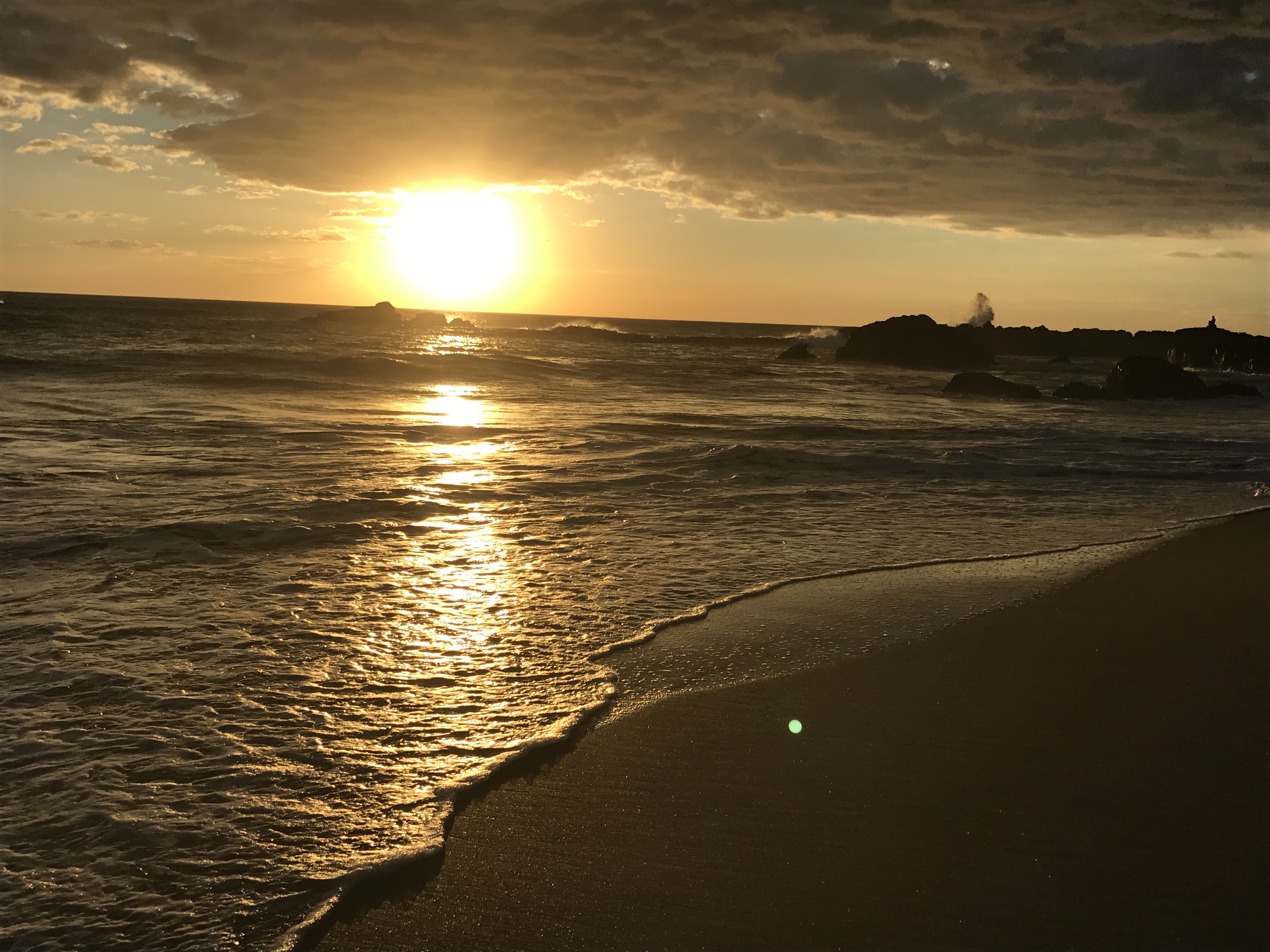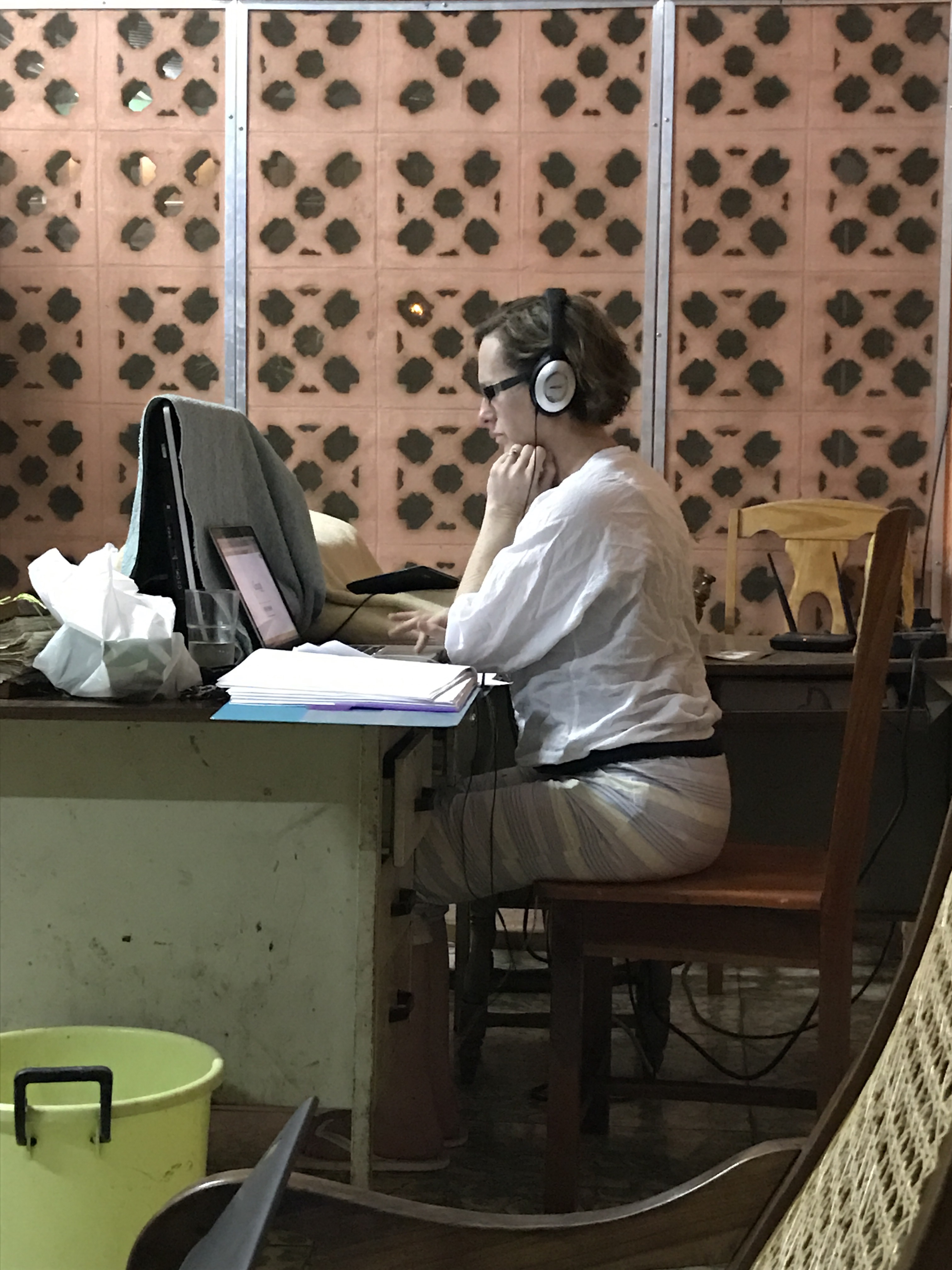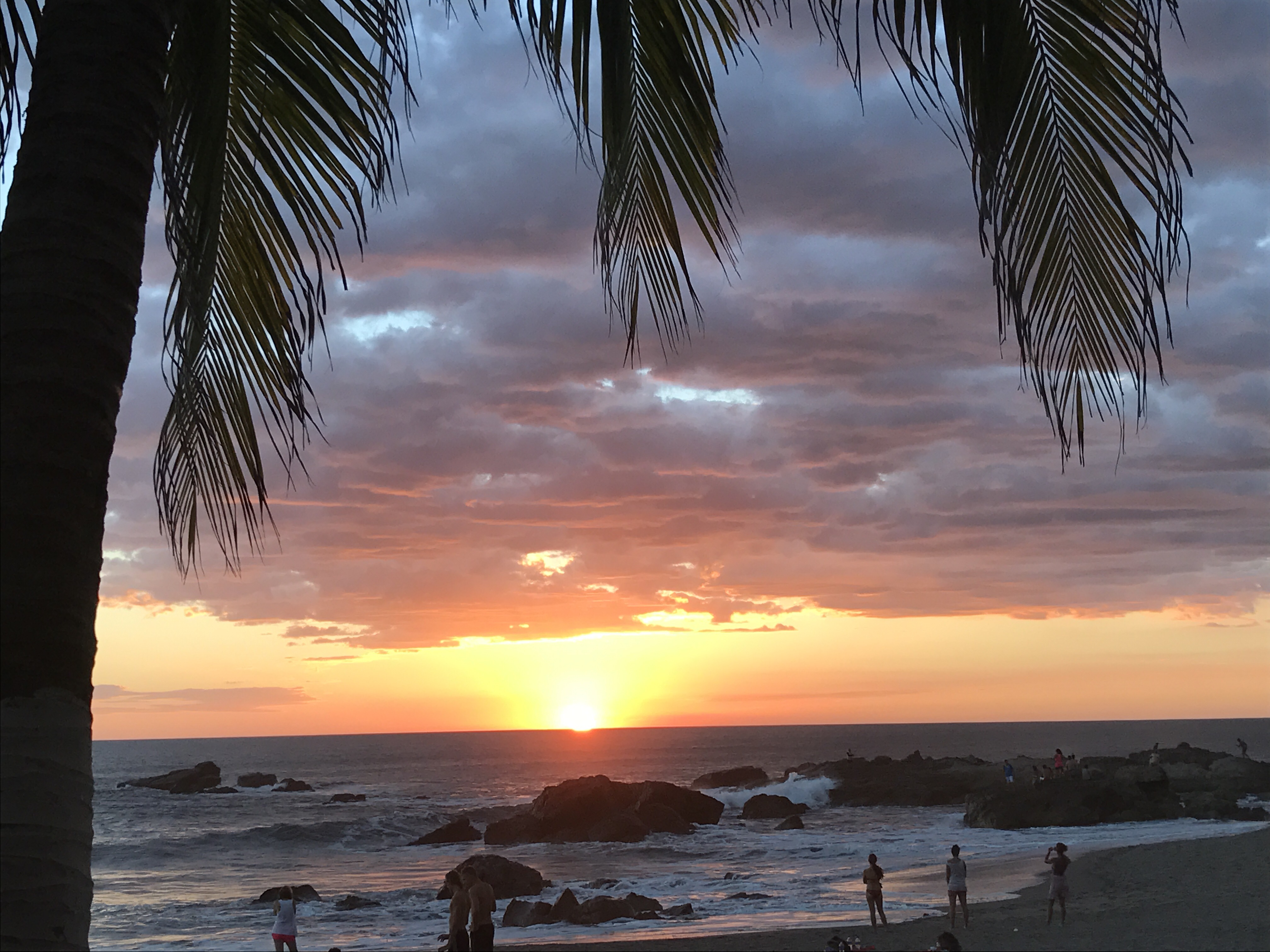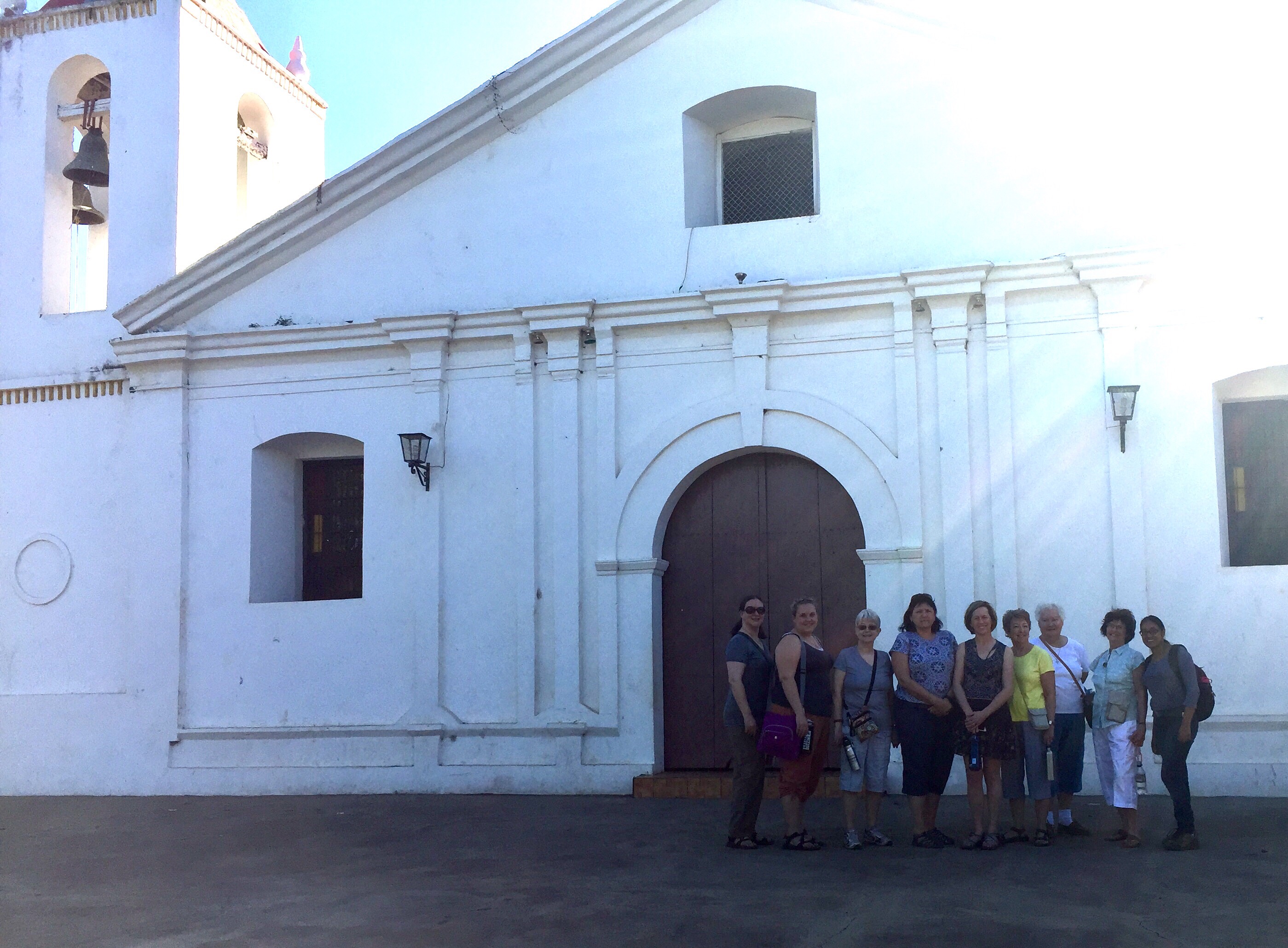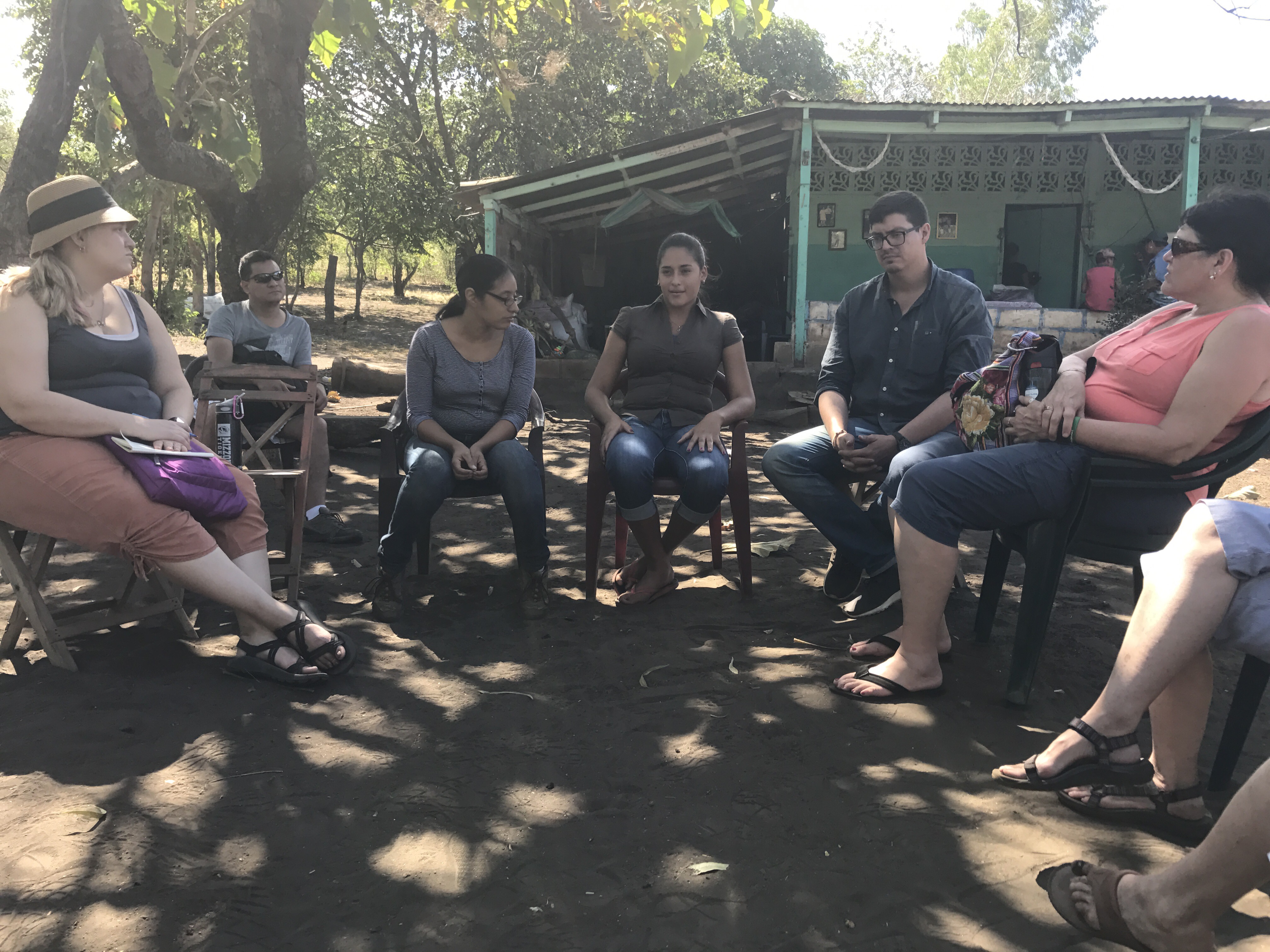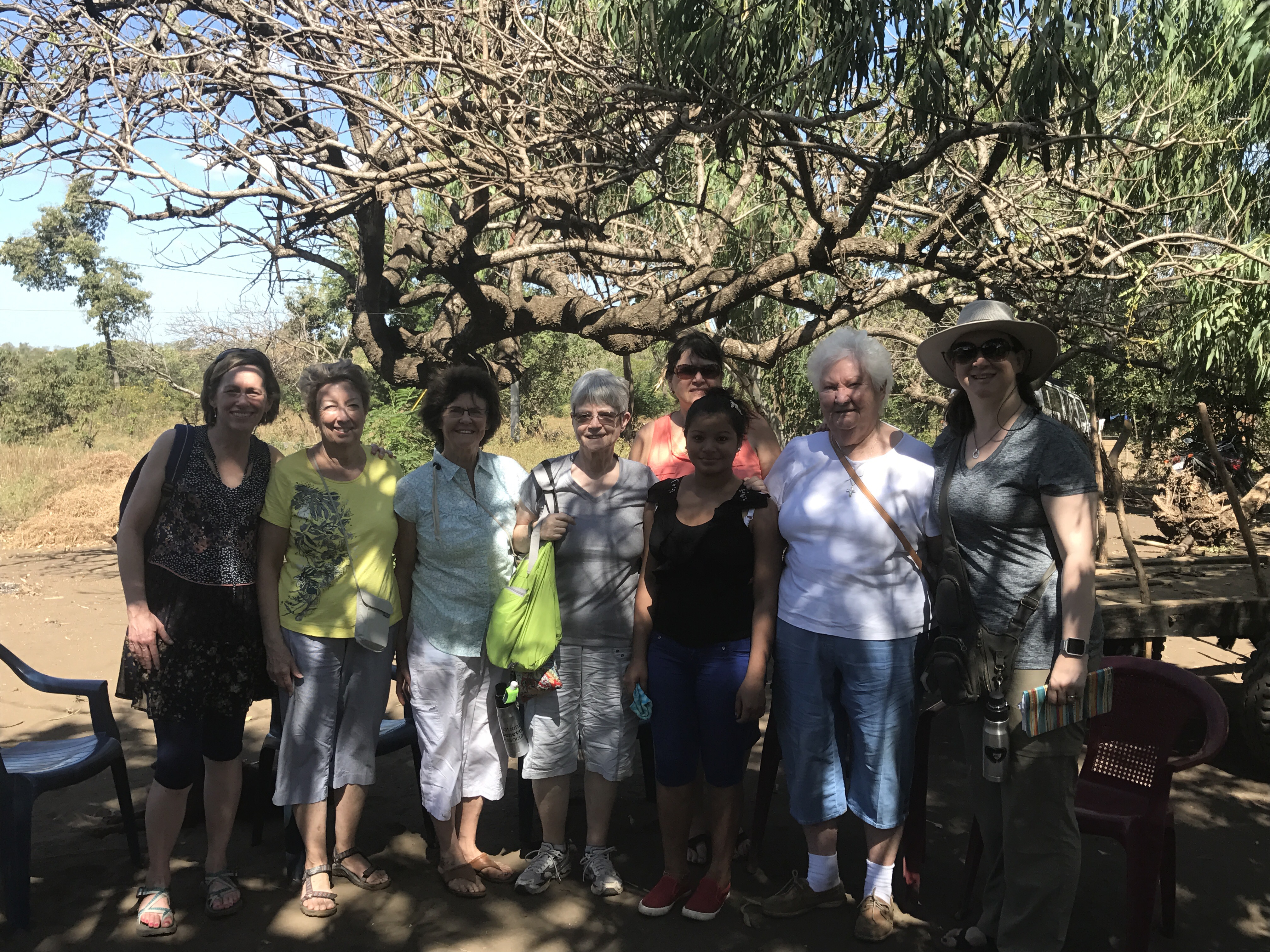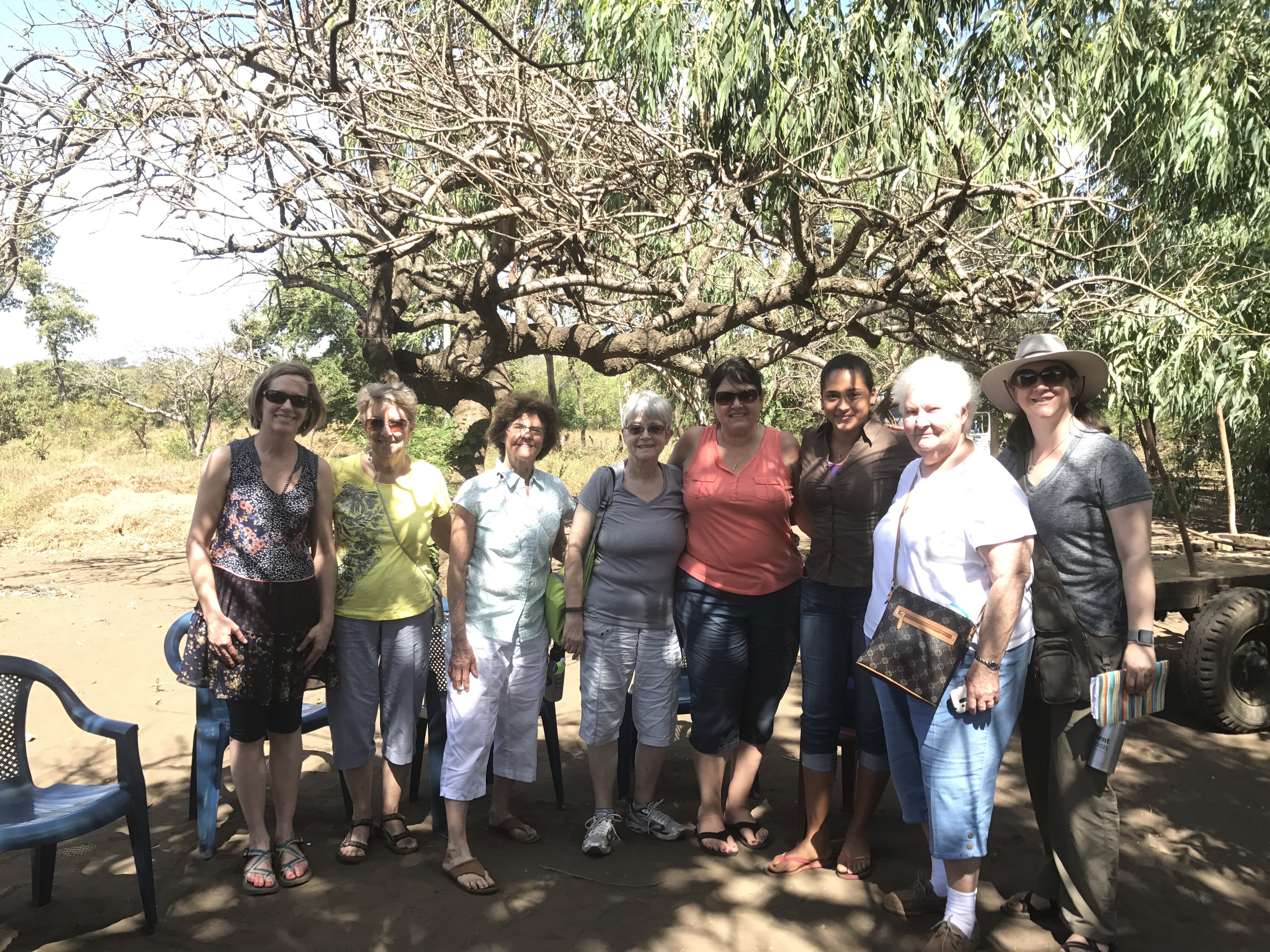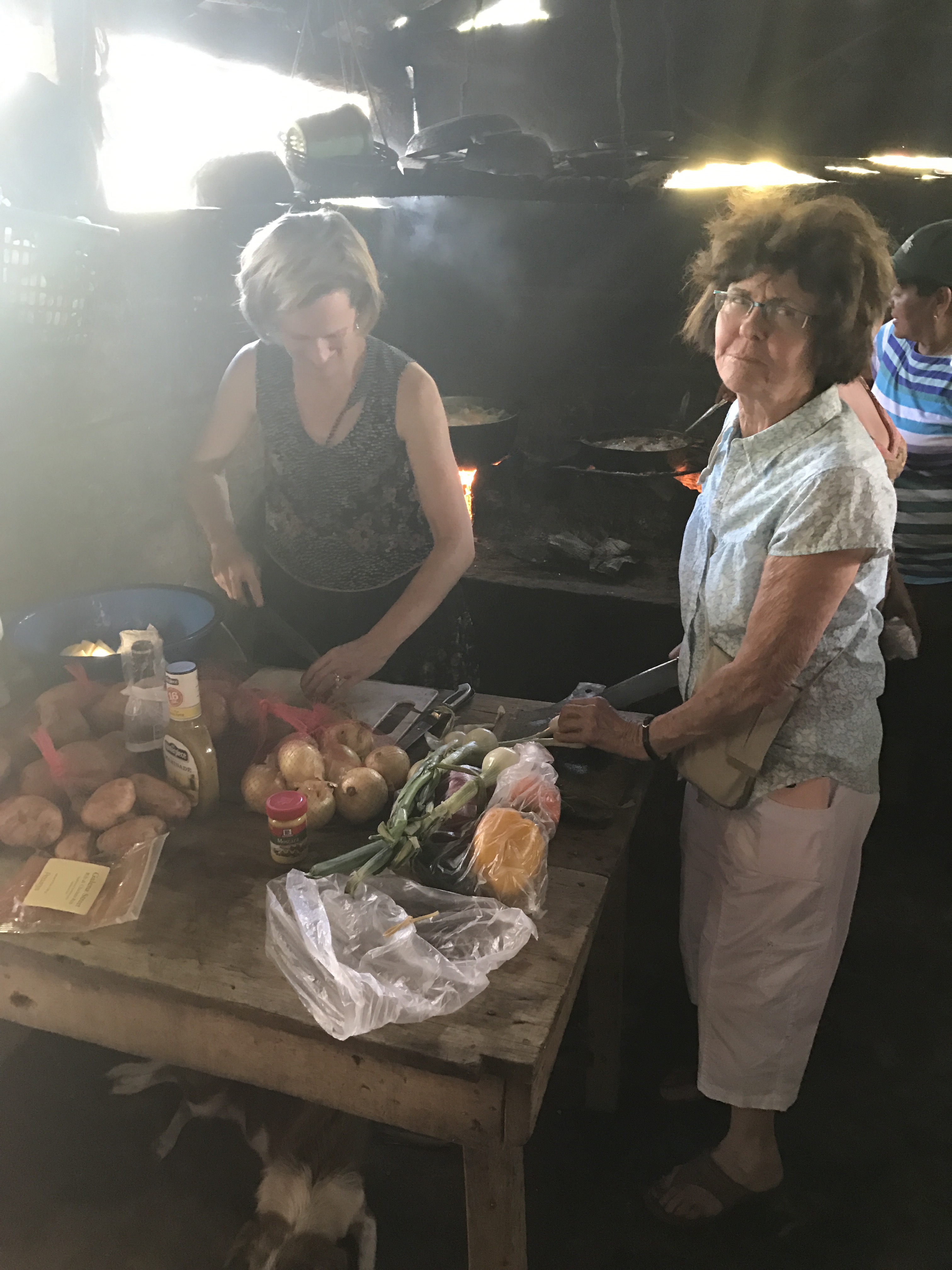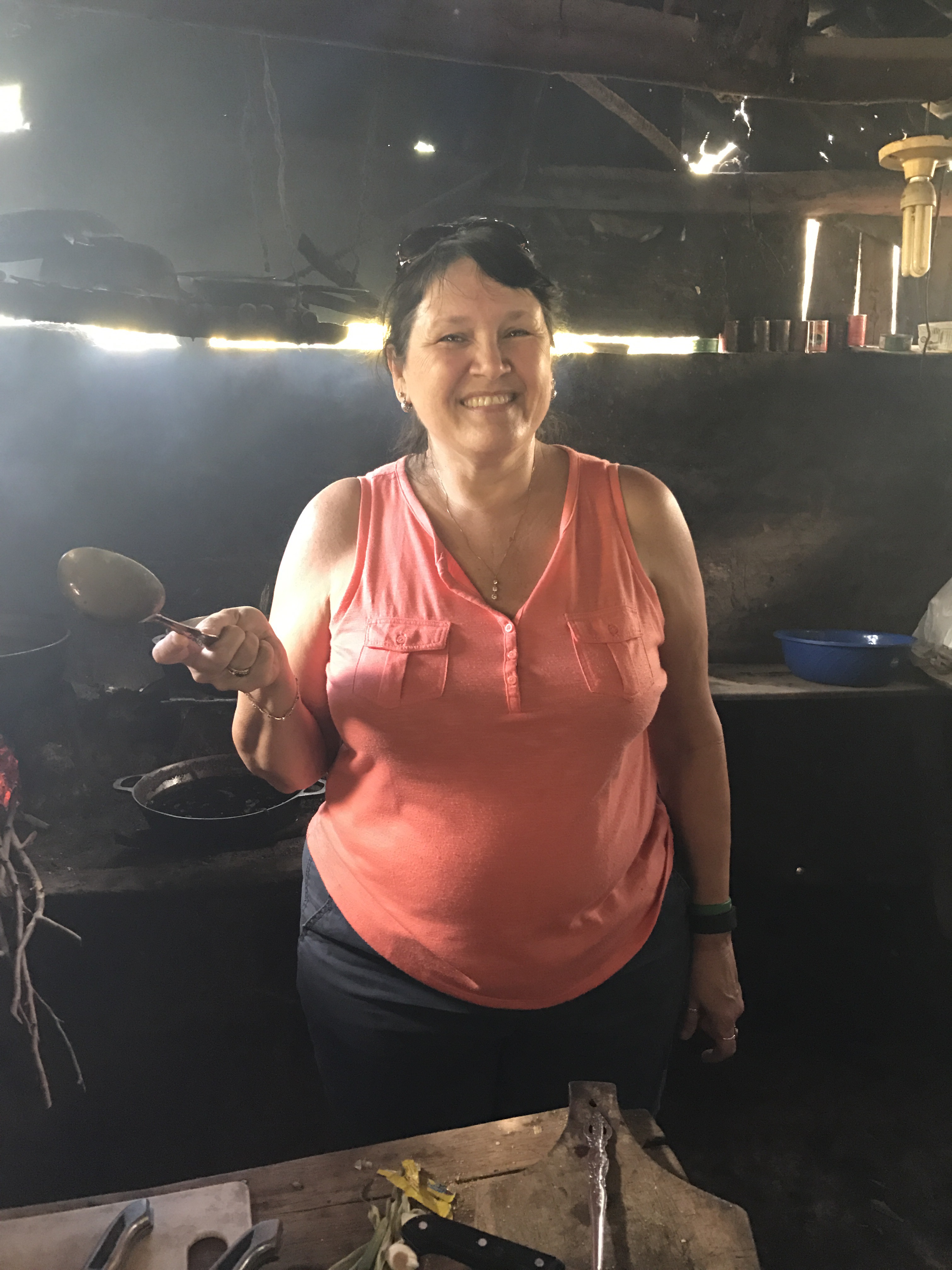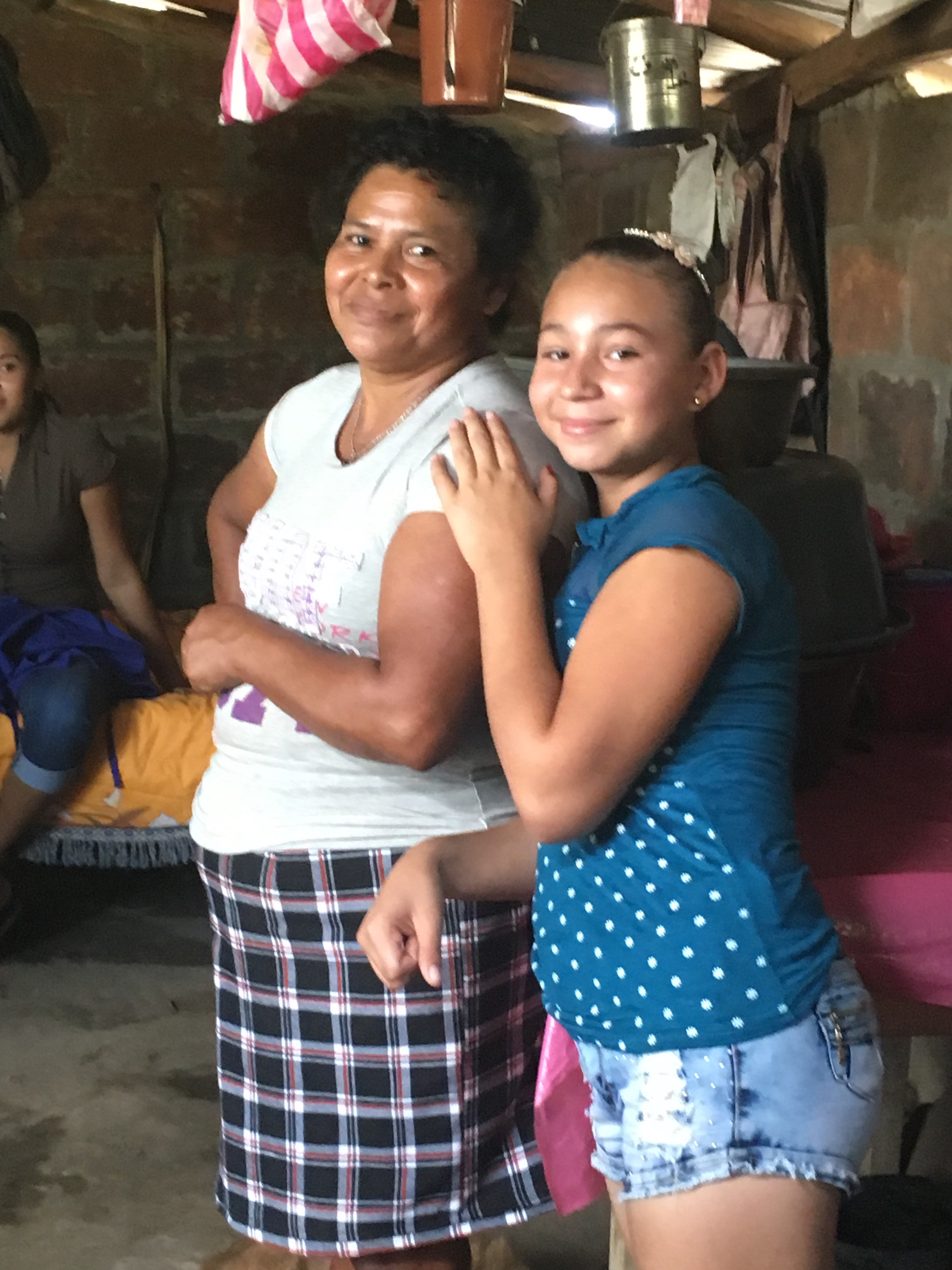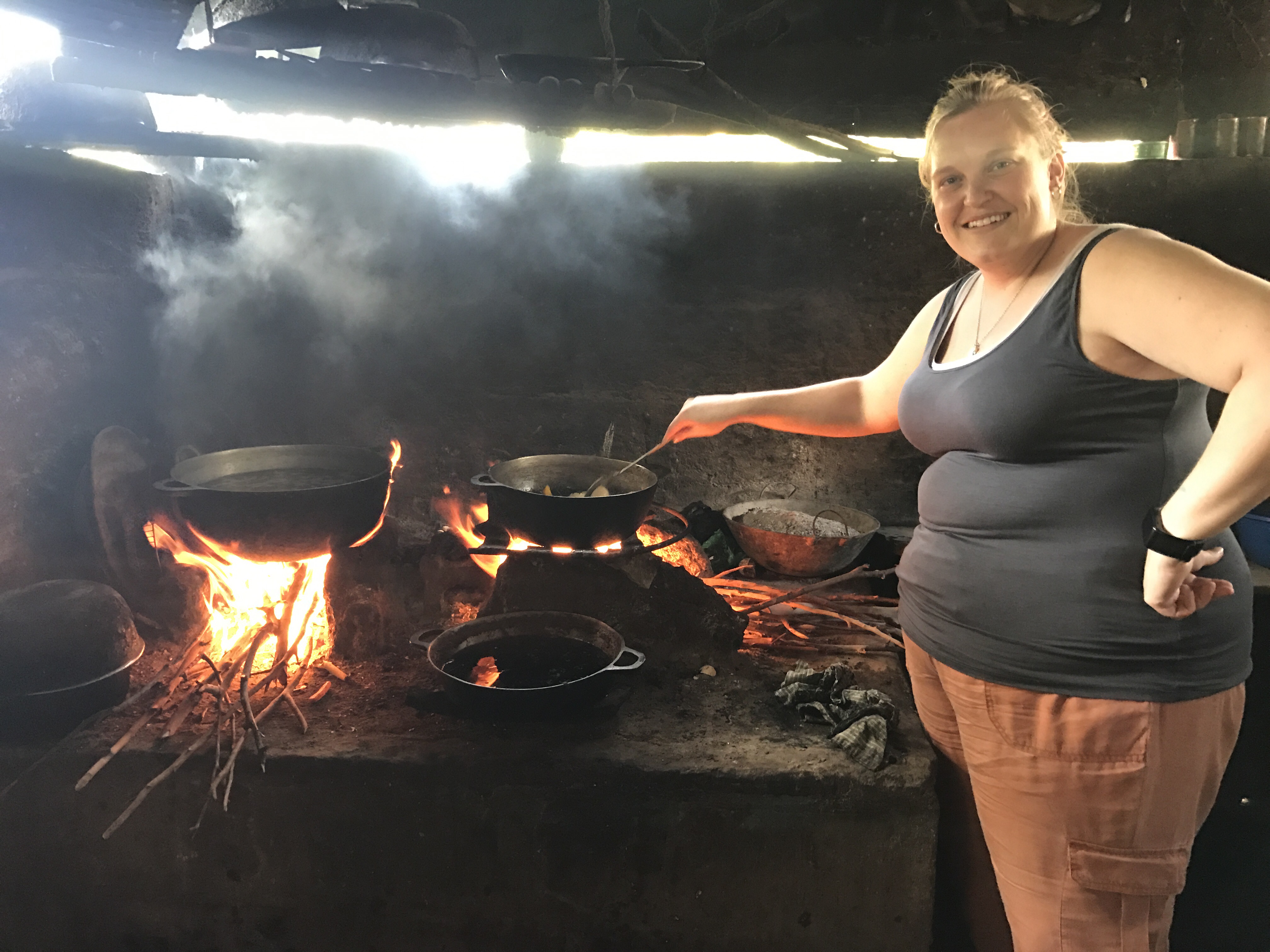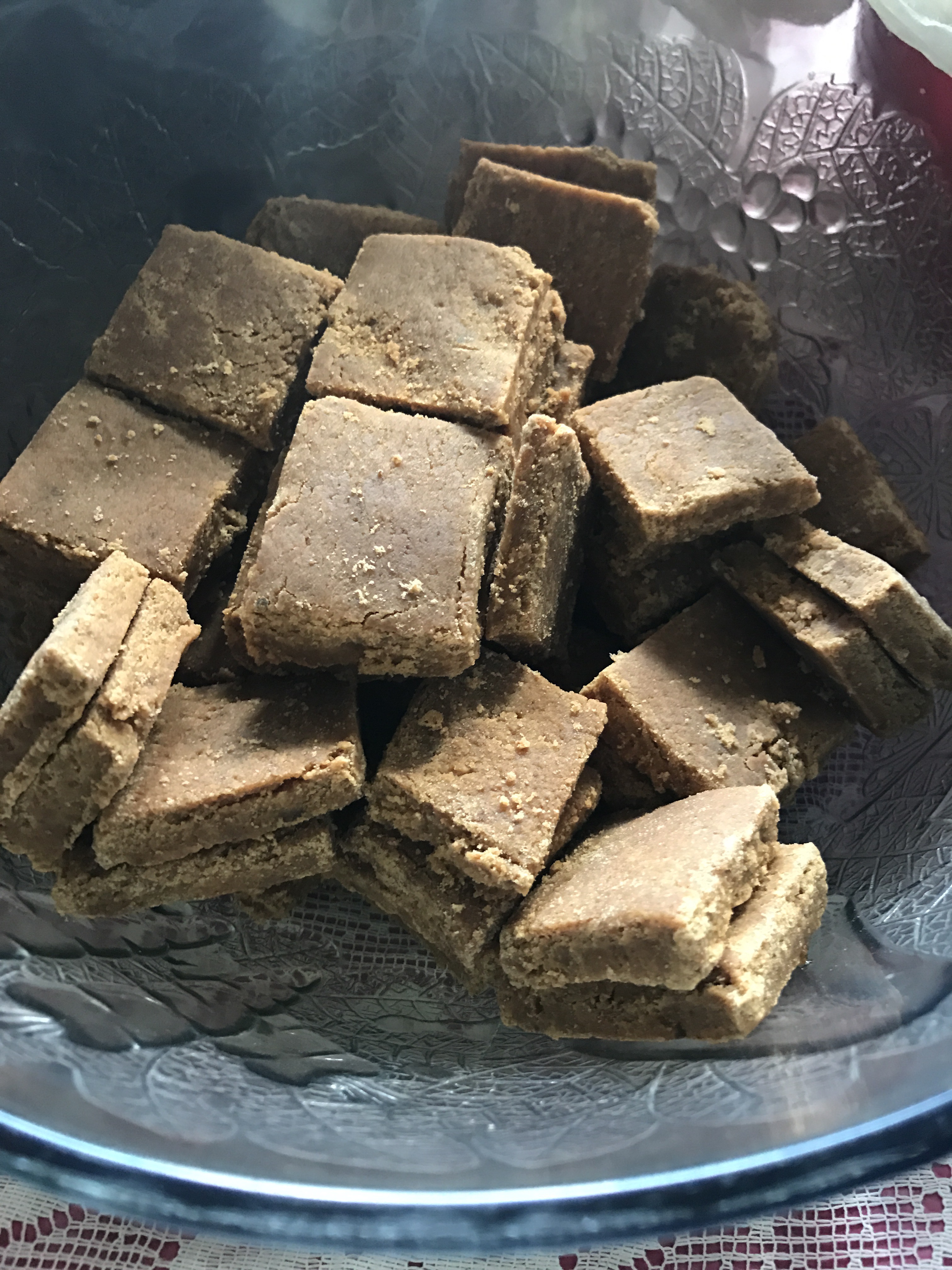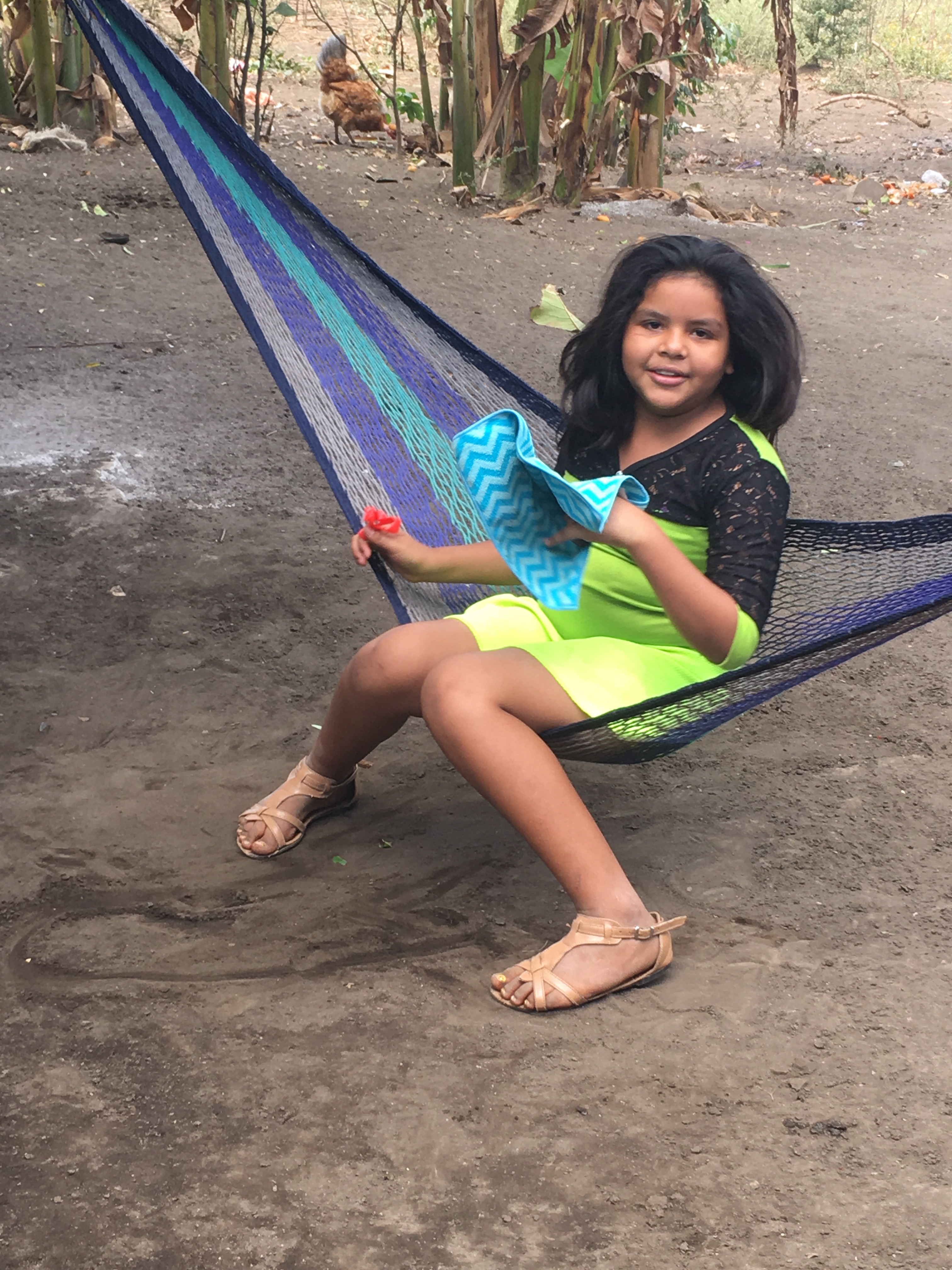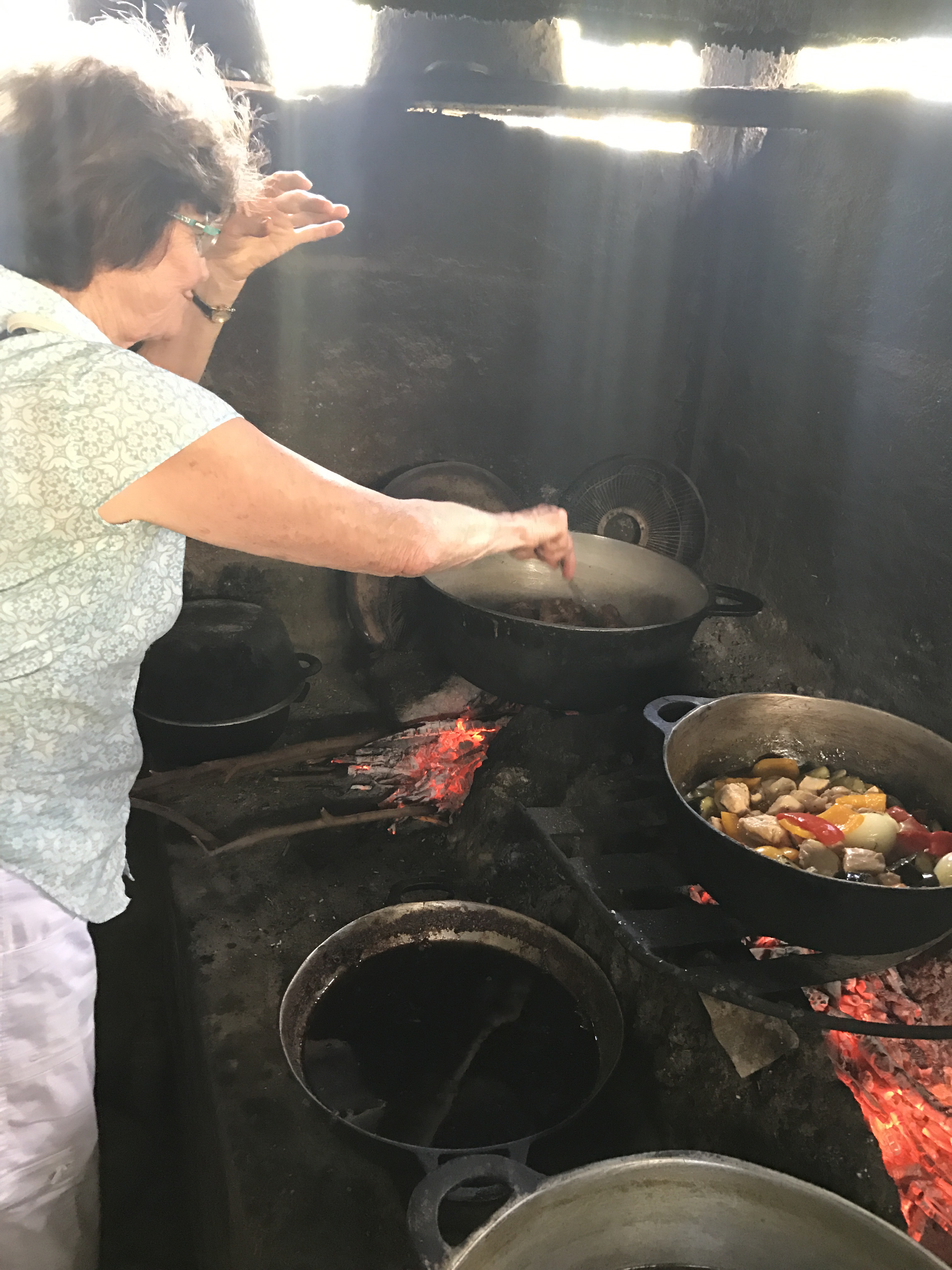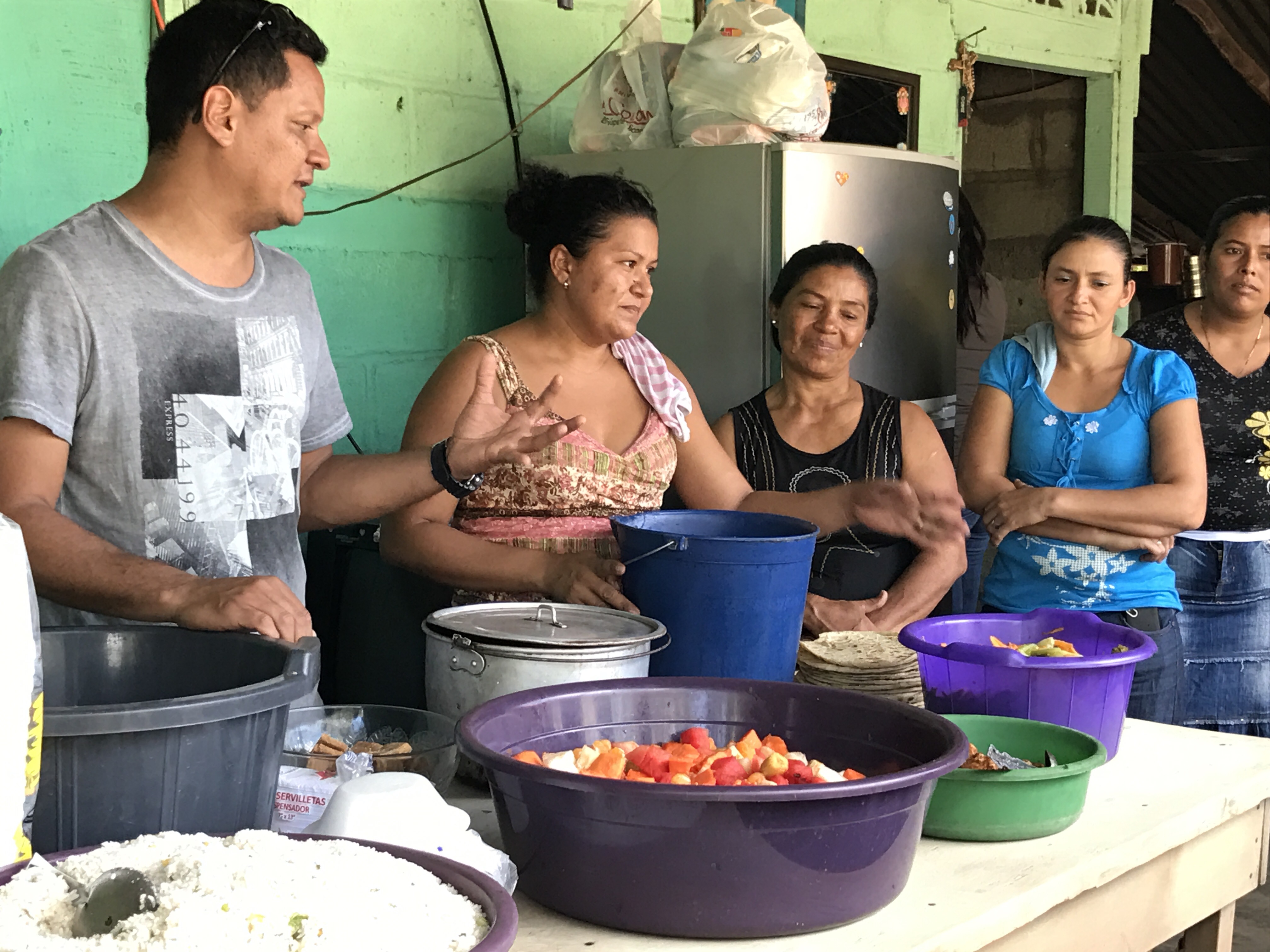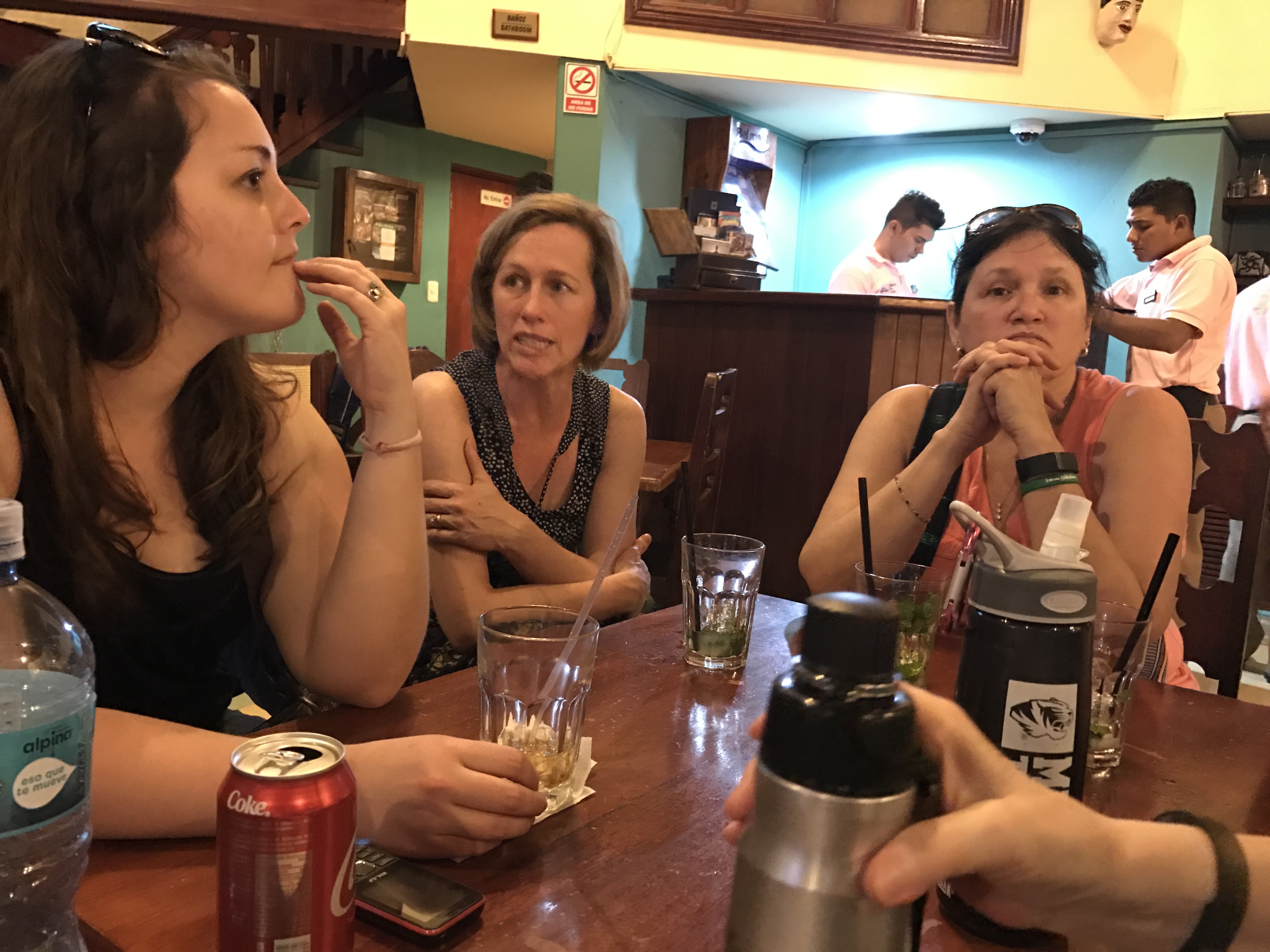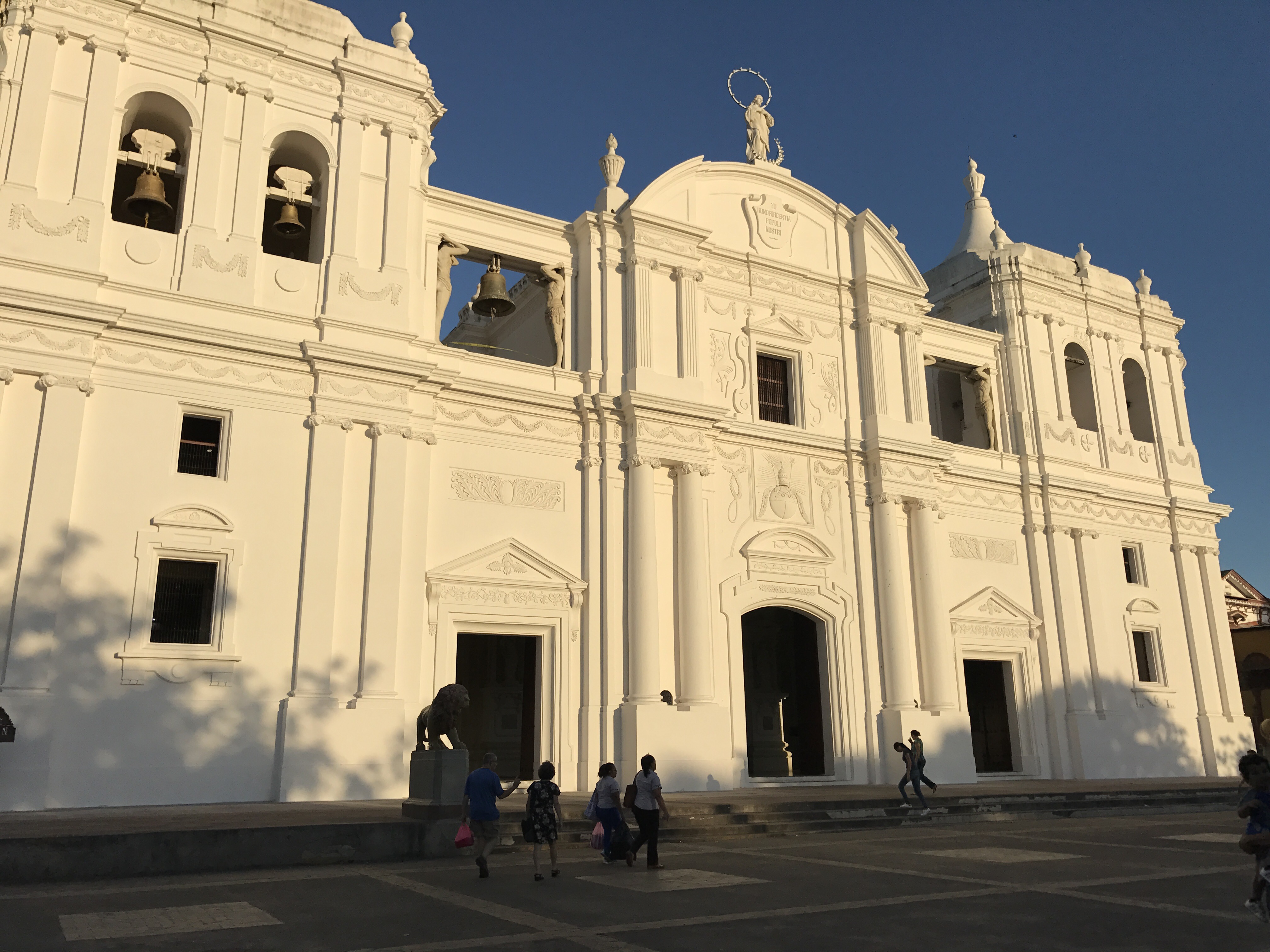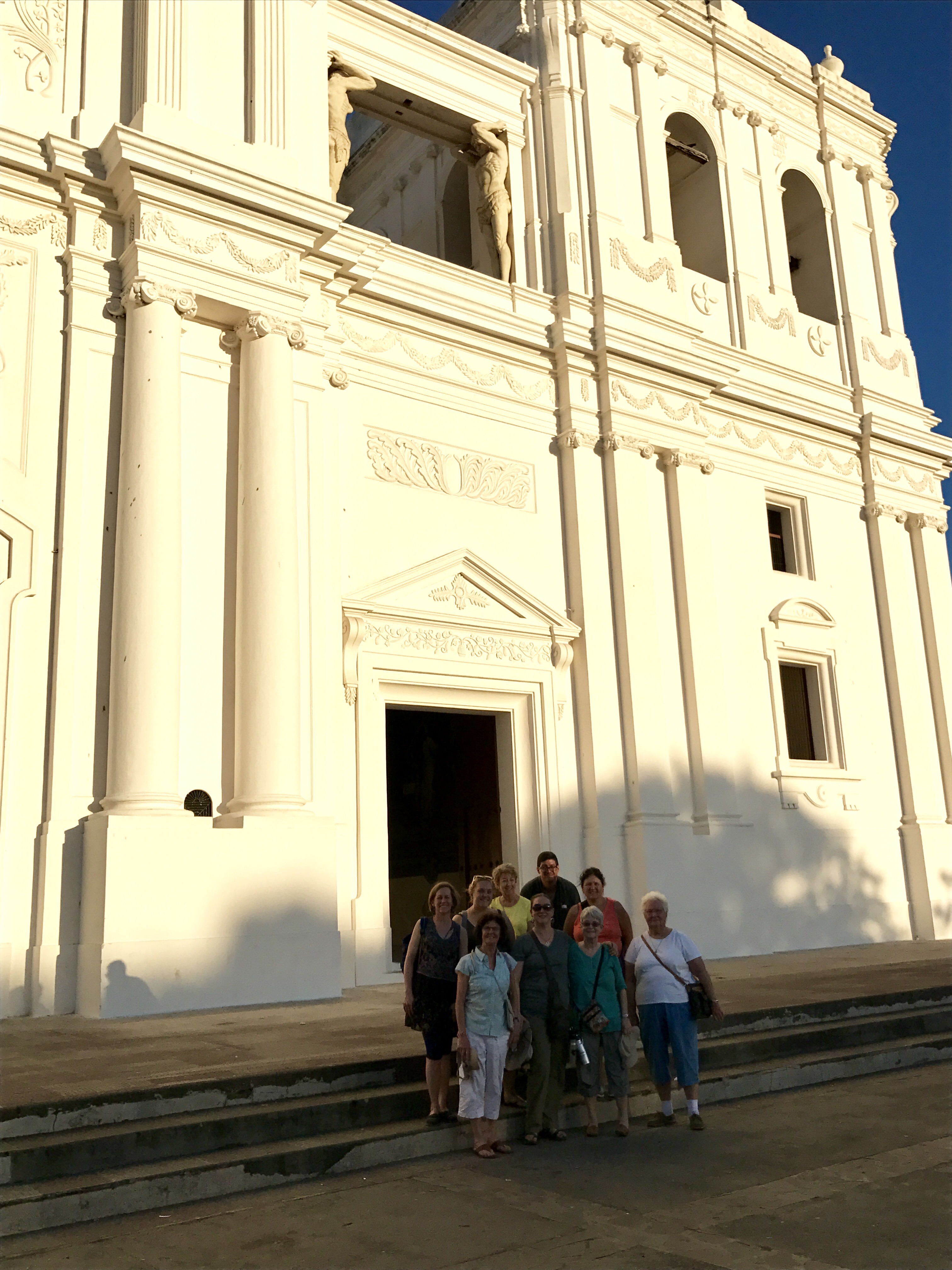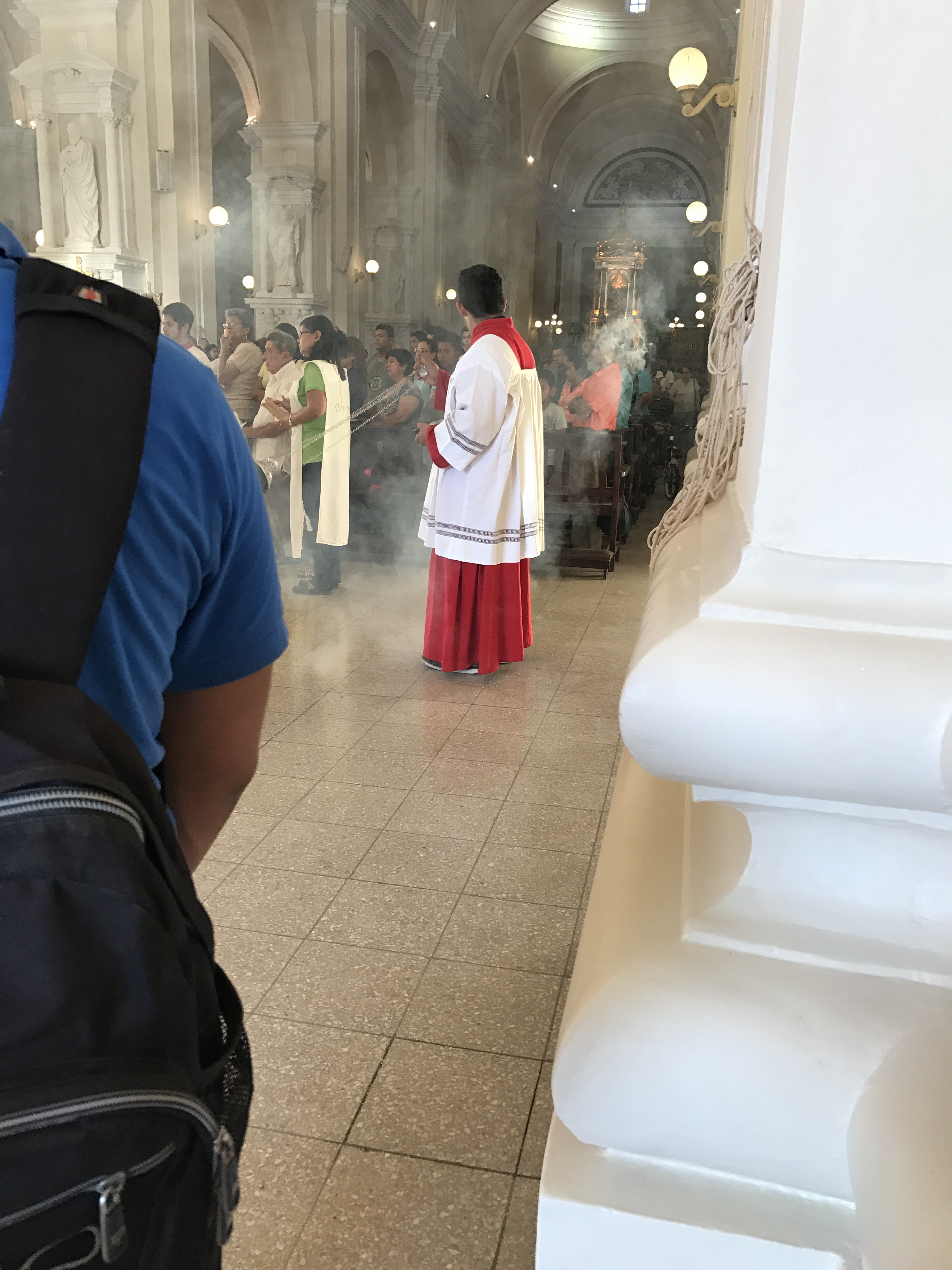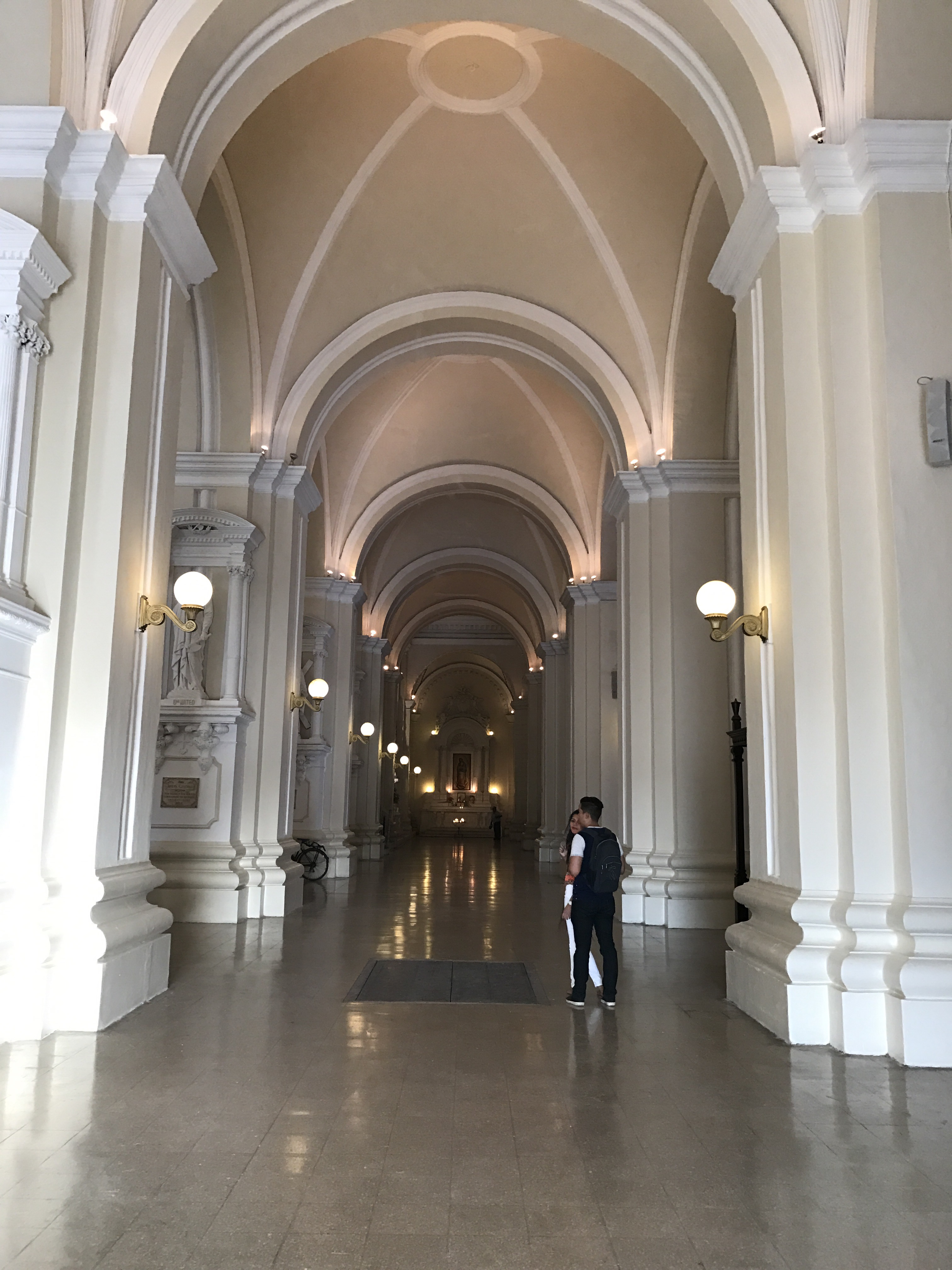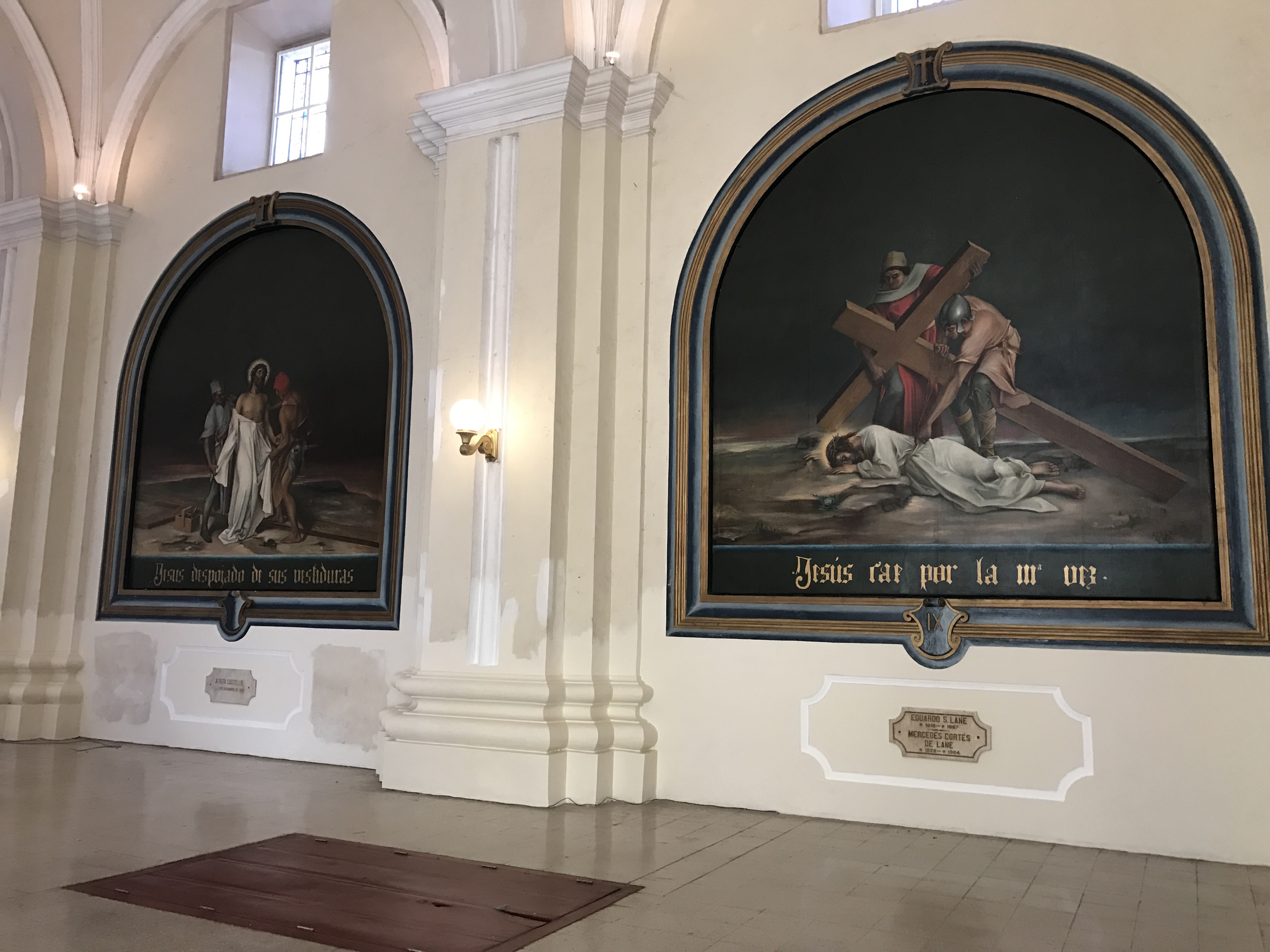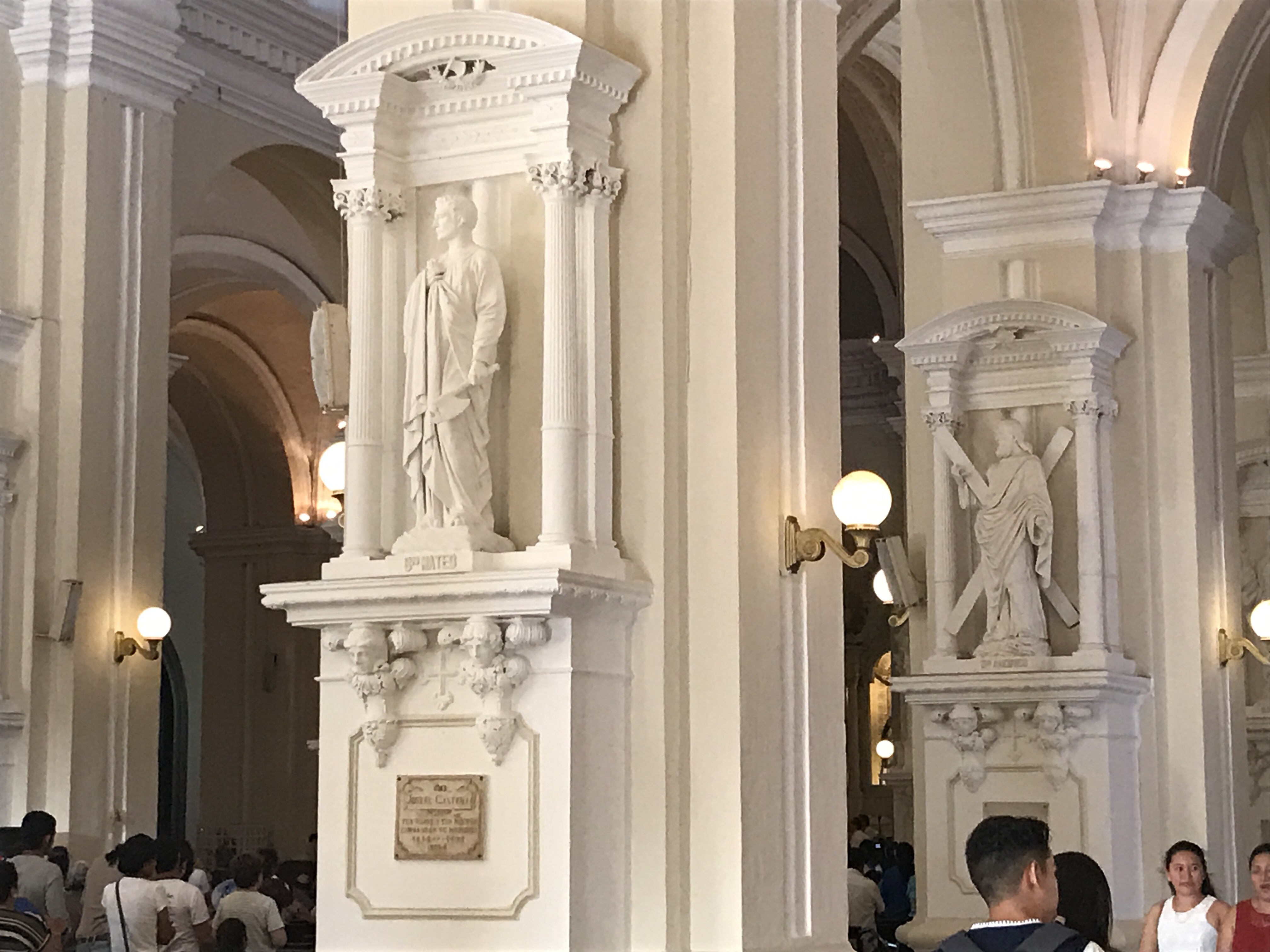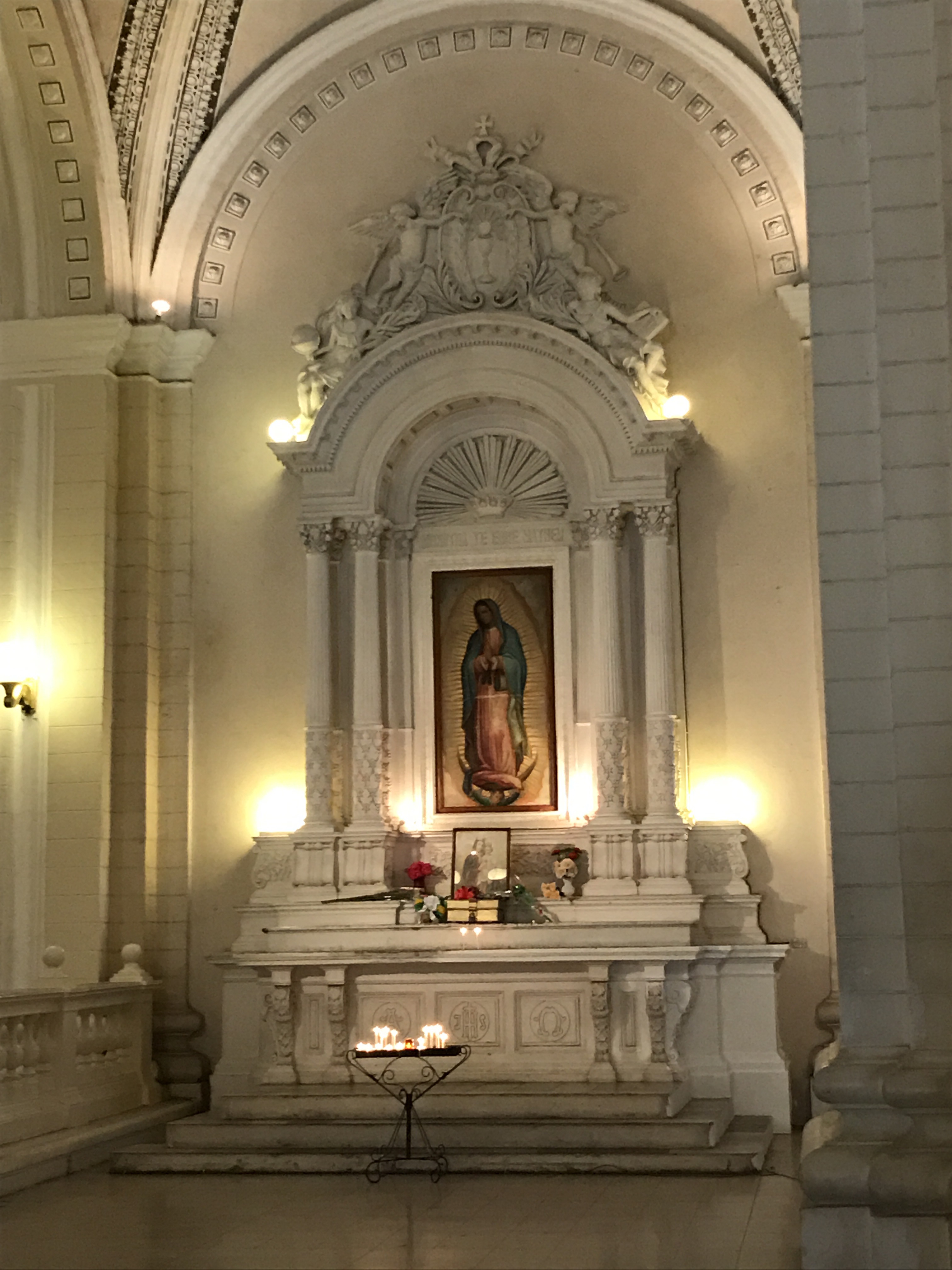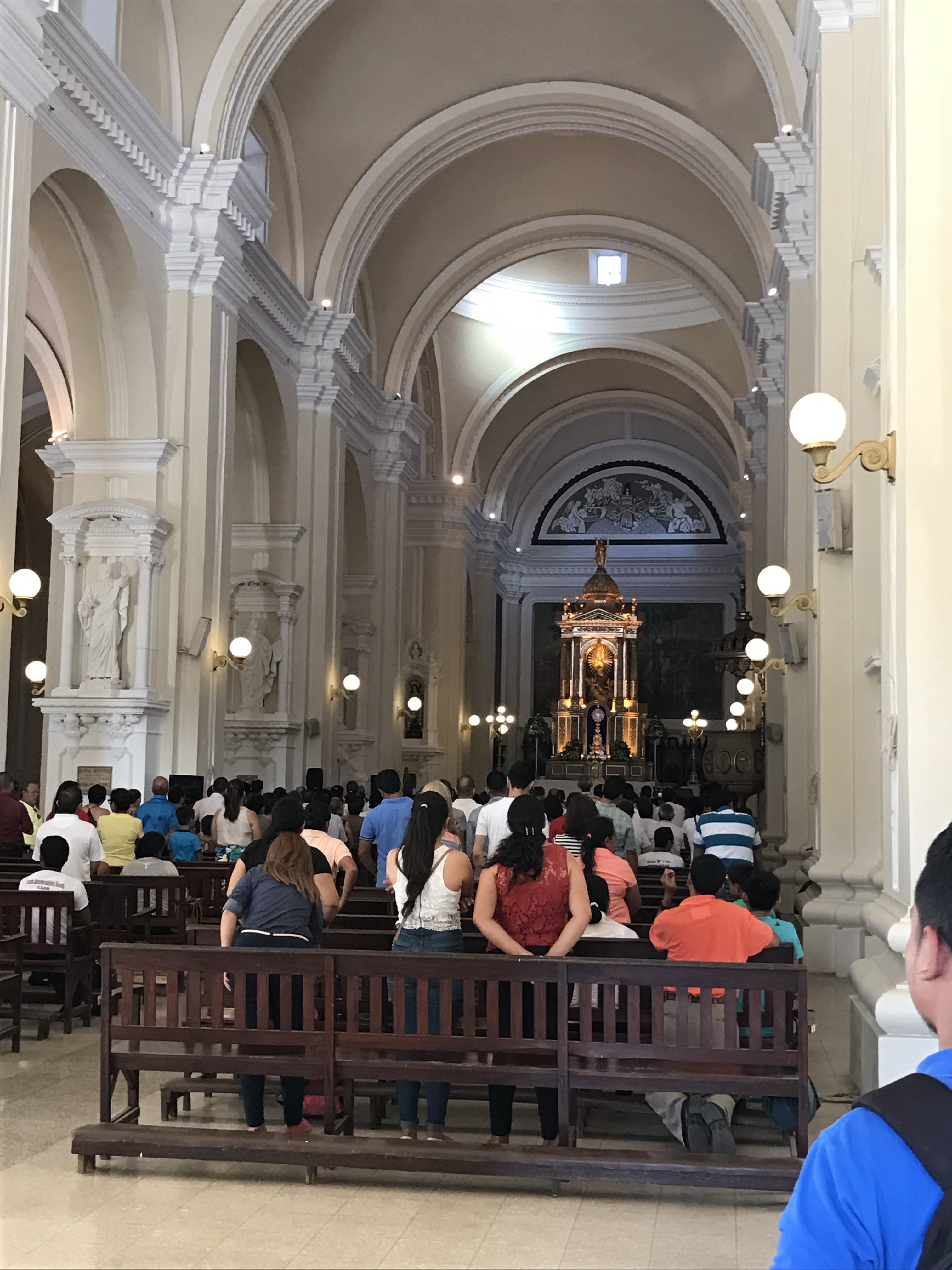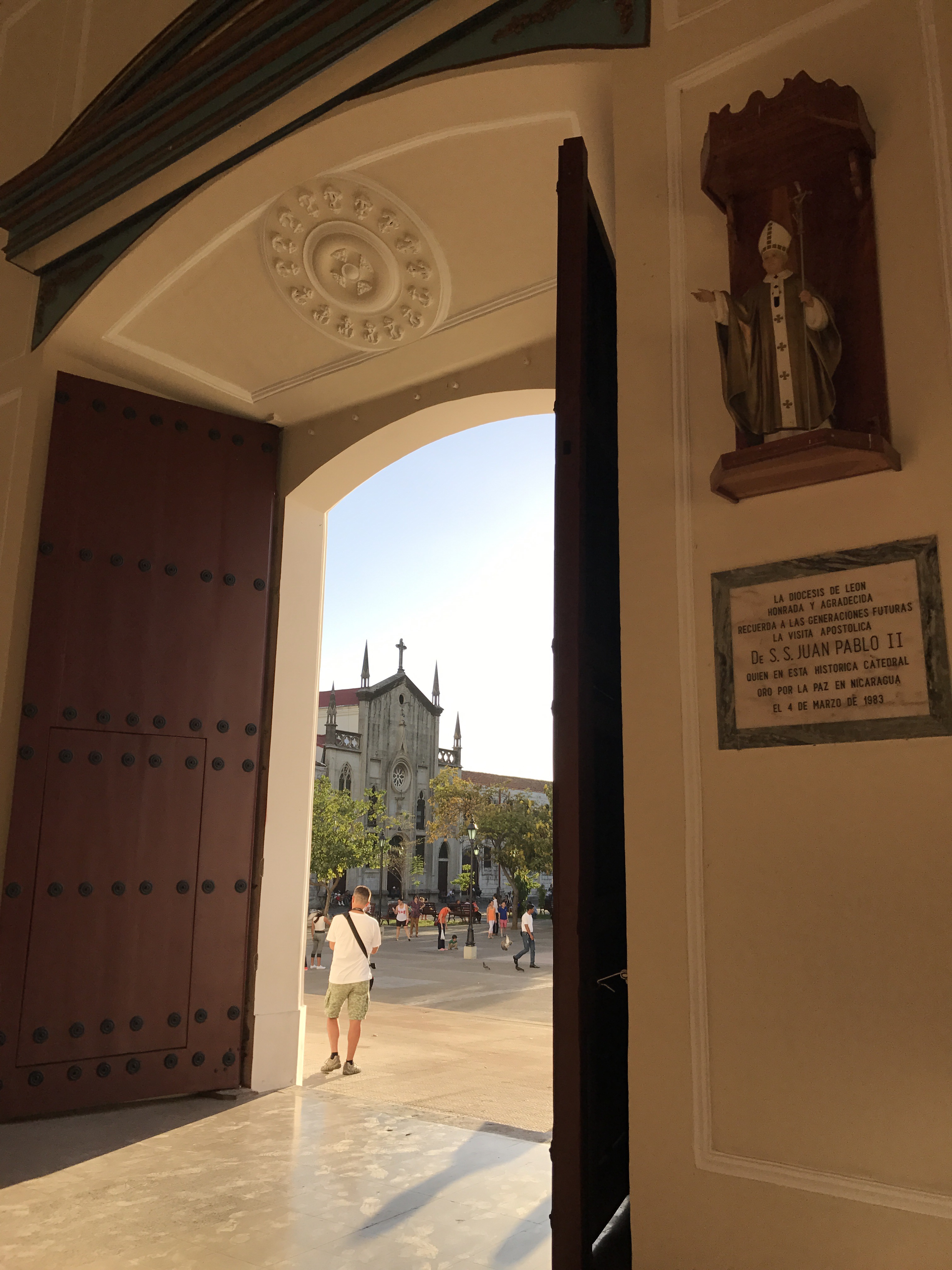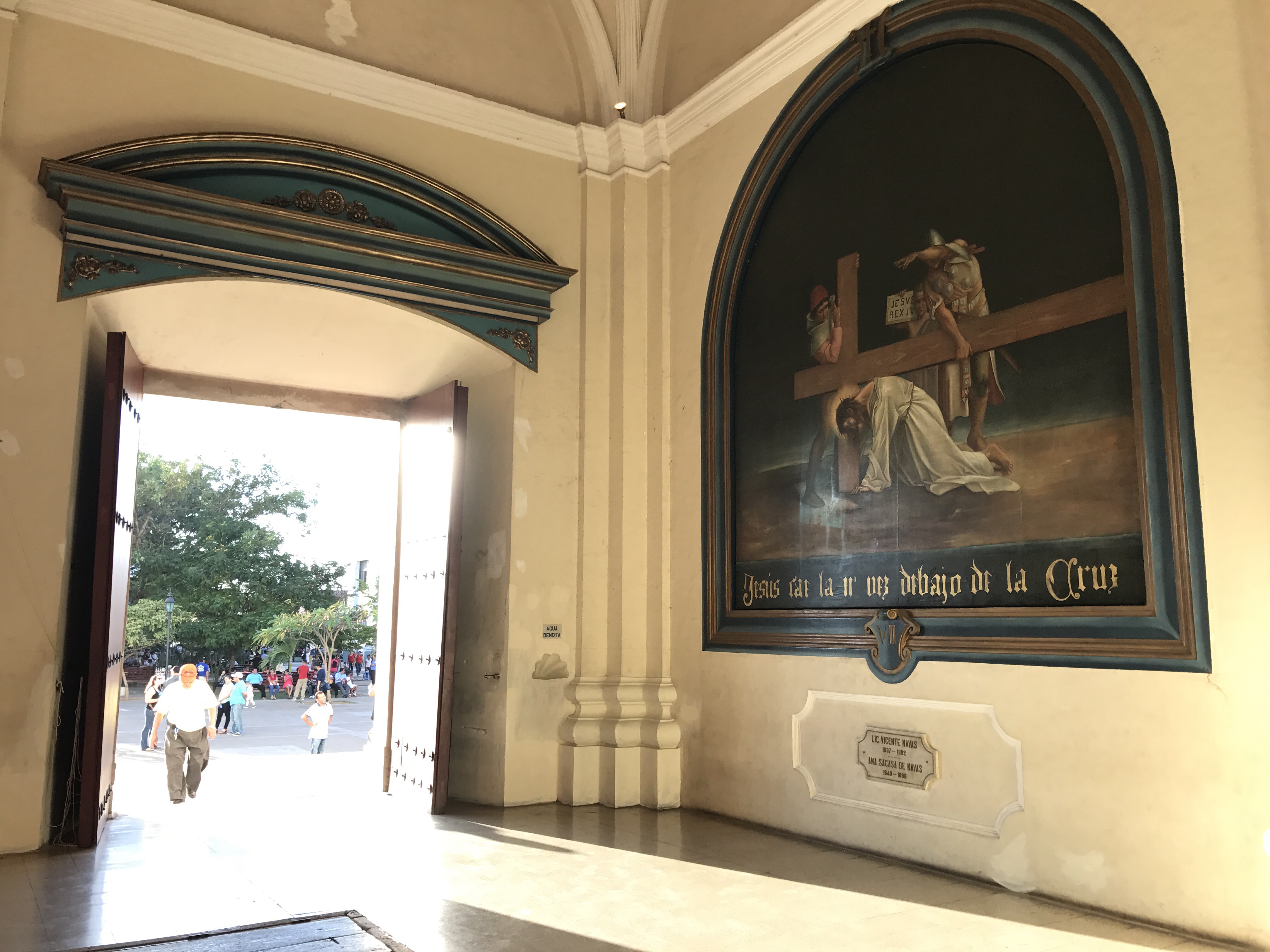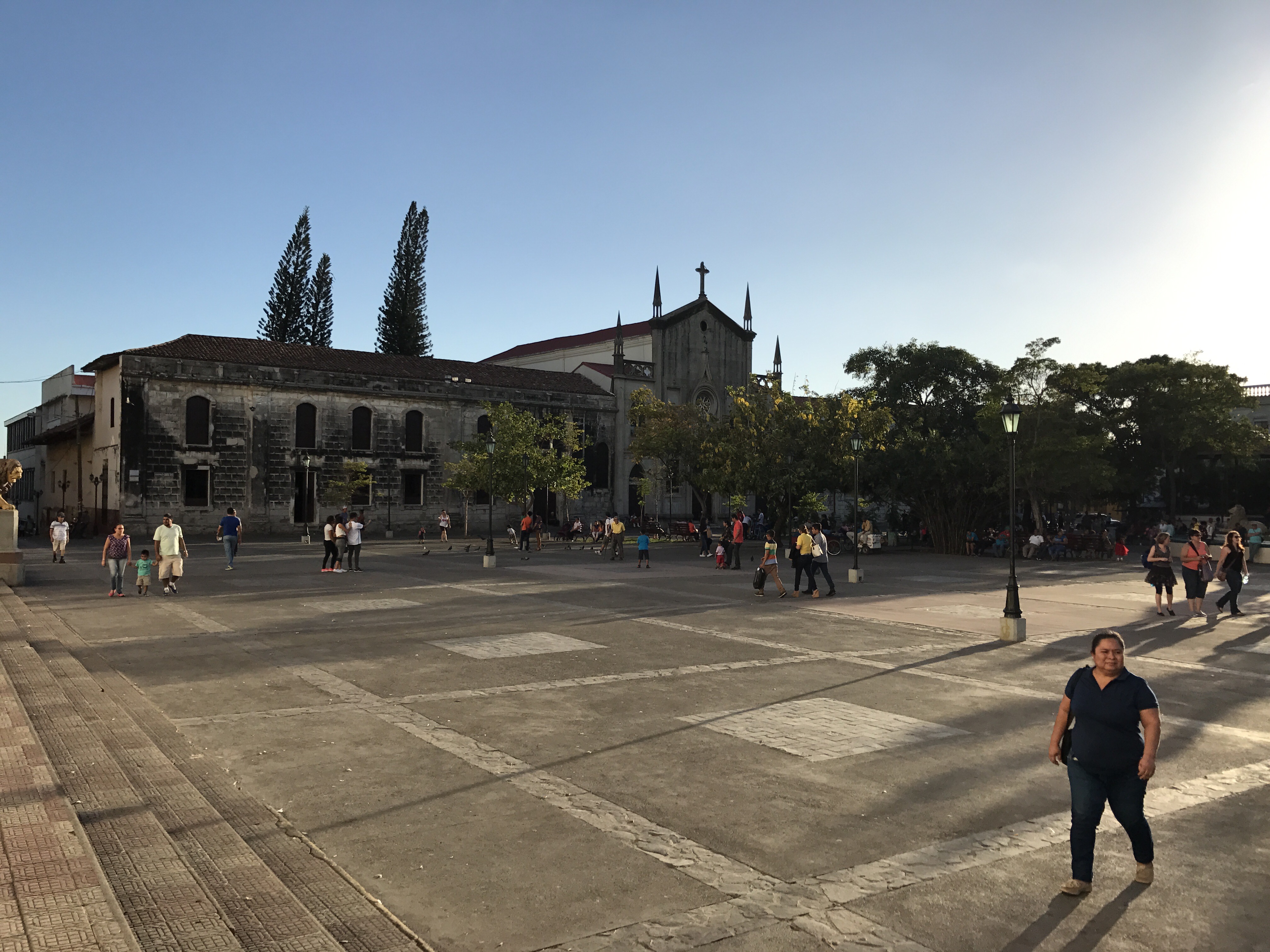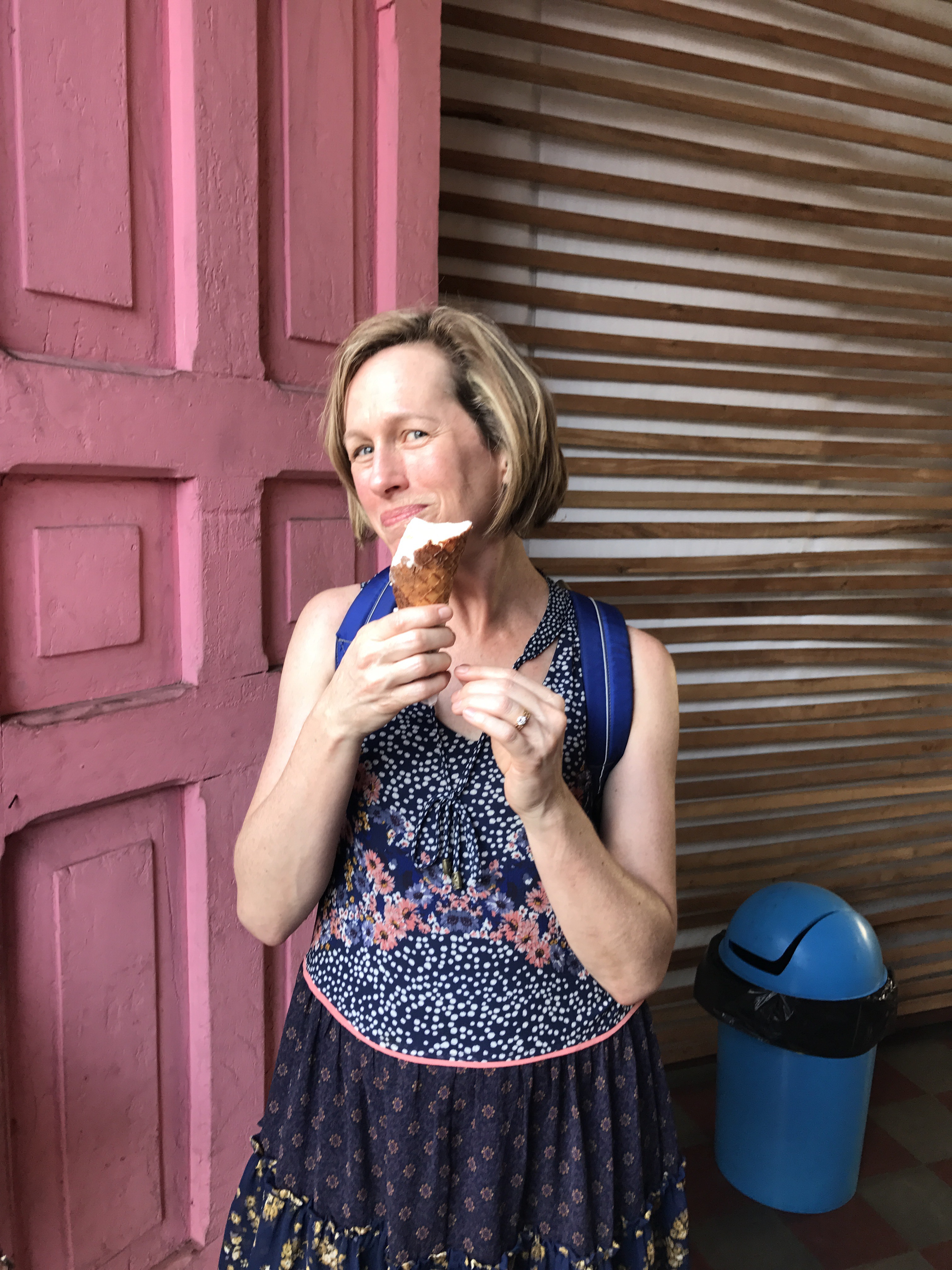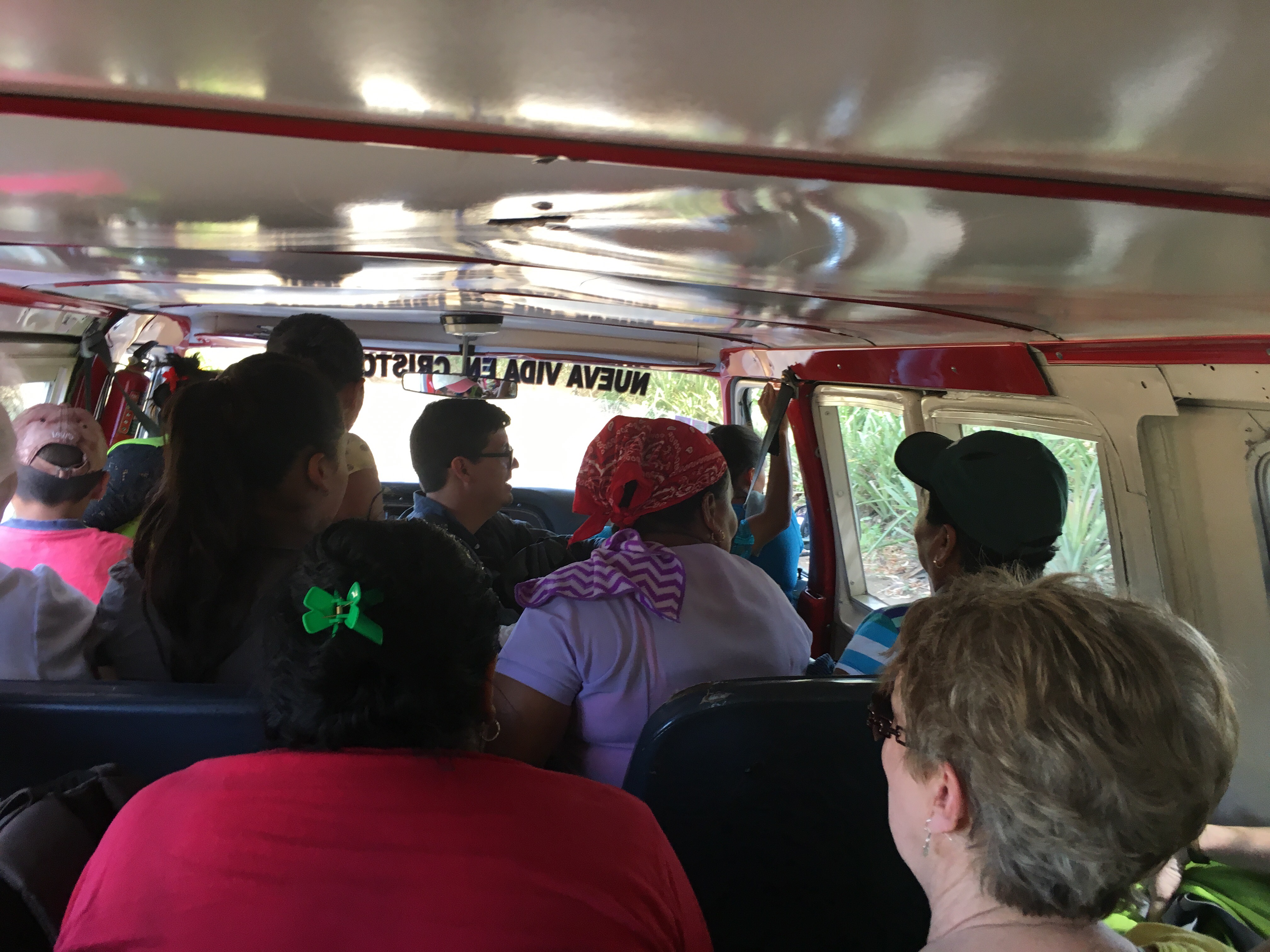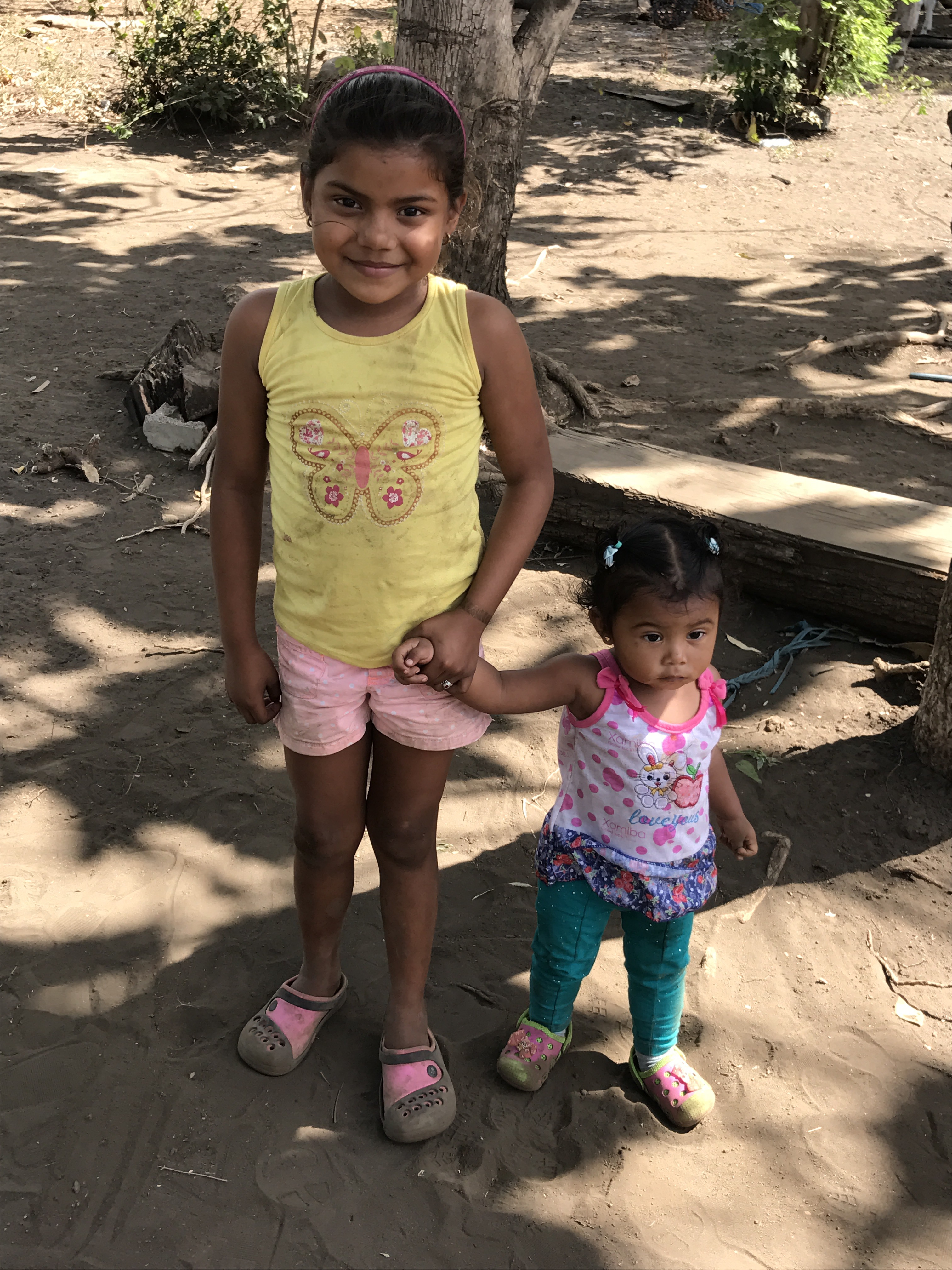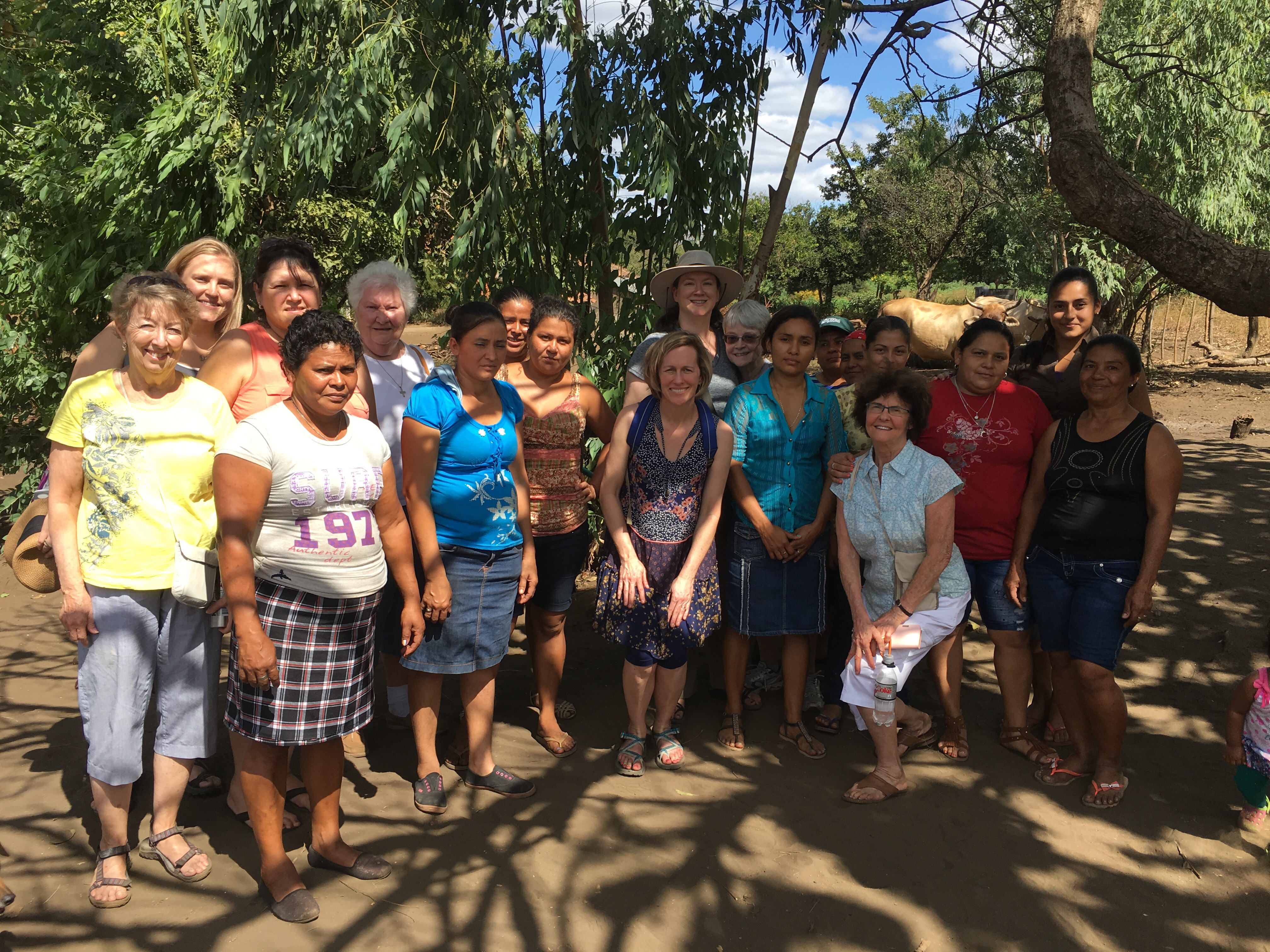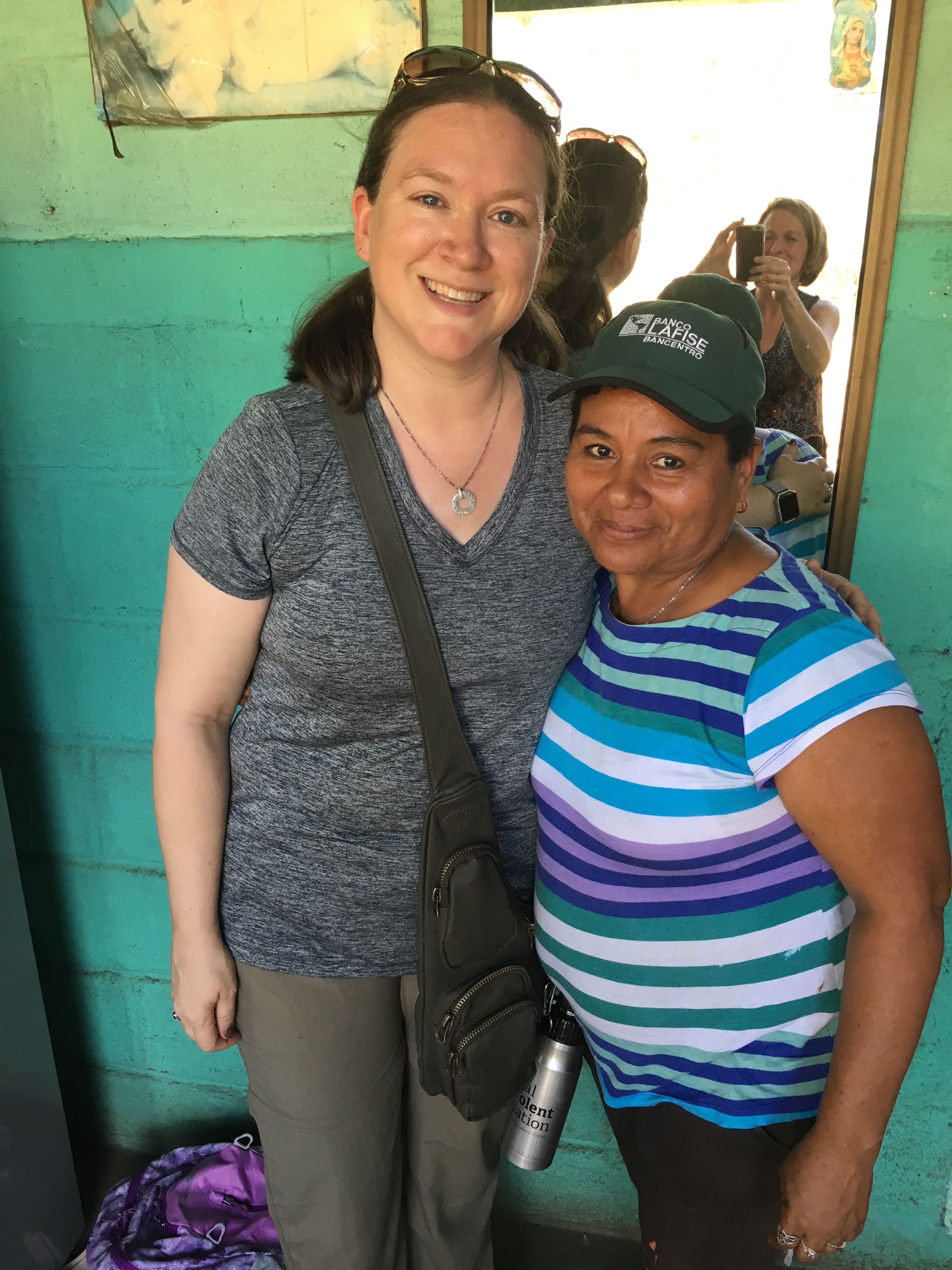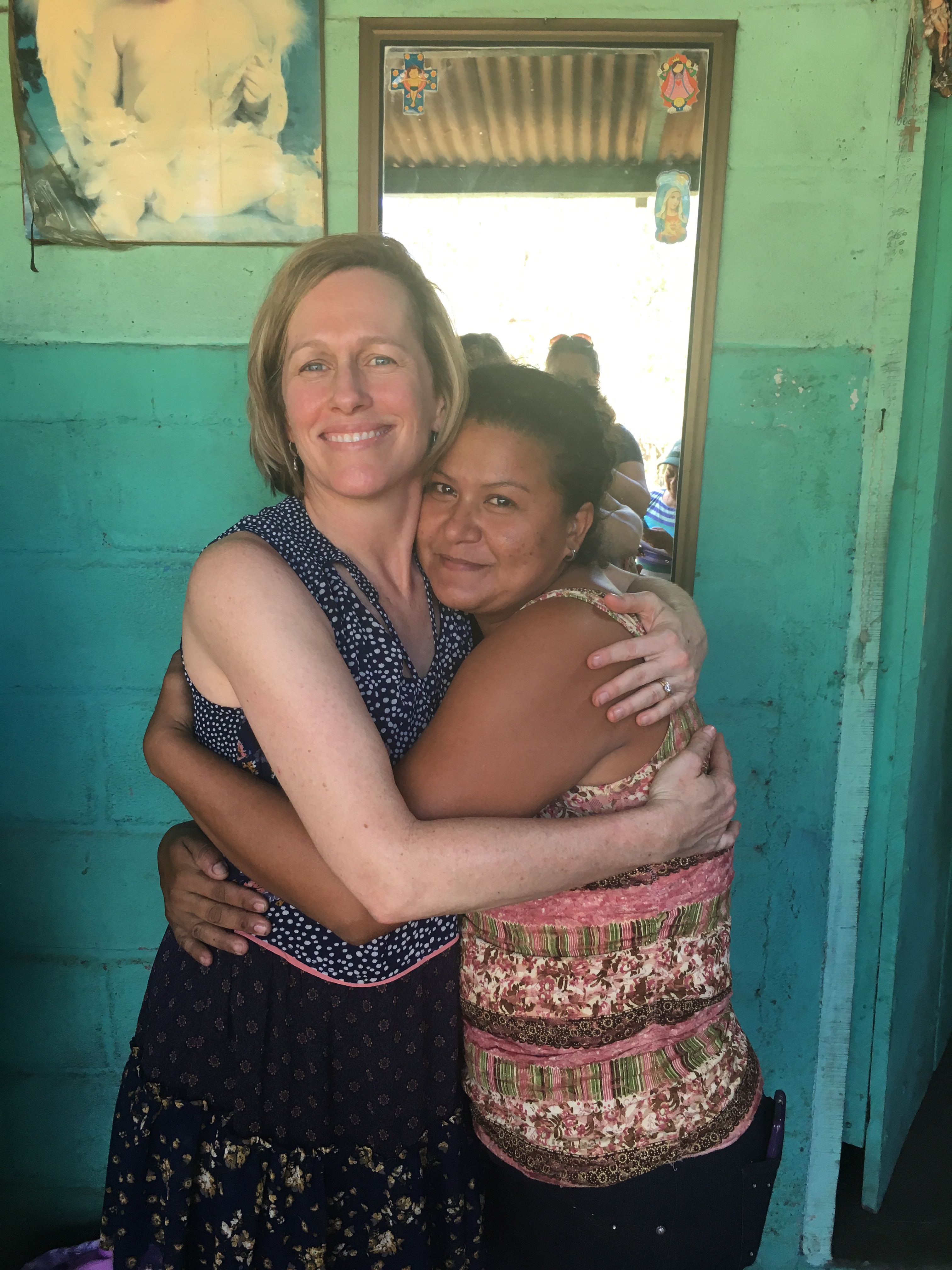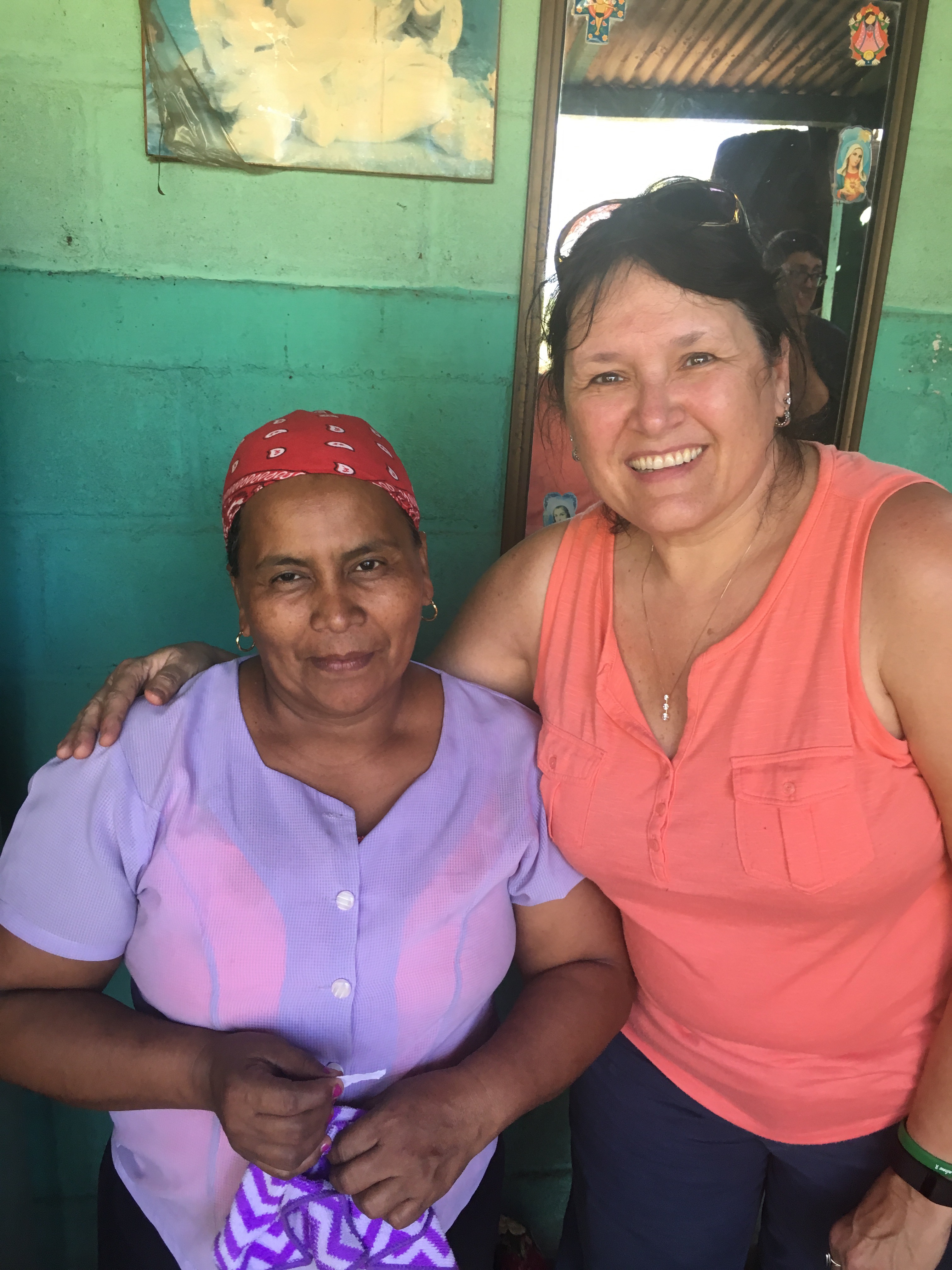“Wandering Heart: I’m Fixed Upon It” — Matthew 16:21-23 (CEV)
21 From then on, Jesus began telling his disciples what would happen to him. He said, “I must go to Jerusalem. There the nation’s leaders, the chief priests, and the teachers of the Law of Moses will make me suffer terribly. I will be killed, but three days later I will rise to life.” 22 Peter took Jesus aside and told him to stop talking like that. He said, “God would never let this happen to you, Lord!” 23 Jesus turned to Peter and said, “Satan, get away from me! You’re in my way because you think like everyone else and not like God.”
In Autumn of 2013 I was smack dab in the middle of a mountaintop moment. My dad had just survived a heart attack and, thanks to the generosity of friends, I’d been able to travel from my parents’ home straight to Minneapolis for a Bethany Fellows retreat that I’d thought I would have to miss when Dad’s heart attack upended my original travel plans.
At that retreat, in the middle of a caring community of young-ish pastors, I was overcome with gratitude. Dad was alive and had a good prognosis. The retreat center was a place filled with peace and natural beauty. My weary, anxious spirit was being tended. I was surrounded by friends and mentors who were my safe space, so I could truly rest. It was well with my soul.
Then, around 3 am on the last night of our retreat, everything shattered with a phone call. Dad had stopped breathing in his sleep. Mom had woken up and given him CPR until the paramedics arrived, so he was alive, but only just. He’d gone without oxygen long enough to sustain an anoxic brain injury and the neurologist didn’t think he’d make it. He was in an induced coma, basically on ice, and it would be several days before they warmed him back up to see if his brain could recover. All we could do was gather and wait and figure out how to pray.
With that phone call, any sense of peace and gratitude I’d had was ripped out from under me. I was reeling, terrified, angry. The things I’d known only hours before no longer felt true – and wouldn’t for a long while.
It was much the same for Peter, I think. Coming off his own mountaintop experience, when he’d gotten it right and correctly named Jesus the Messiah, he was riding high and walking tall. Jesus had named him the Rock, the one upon whom the Church would be built, and said he would receive the keys to the kingdom. I imagine in that moment, Pete was feeling pretty blissful.
But then, a breath later, Jesus tells the disciples that they are headed to Jerusalem, and that in the holy city he will suffer and die. And just like that, everything Peter thought he understood was yanked out from beneath him. So in that moment he does what we all tend to do: he cries out in protest saying, “Surely God wouldn’t let this happen to YOU!”
Jesus responds to Peter with some of the toughest words I’ve ever heard from scripture: “Satan, get away from me! You’re in my way because you think like everyone else and not like God.” In other translations of the Bible you’ve heard these words as: “Get thee behind me, Satan!”
Whew. That’s pretty harsh, right?
To understand Jesus’ response to Peter, you’ve got to remember a couple of things. First, remember the quality of their friendship. Our closest friends can tell us things no one else can – they have the power and usually the permission to tell us when we’re not being our true selves, to call us out when we’re being destructive, to point out the ways that we’re self-sabotaging and making our own lives miserable. If a stranger or acquaintance told us these things, we’d be hopping mad. But the people we love and trust most can tell us the same hard thing and while it might still cause anger, it also pierces our armor, cutting through pride down to our core so that we can really hear it. Jesus and Peter had that kind of friendship.
Second, when Jesus calls Peter “Satan” he’s not talking about the red guy with horns and a pitchfork who personifies evil. That understanding of Satan developed over multiple centuries, long after Jesus’ earthly ministry, and would have been unrecognizable to Jesus or to Peter. Instead, when Jesus uses the word, he’s referring to the Hebrew Bible understanding found in places like the Book of Job, where Satan (or ha’ Satan in Hebrew) is a heavenly prosecuting attorney who tries people’s faithfulness through trials and temptations.
Calling Peter “Satan” is Jesus’ way of saying both: don’t tempt me away from the path I’m called to walk, AND you don’t really understand who I am after all.
Jesus’ mind was fixed upon the path he’d been called to walk – a path that led through Jerusalem towards a cross. But Peter’s mind was fixed upon something different. Though he’d rightly called Jesus the Messiah, he still understood the Messiah as a political or military figure – one anointed to save, triumph, and lead an earthly kingdom. How could Jesus be the Messiah if he was going to be captured, tried, tortured, and killed? How was that a victory?
Beyond that, Peter’s mind was fixed on his FRIEND. He couldn’t bear the thought that this man, whom he loved and followed, would suffer in such a way. How could God allow such a thing?
It’s so very relatable, really. Who among us would casually accept the news that a beloved will suffer and die? Who among us hasn’t grieved the death of a loved one and asked how God could allow such a thing as cancer or murder, accident or Alzheimer’s? Who among us wouldn’t scream to the heavens if we knew in advance that a friend would die by violence?
In the year that passed between my father’s brain injury and his death, we swung back and forth between the gravest despair and highest hope. His neurologist said there was no hope, but two months later Dad started talking and knew who we were. Then our medical insurance system put him in the worst of places, choosing to save money instead of promote healing – and he died after recurring rounds of infection. During those months, I railed at God, begged God, bargained with God, cursed God. And while God sometimes had a tough word to share in reply, God never cursed or abandoned me.
The same is true for Peter. Though Jesus reprimanded him, pointing out that he didn’t understand where God was in the events stretching out before them, he didn’t push Peter away. He didn’t withdraw his blessing, telling him he could no longer be the Rock of the coming Church. He didn’t take away the keys, like a parent grounding a teenager. Instead, he told him the hard truth and kept on walking with him.
Faith and faithfulness don’t shield us from hardship. God doesn’t micromanage the universe deciding who gets ALS or who gets hit by a bus. Instead, God chooses to be with us in our joys and our suffering, helping us to heal, grow, grieve, and move forward through the hard realities of a world shaped by natural forces and human will. We can learn this from the life of Peter and from the stories of our own lives, looking back on the ways that no matter what we might endure and no matter what curses we might scream in response, God never leaves us or lets us go. For even when hardship and grief keep us from being fixed upon God’s mission in the world, God’s heart remains fixed upon us.
Thanks be to God, Amen.
